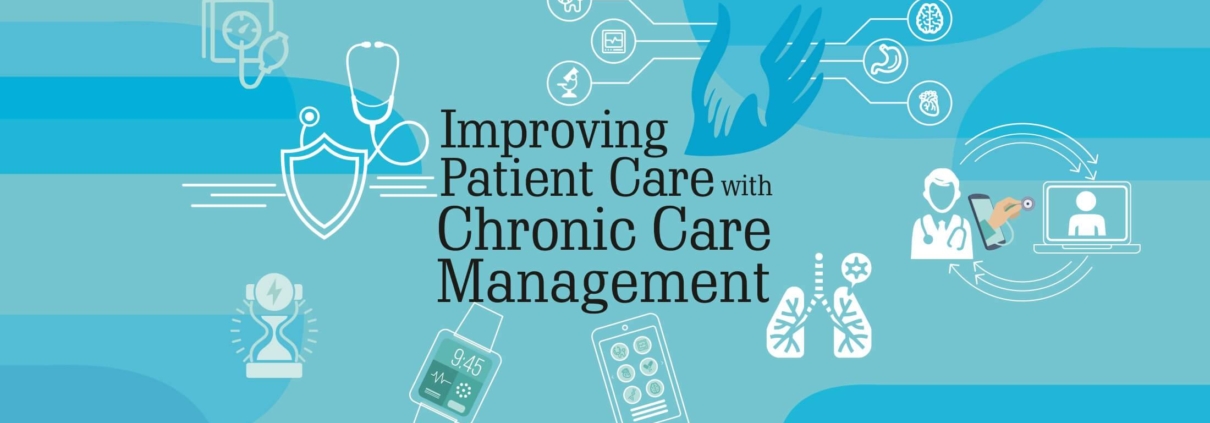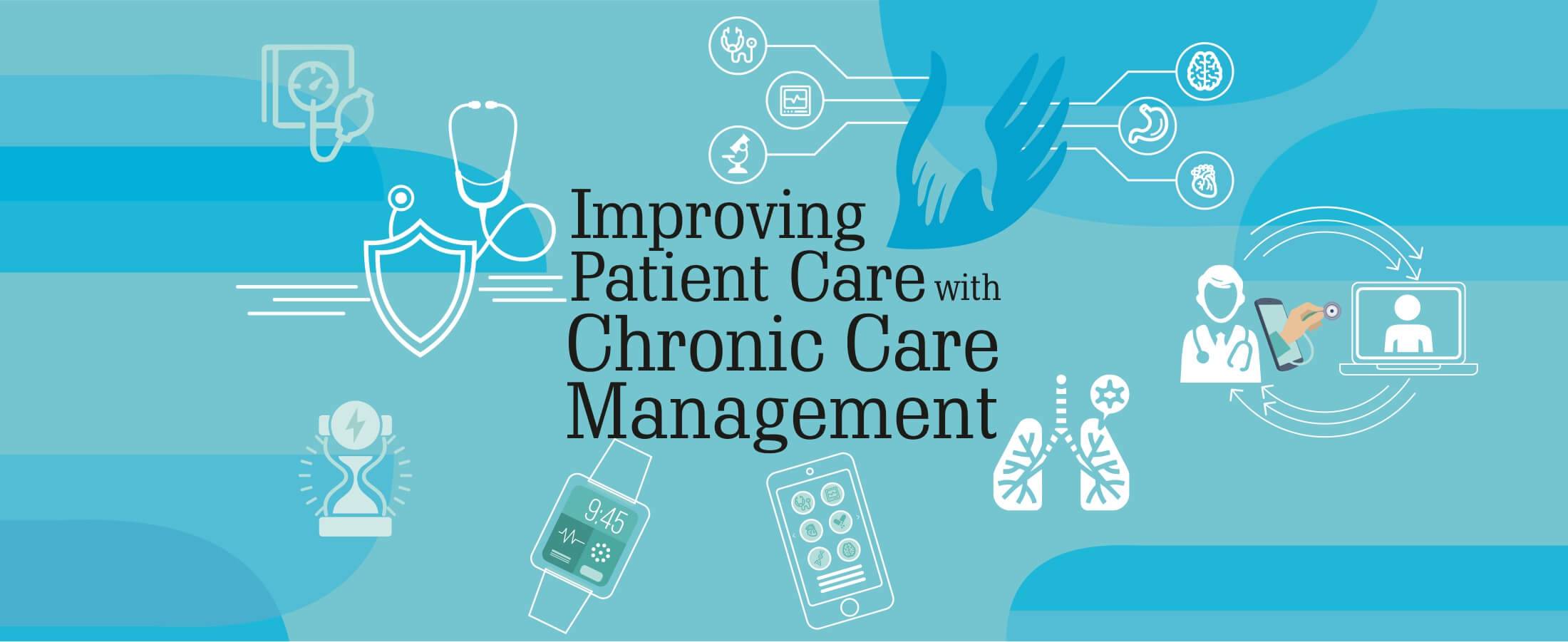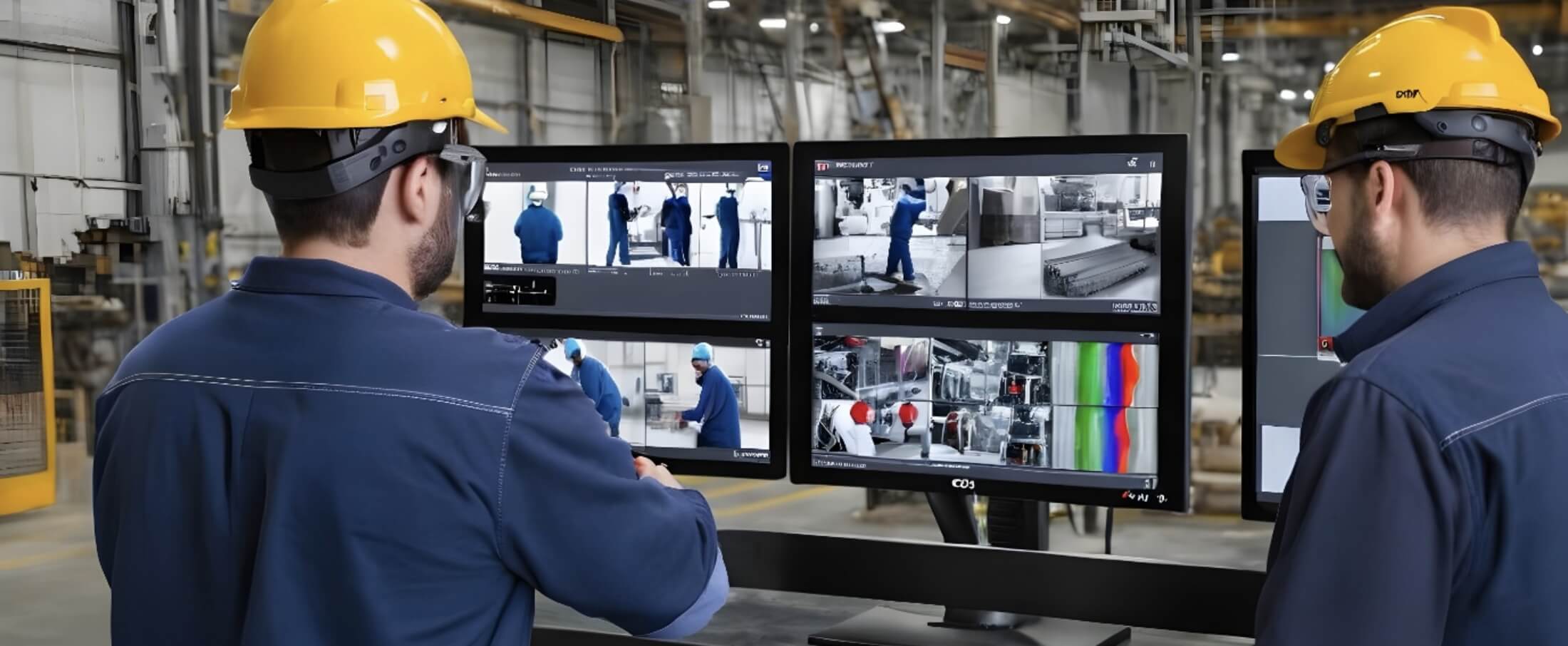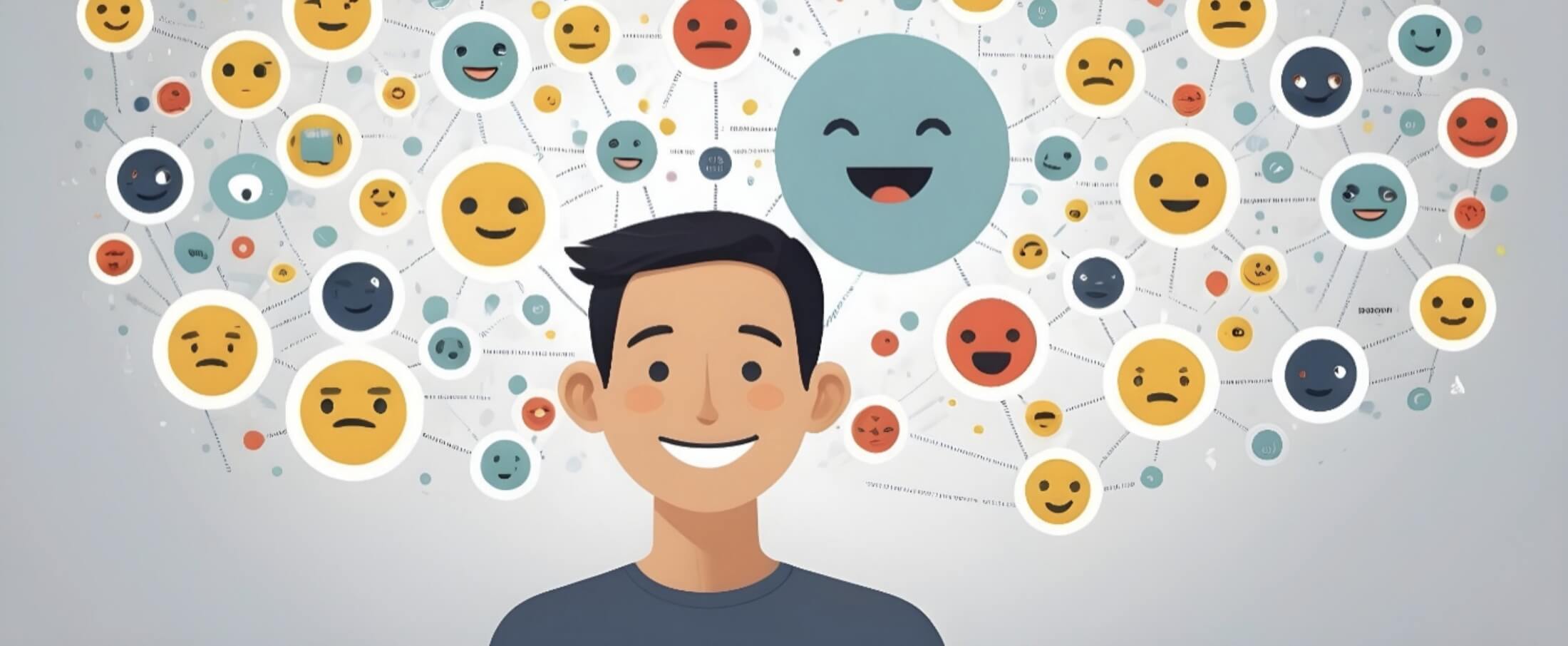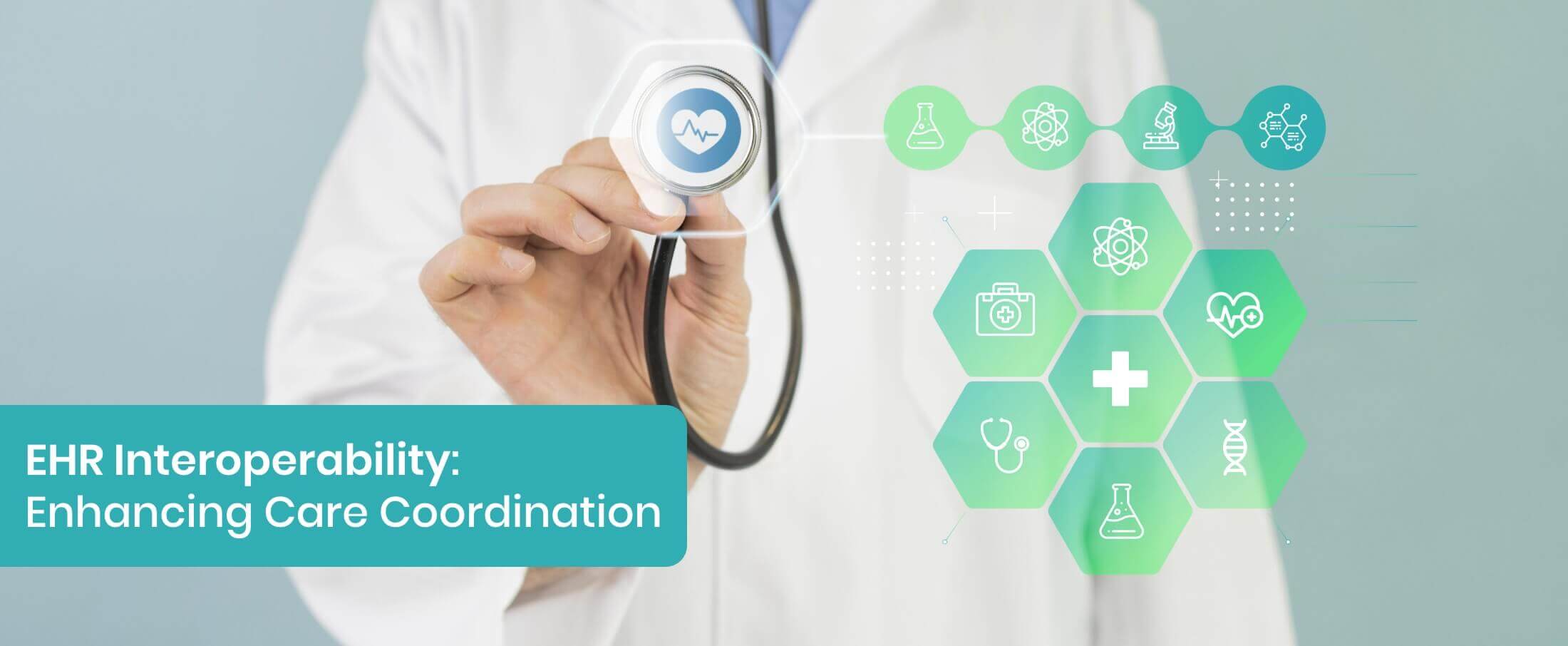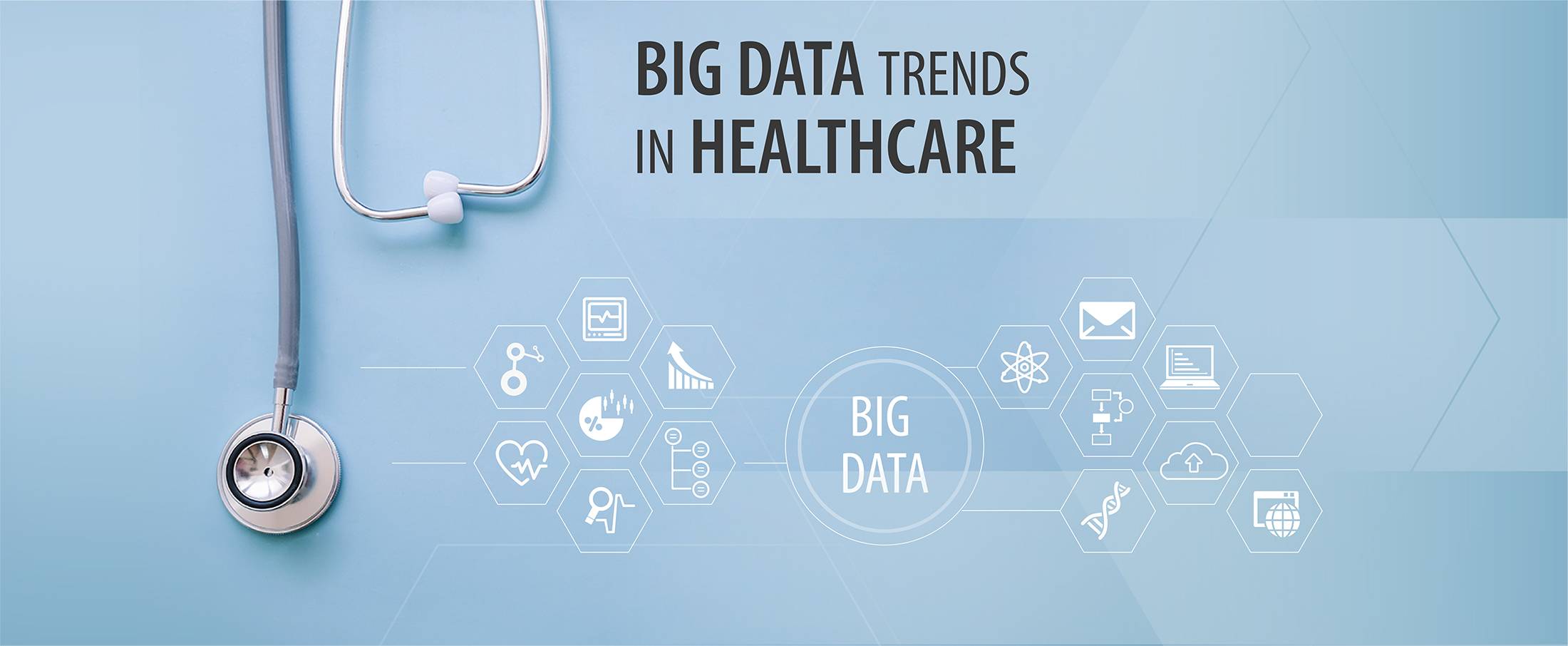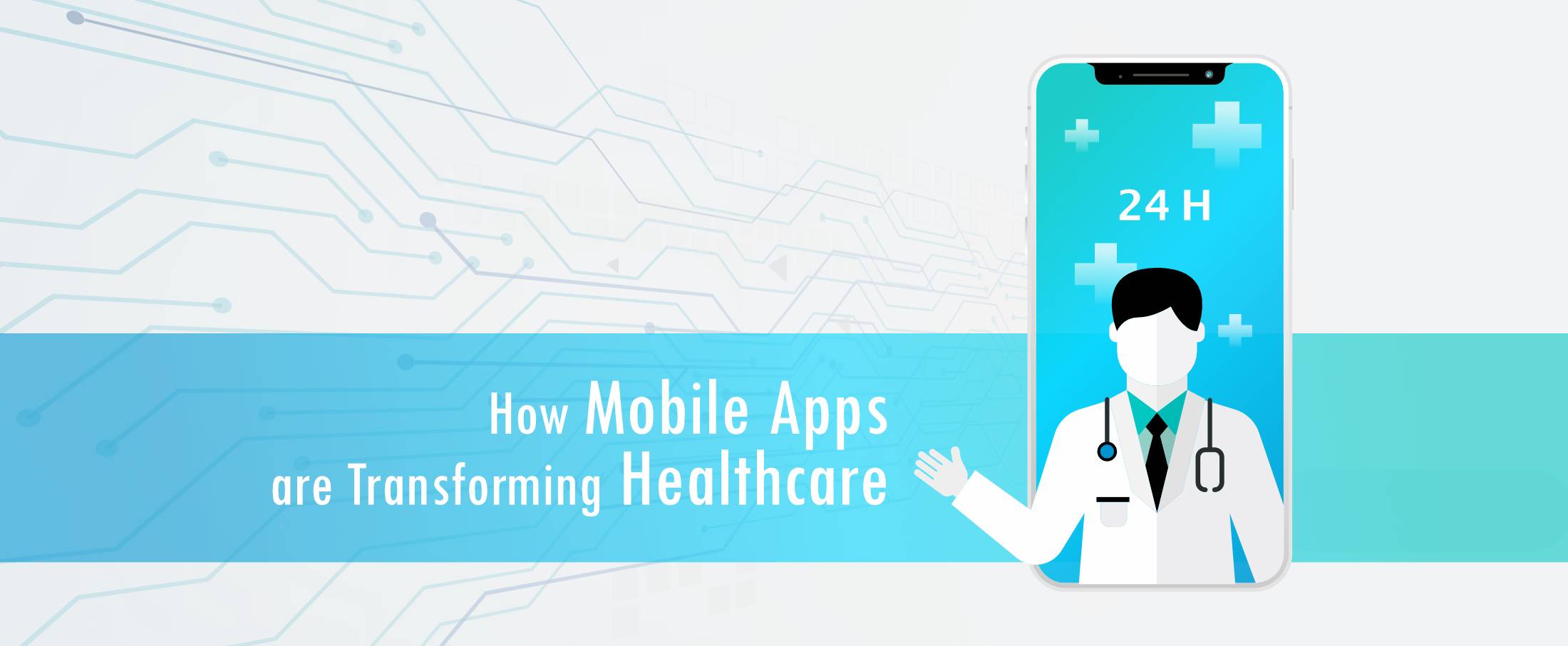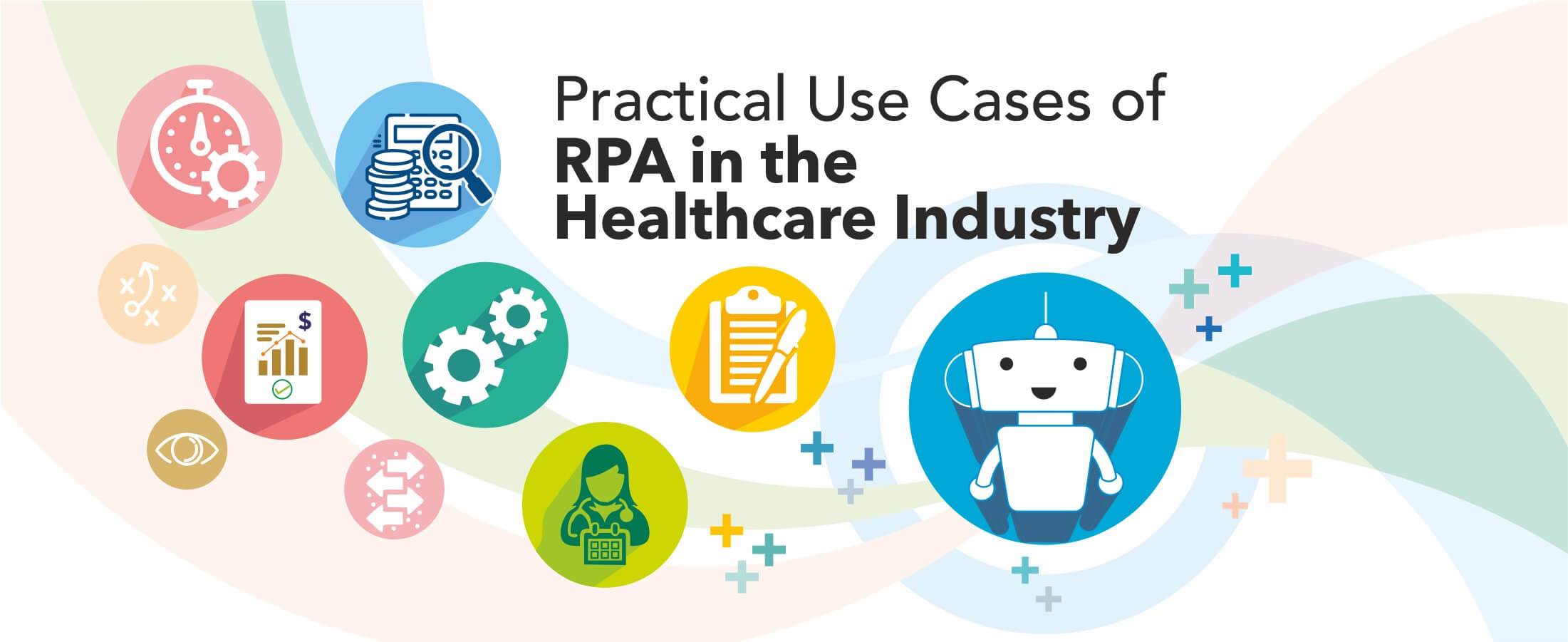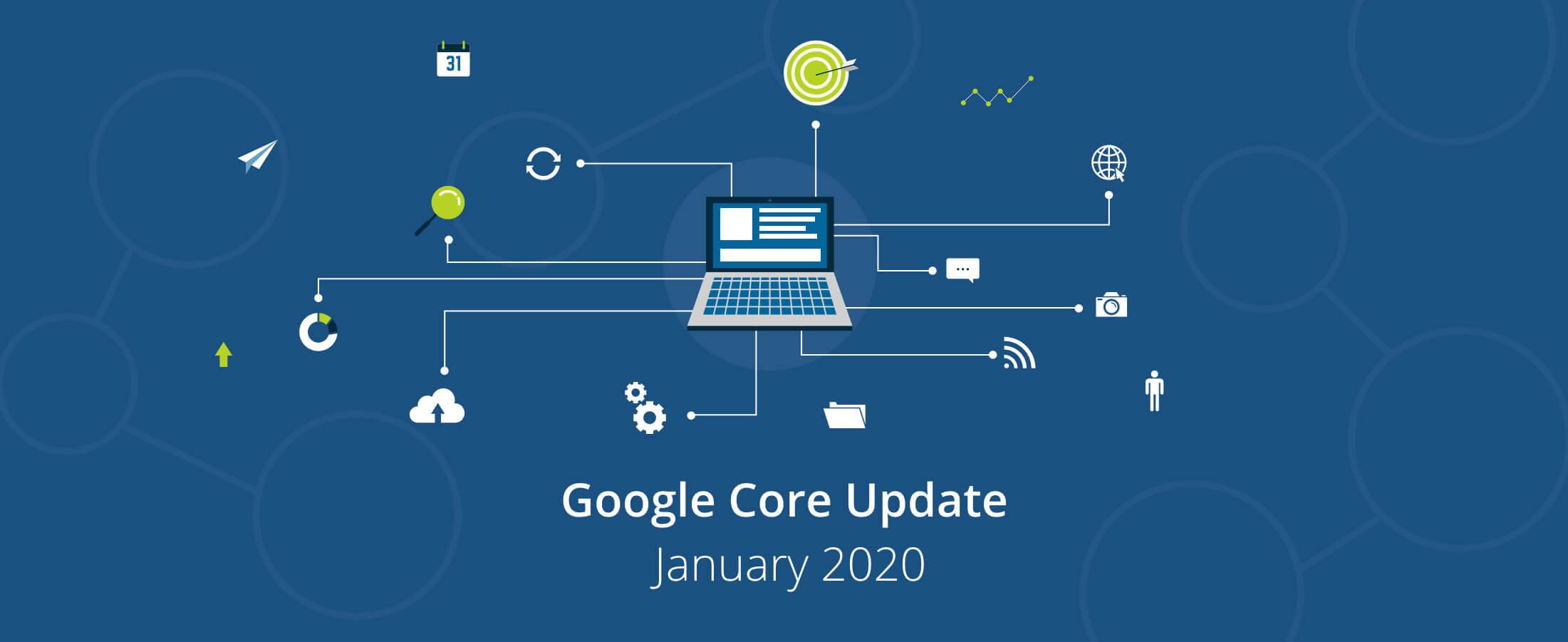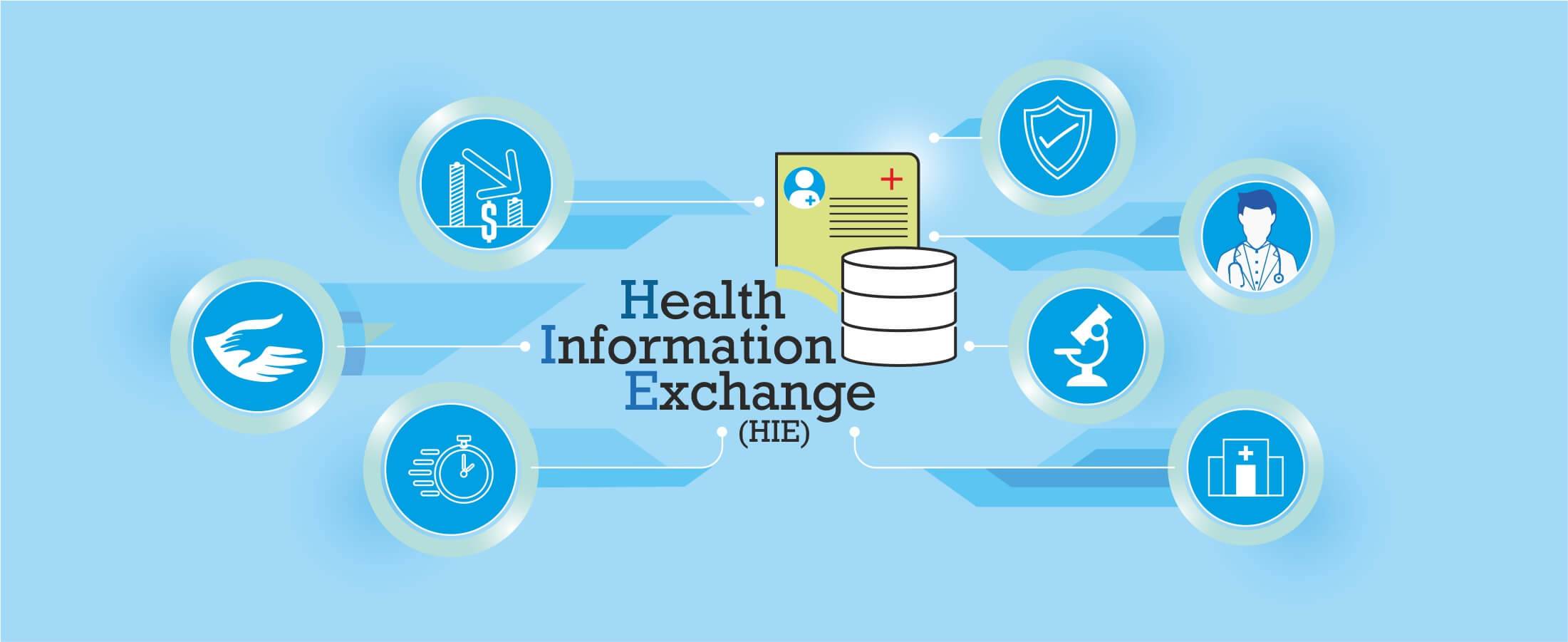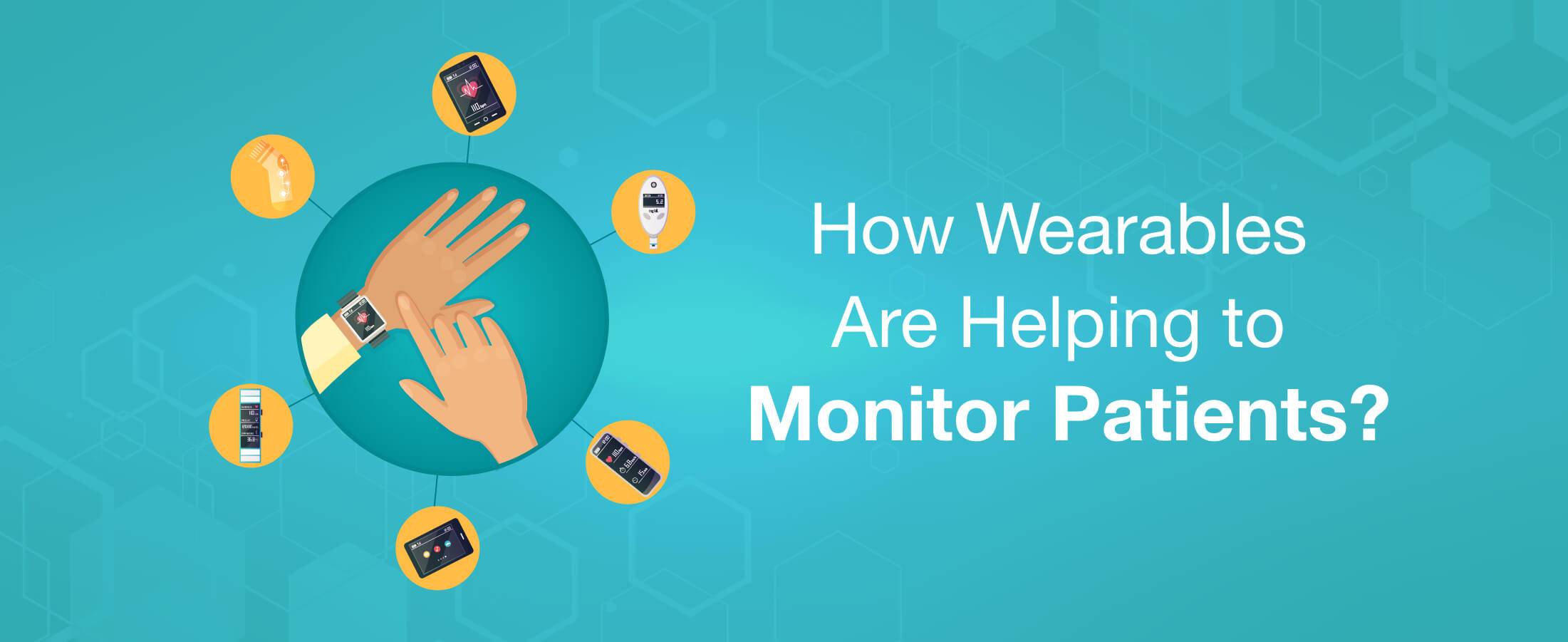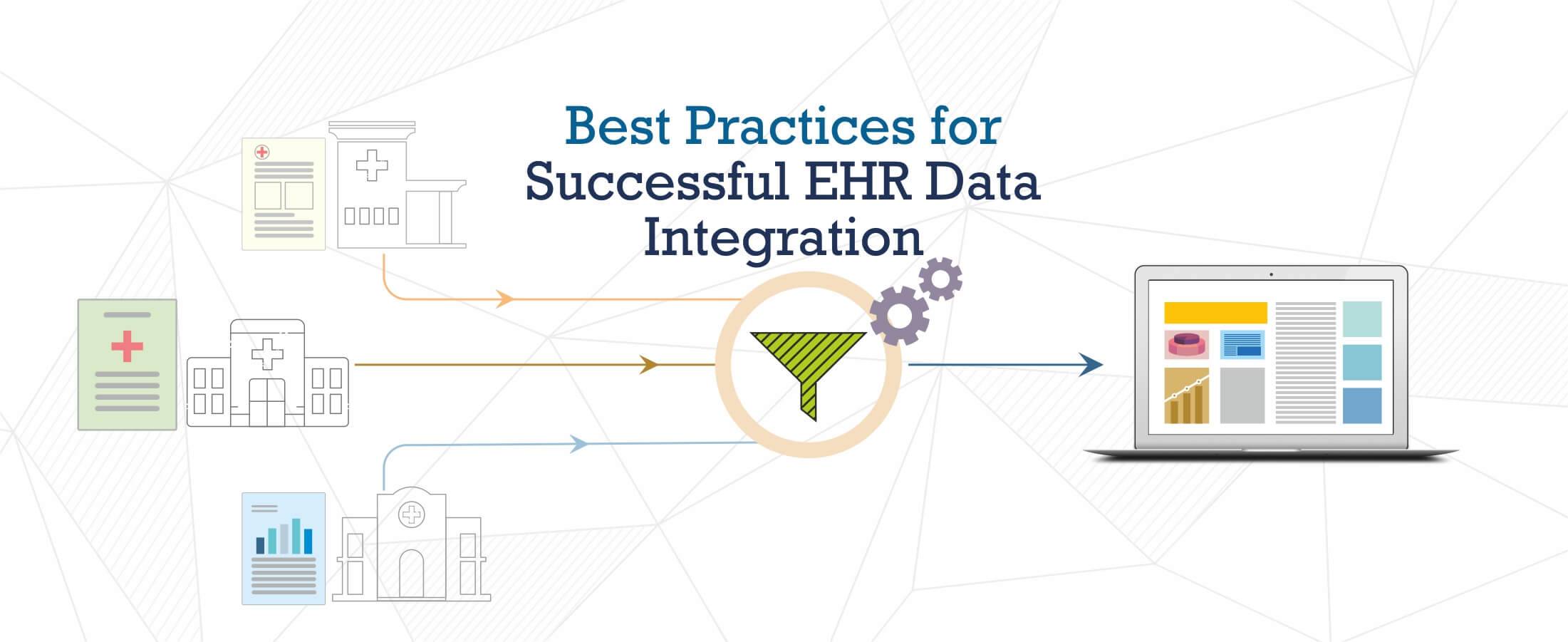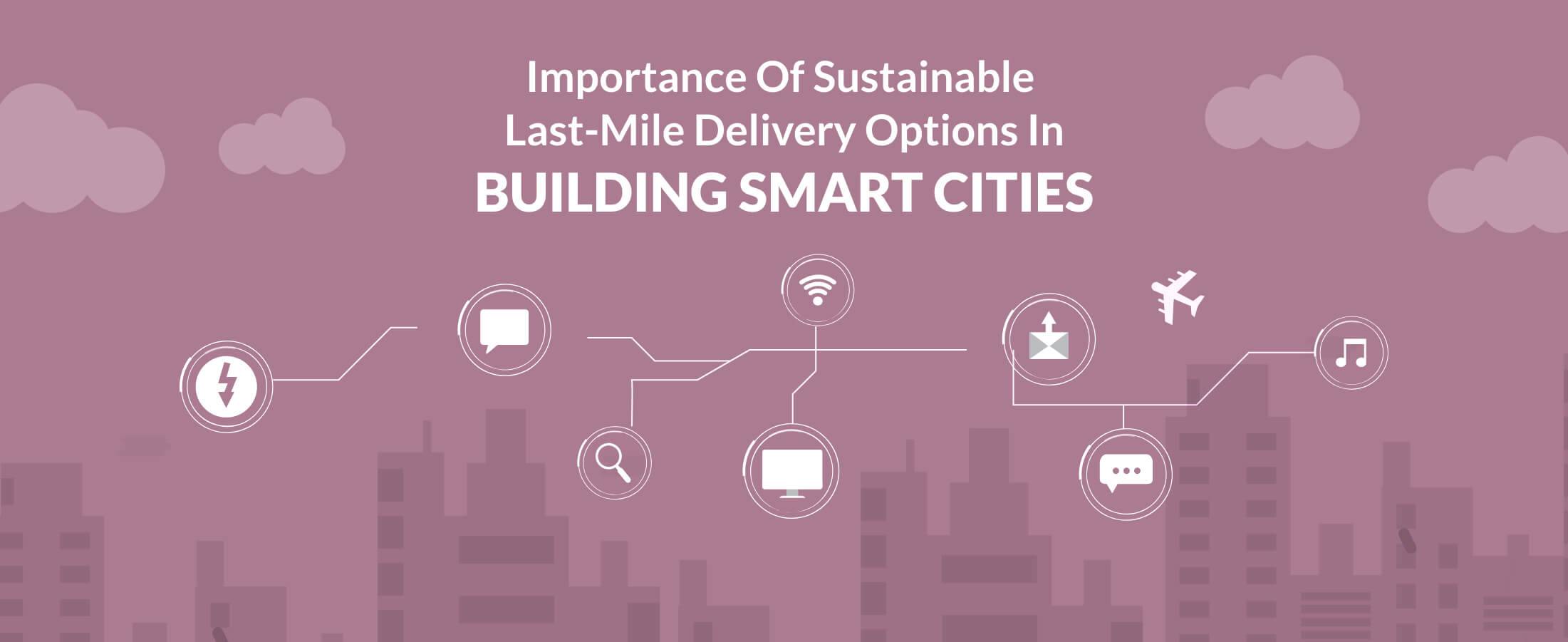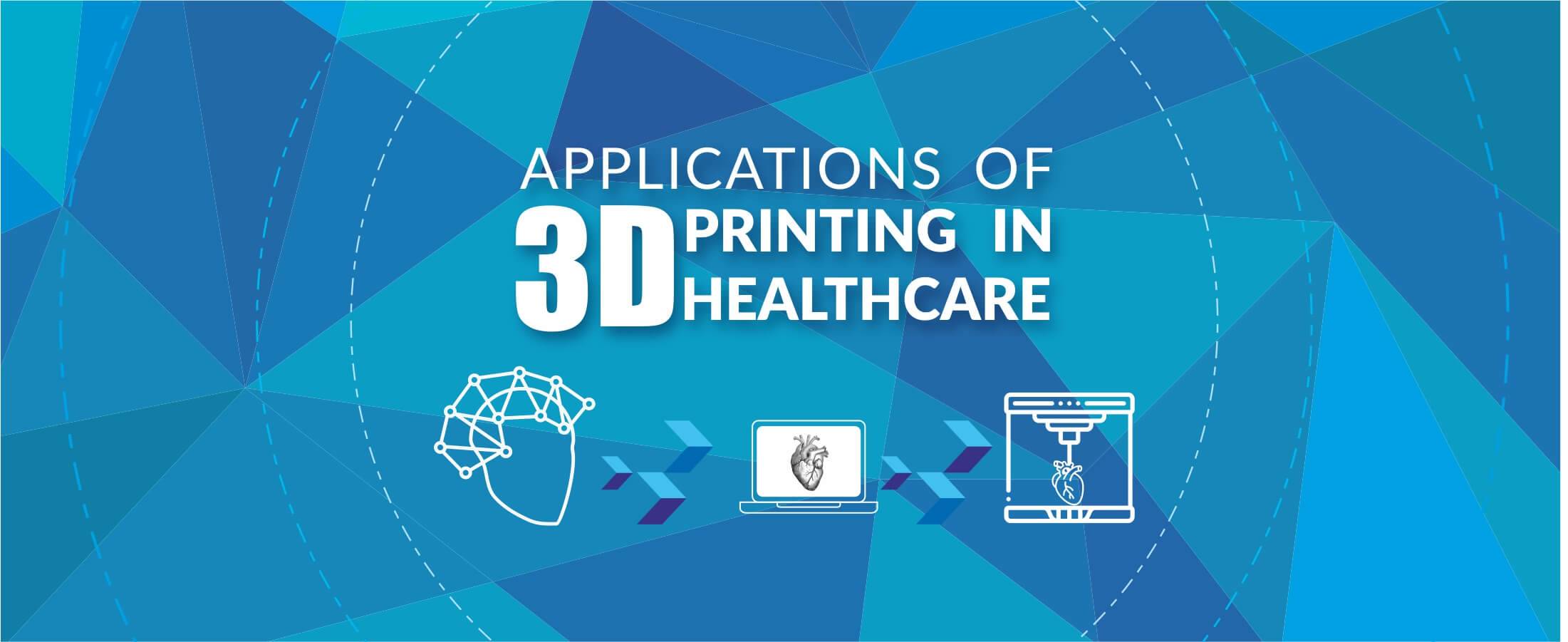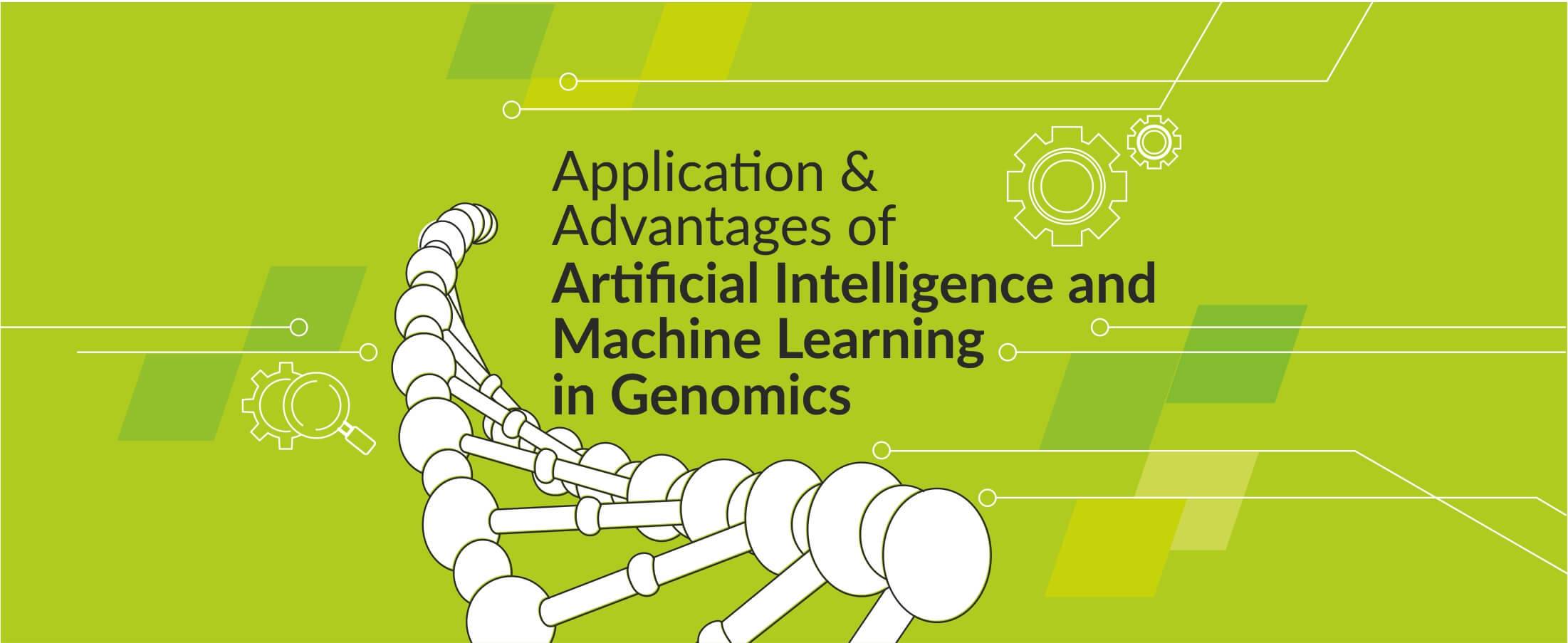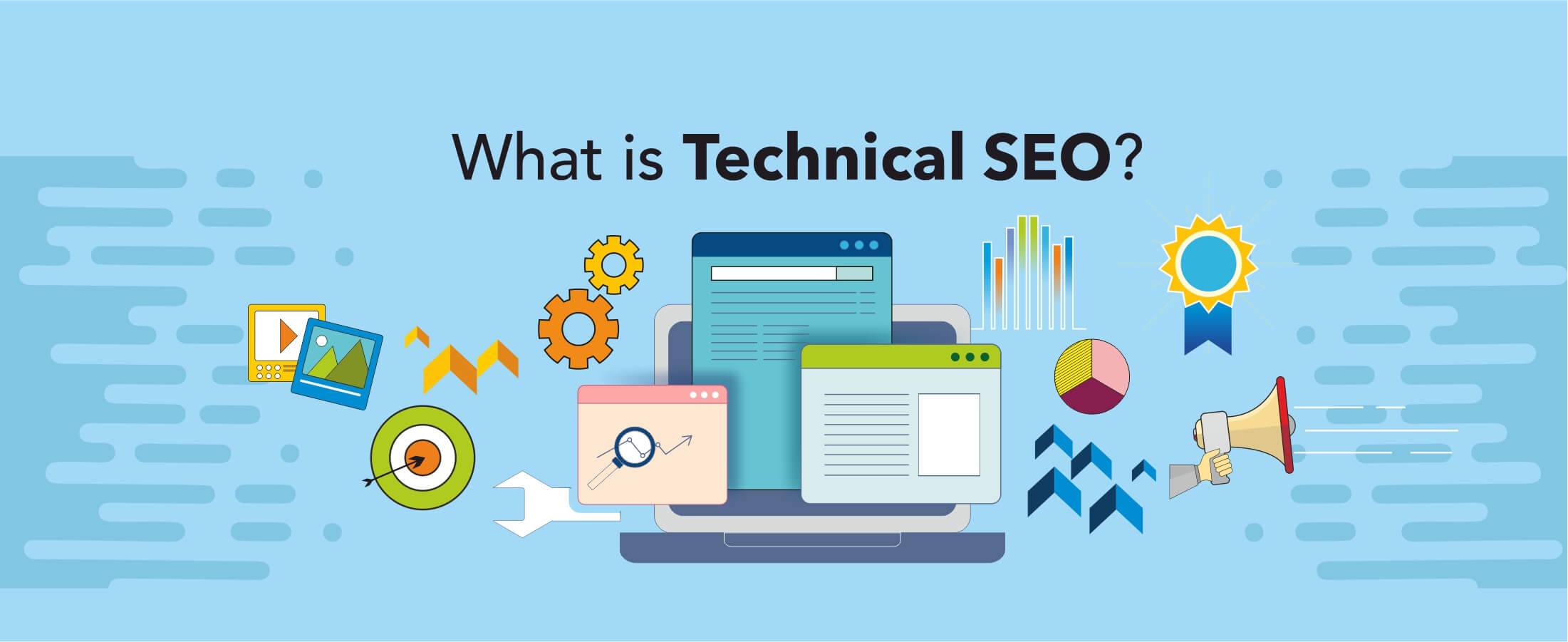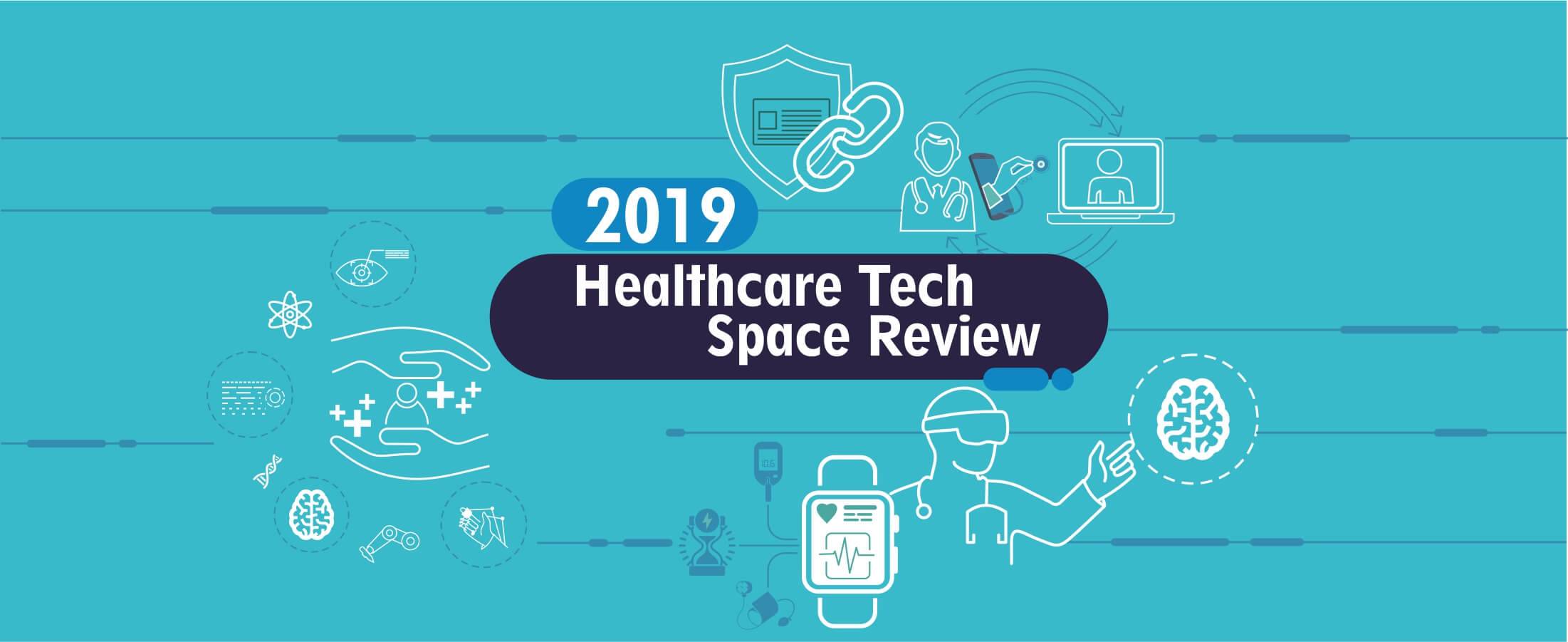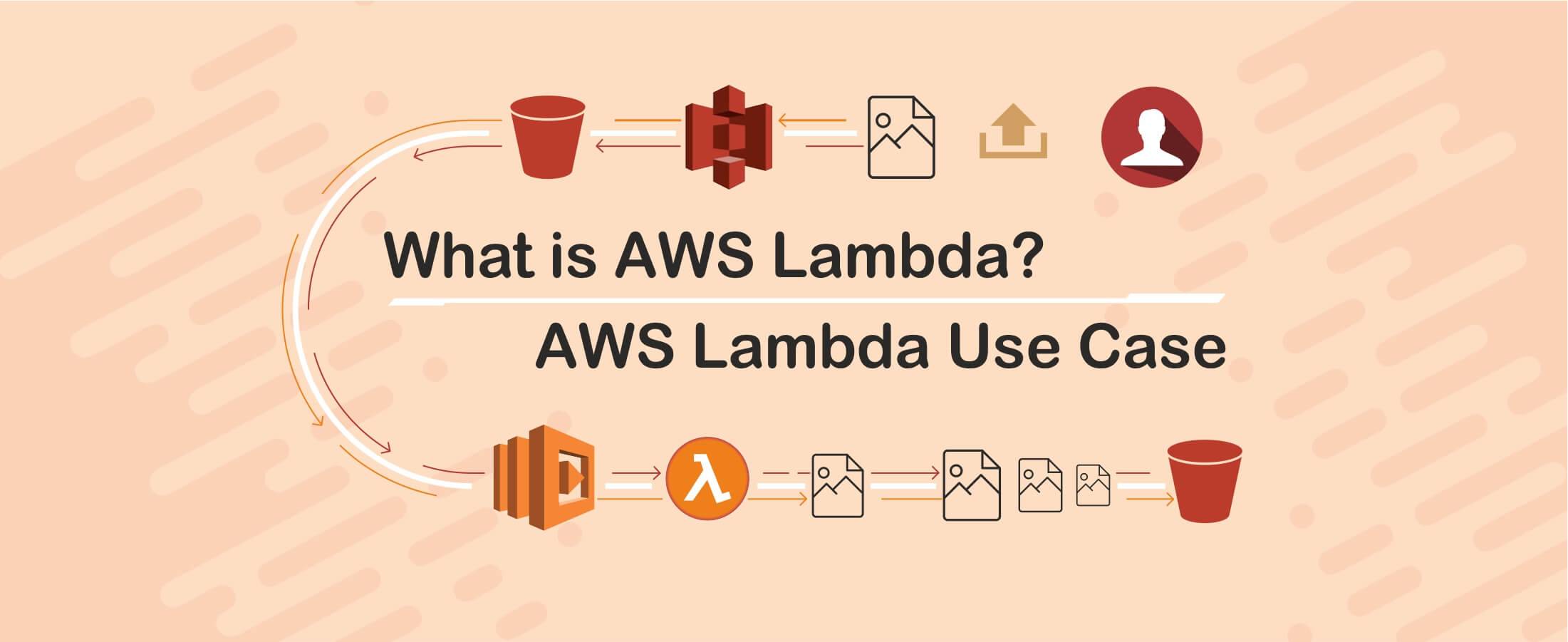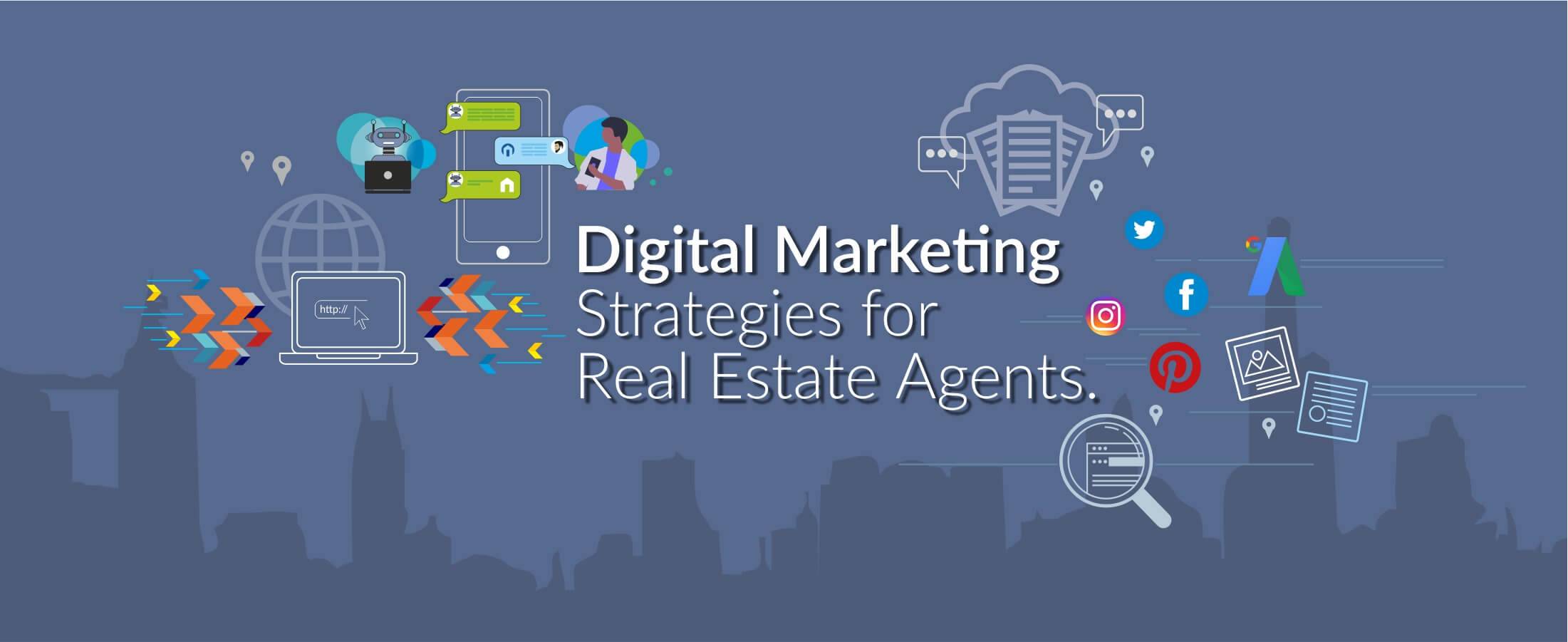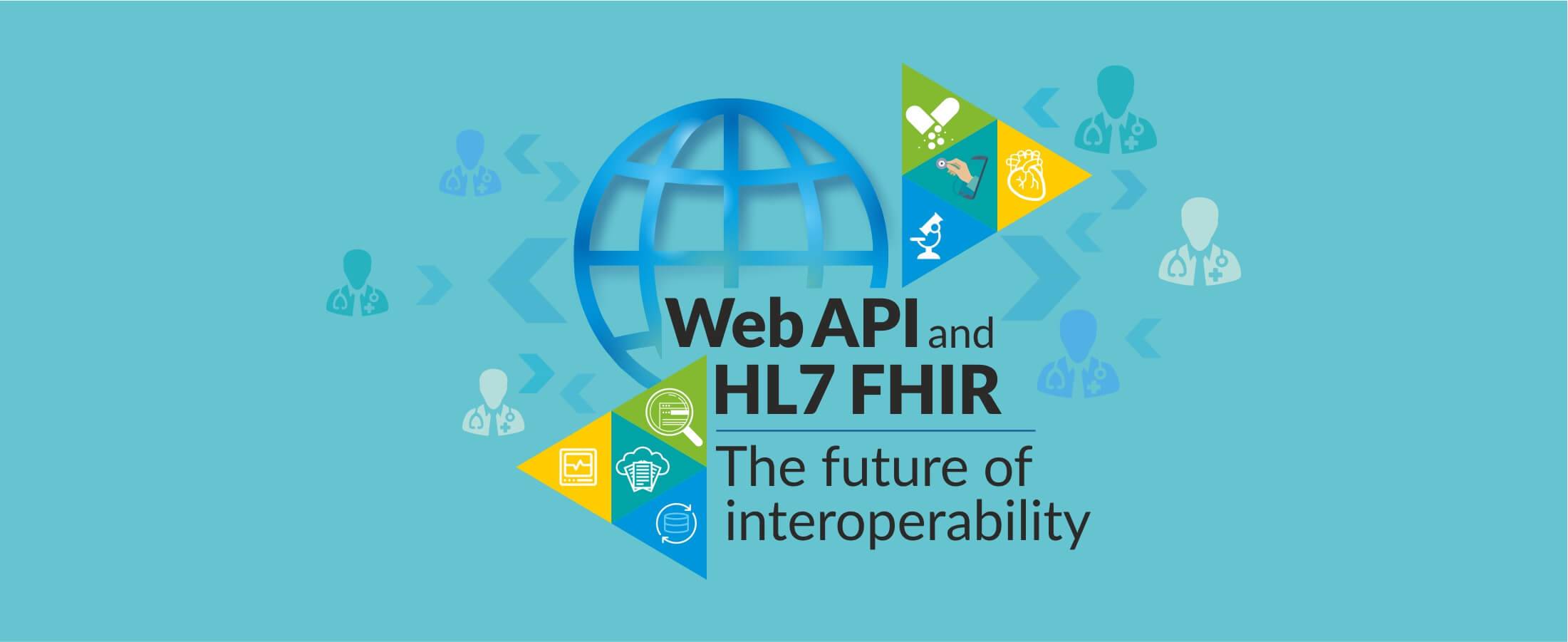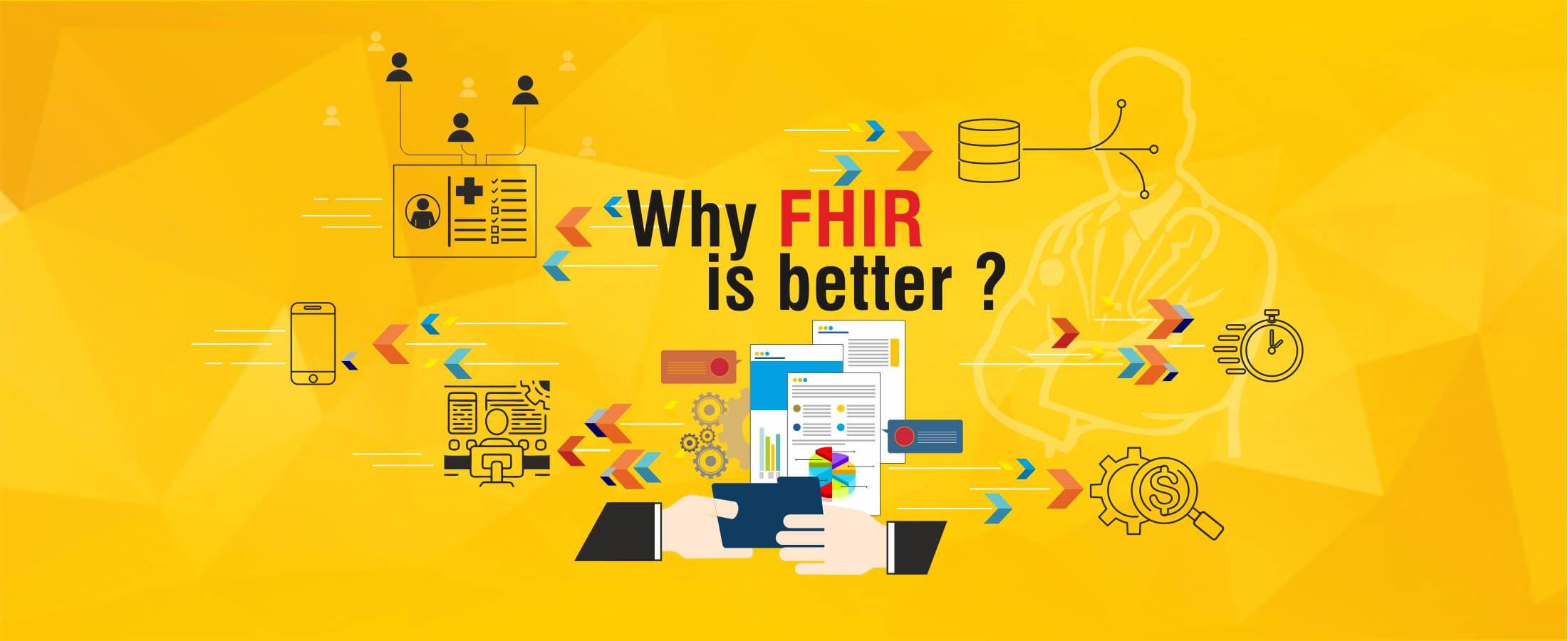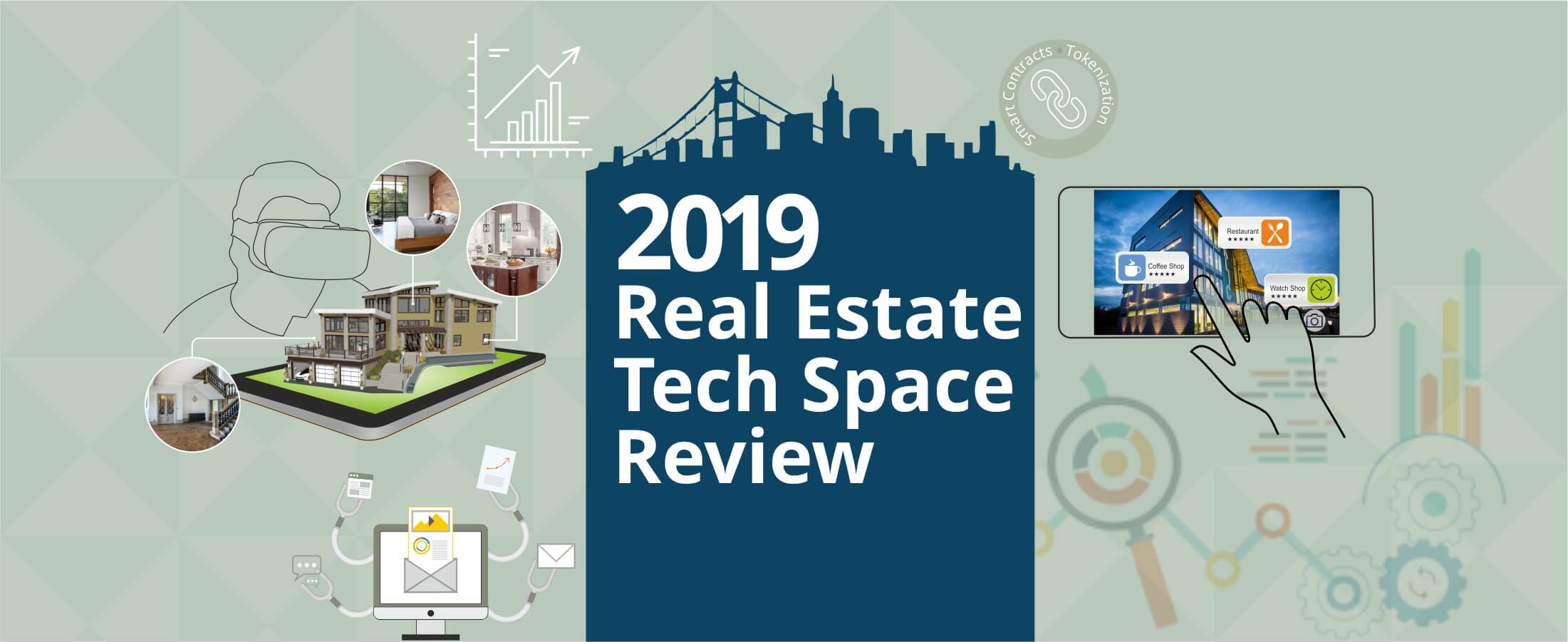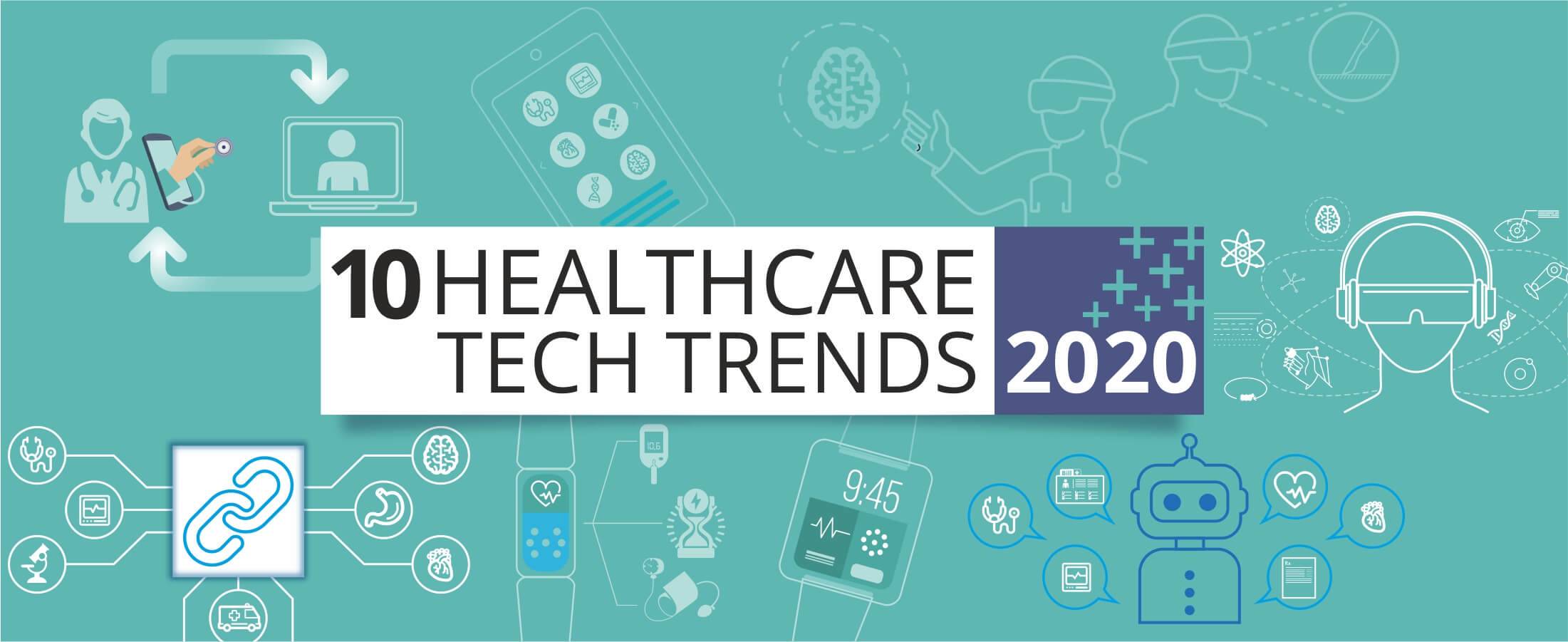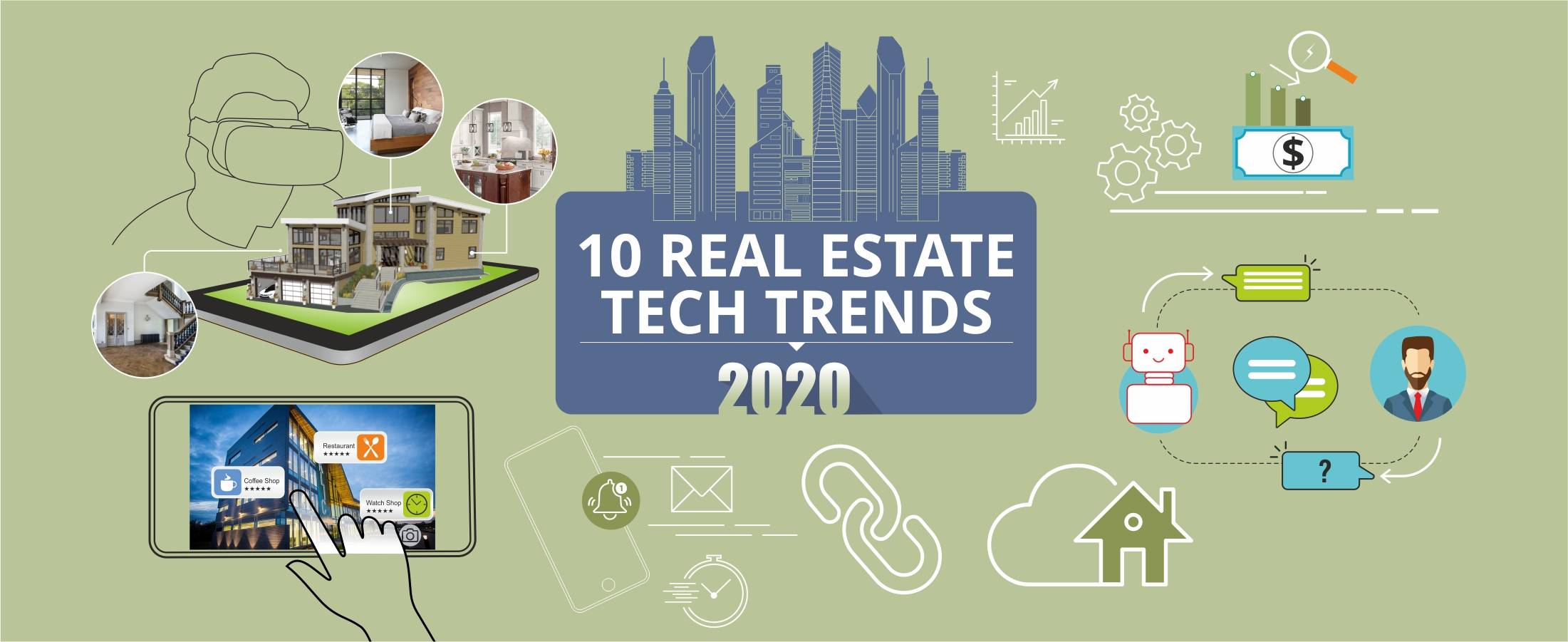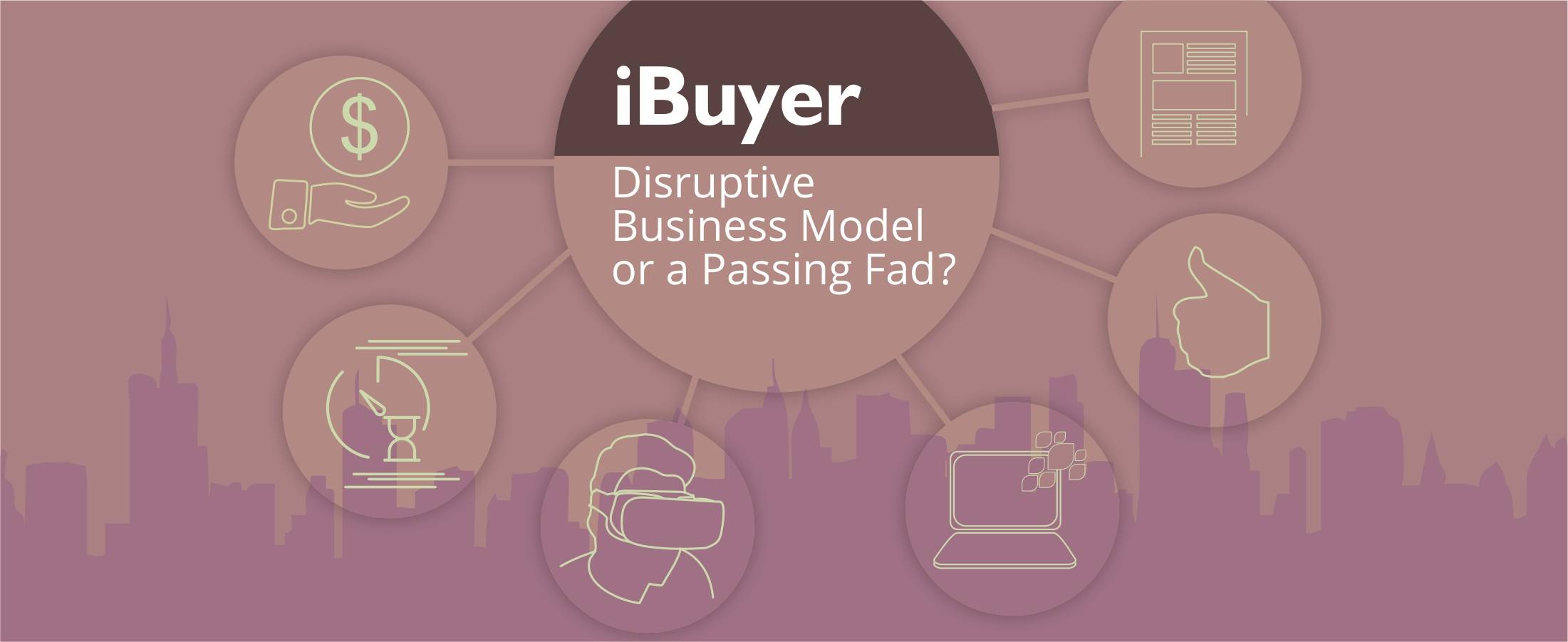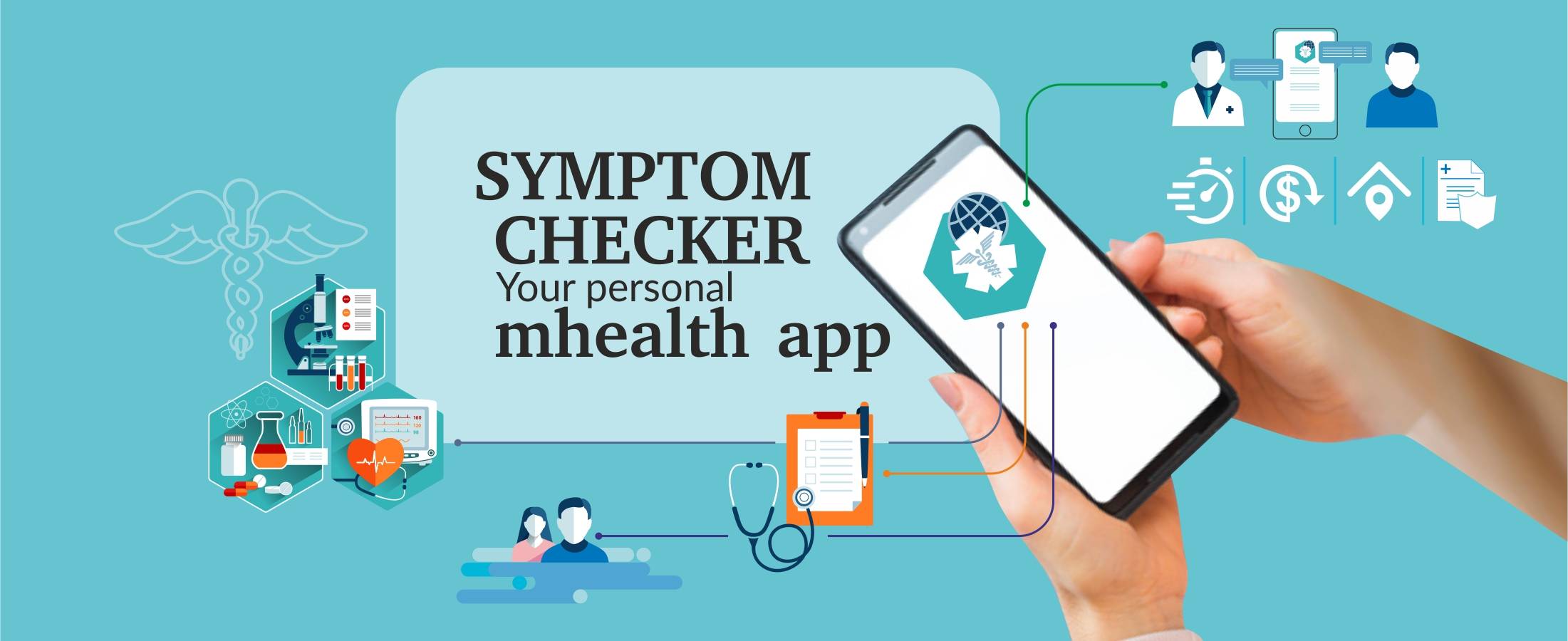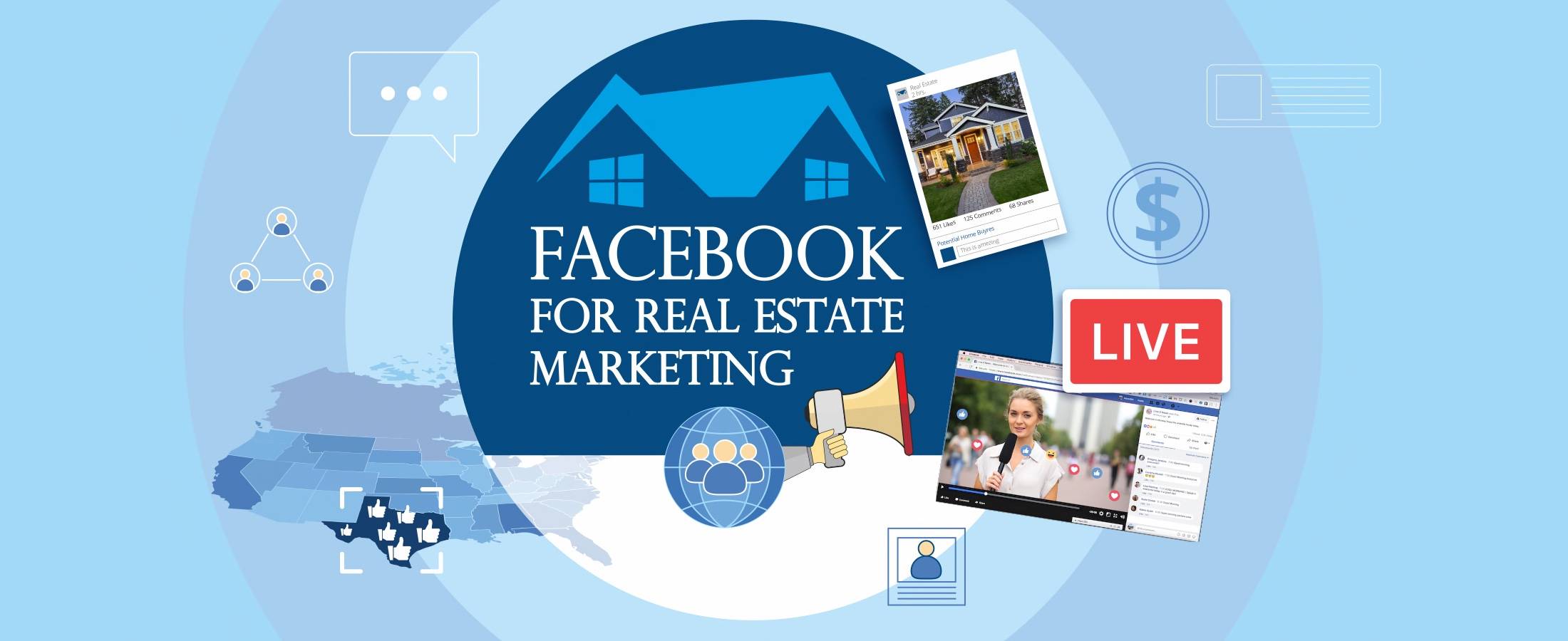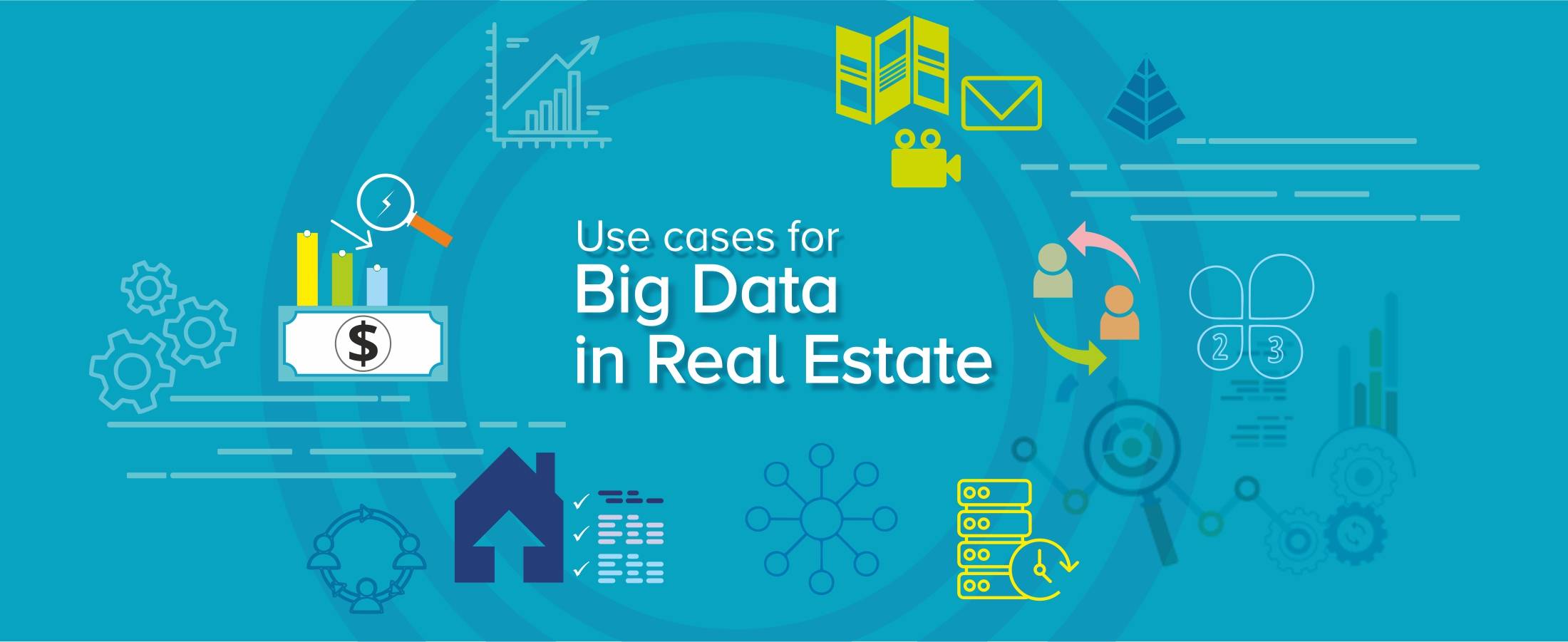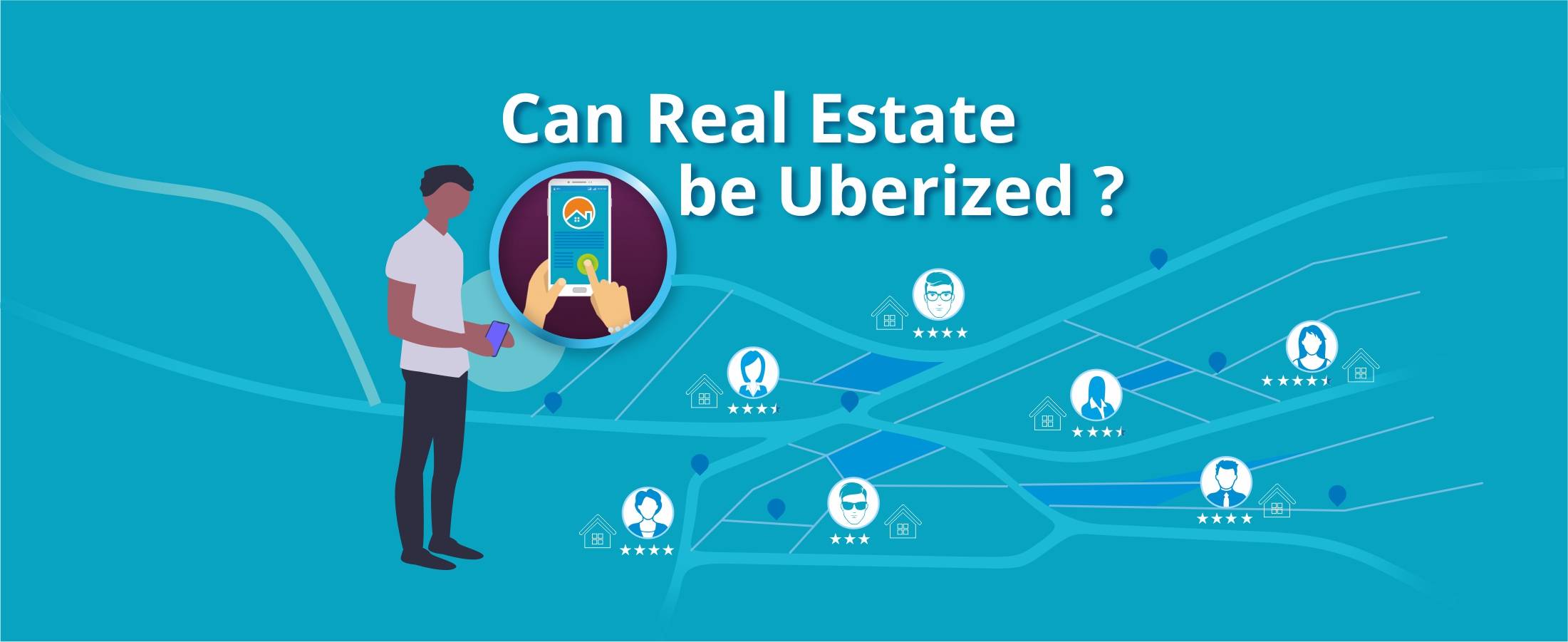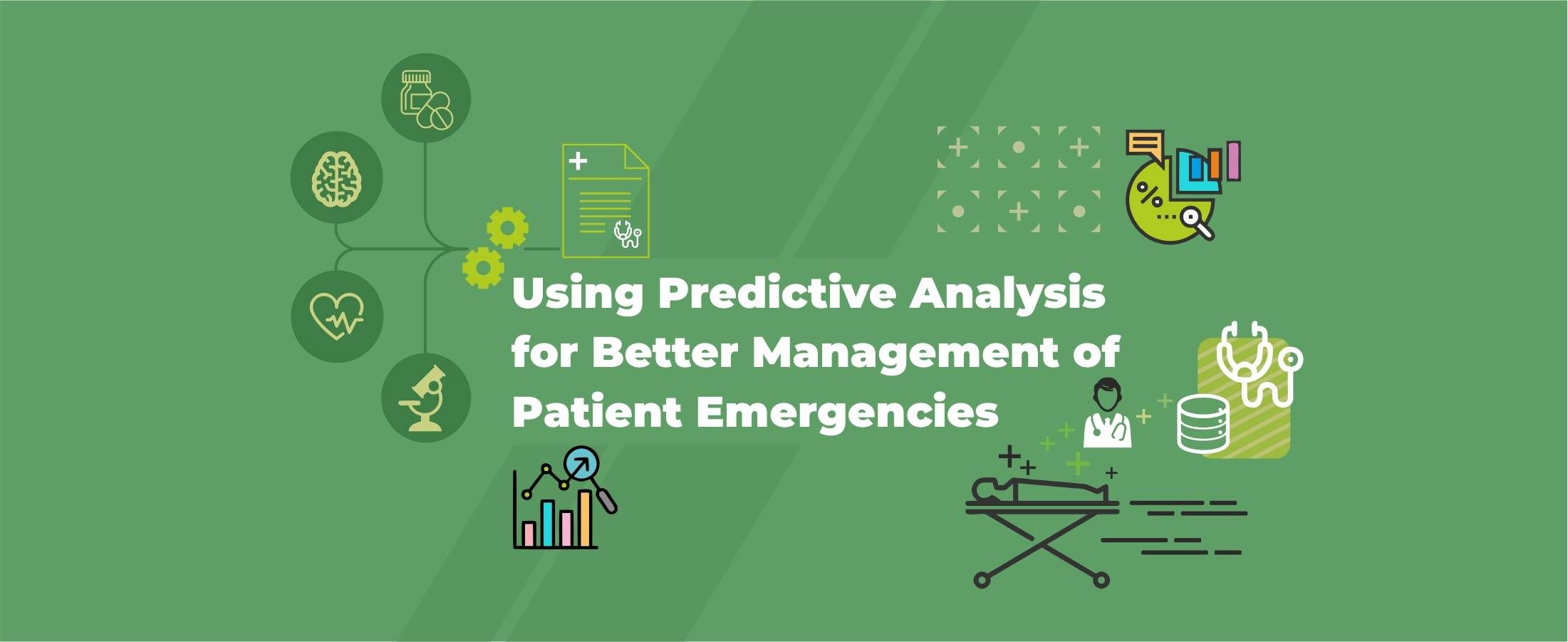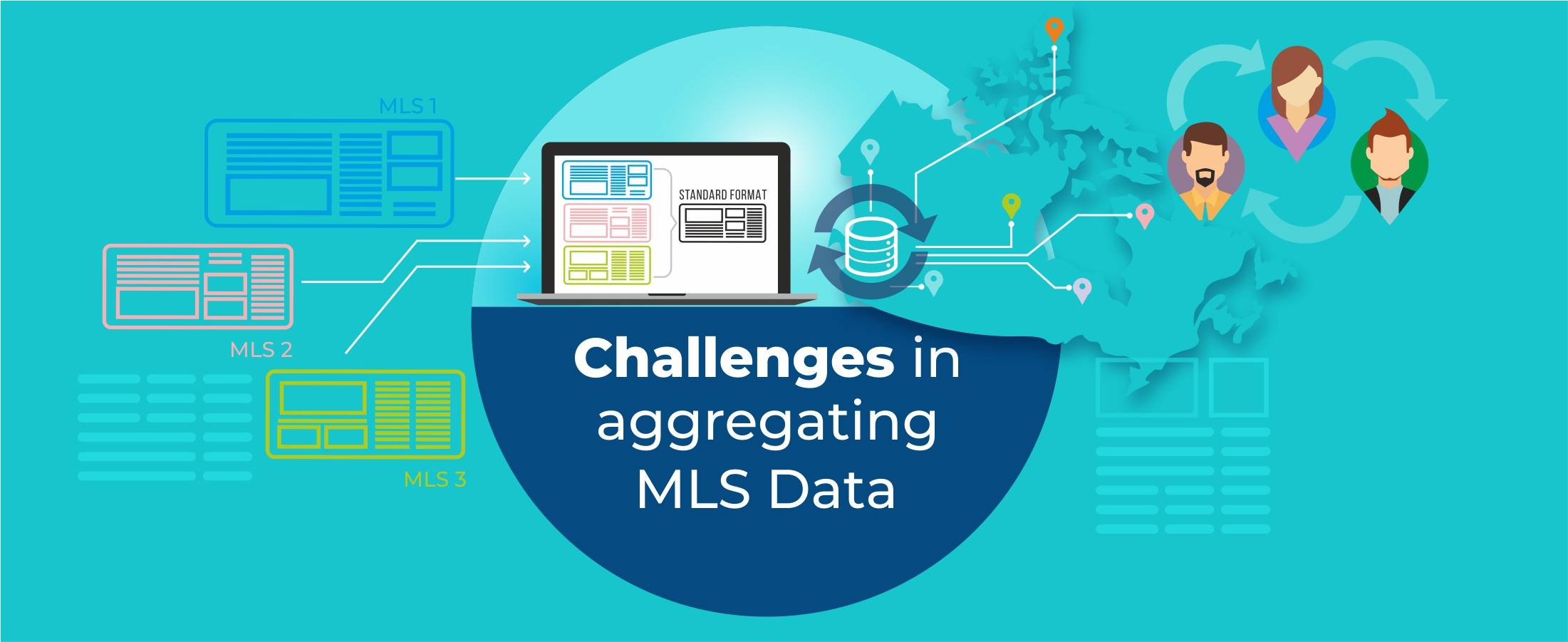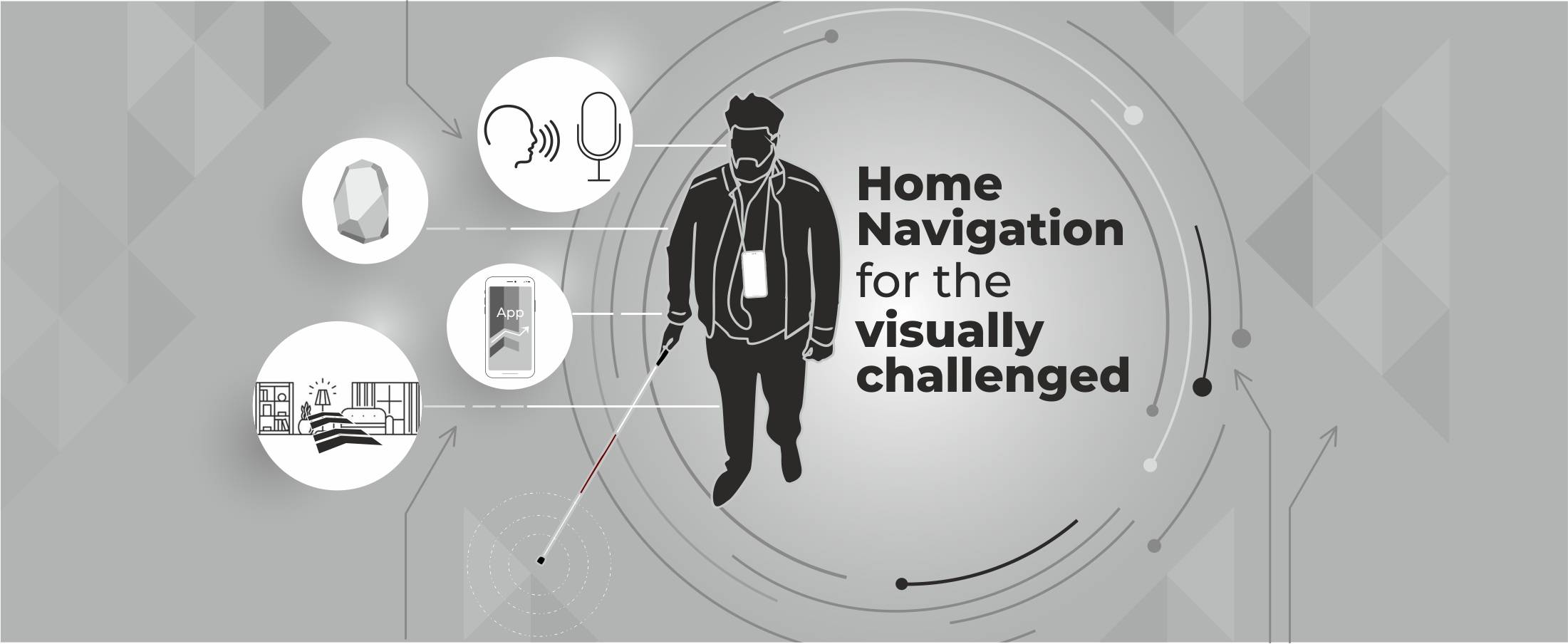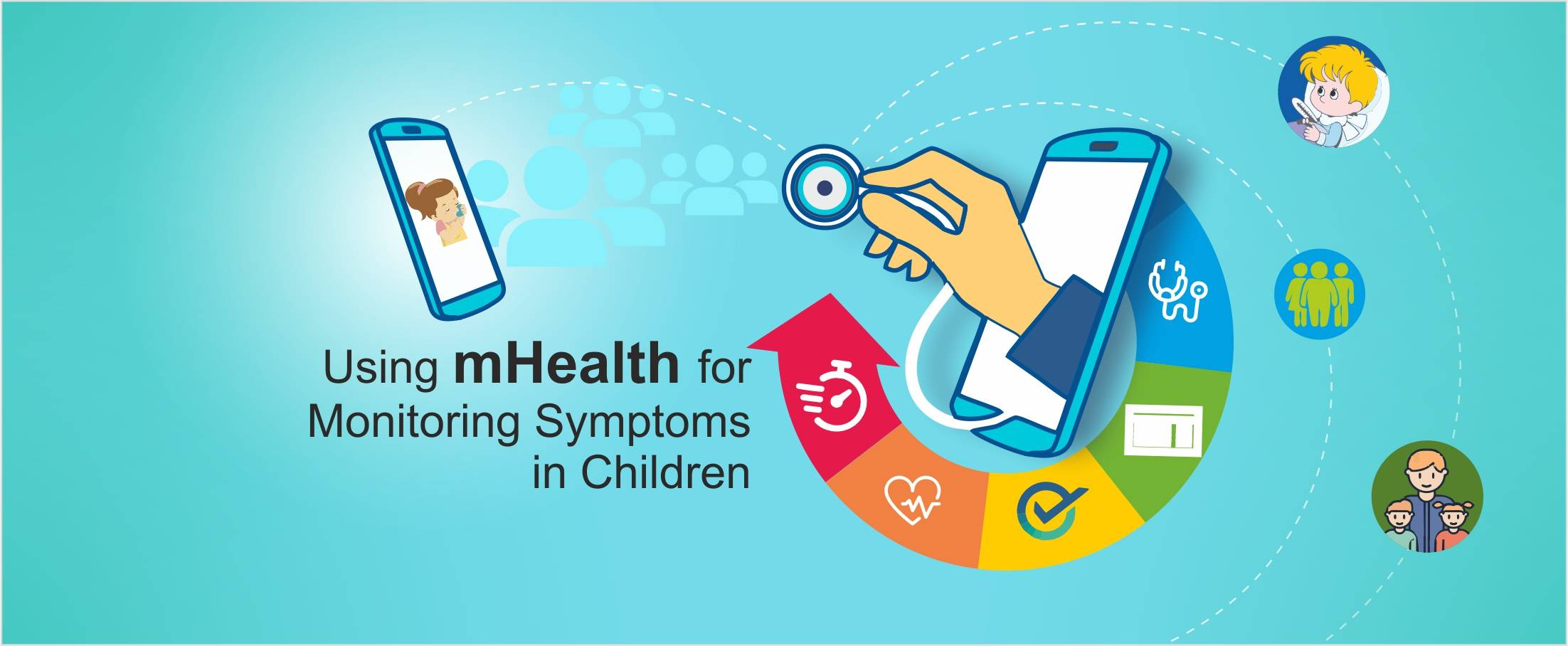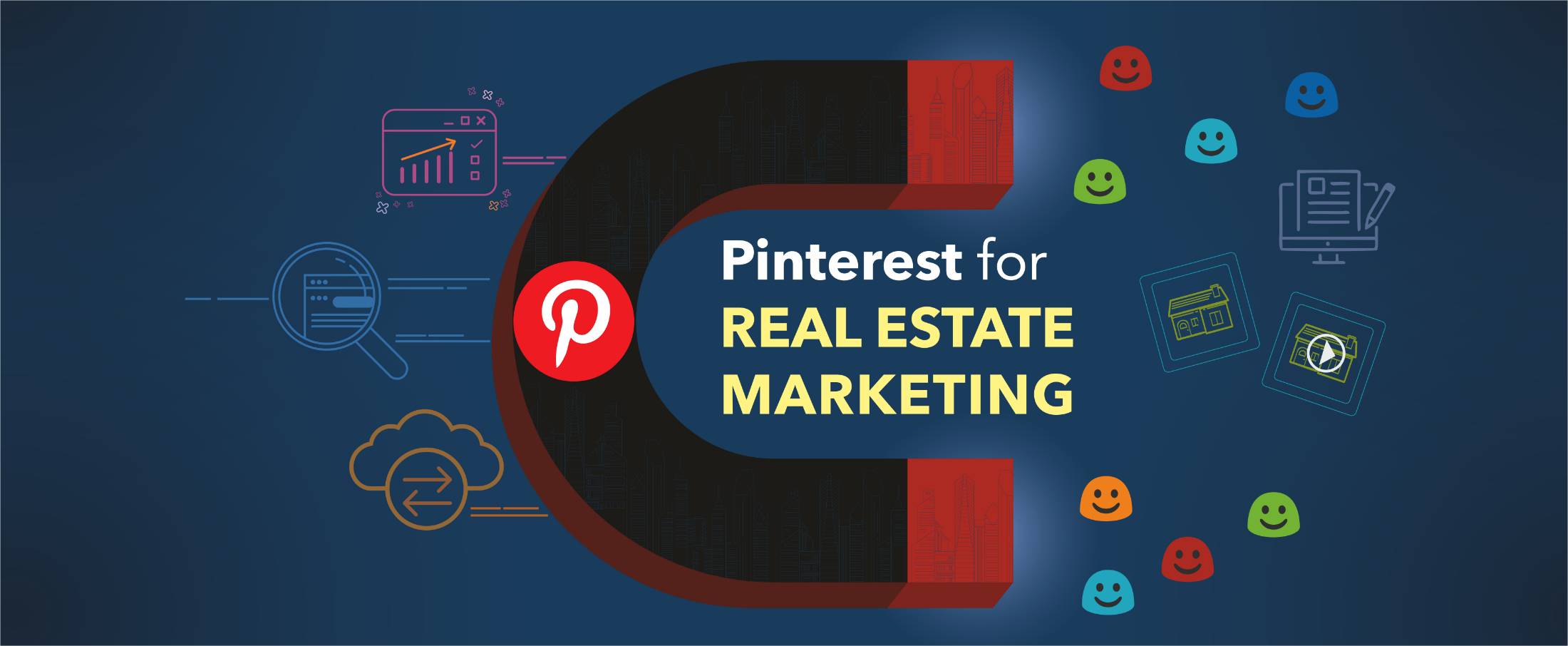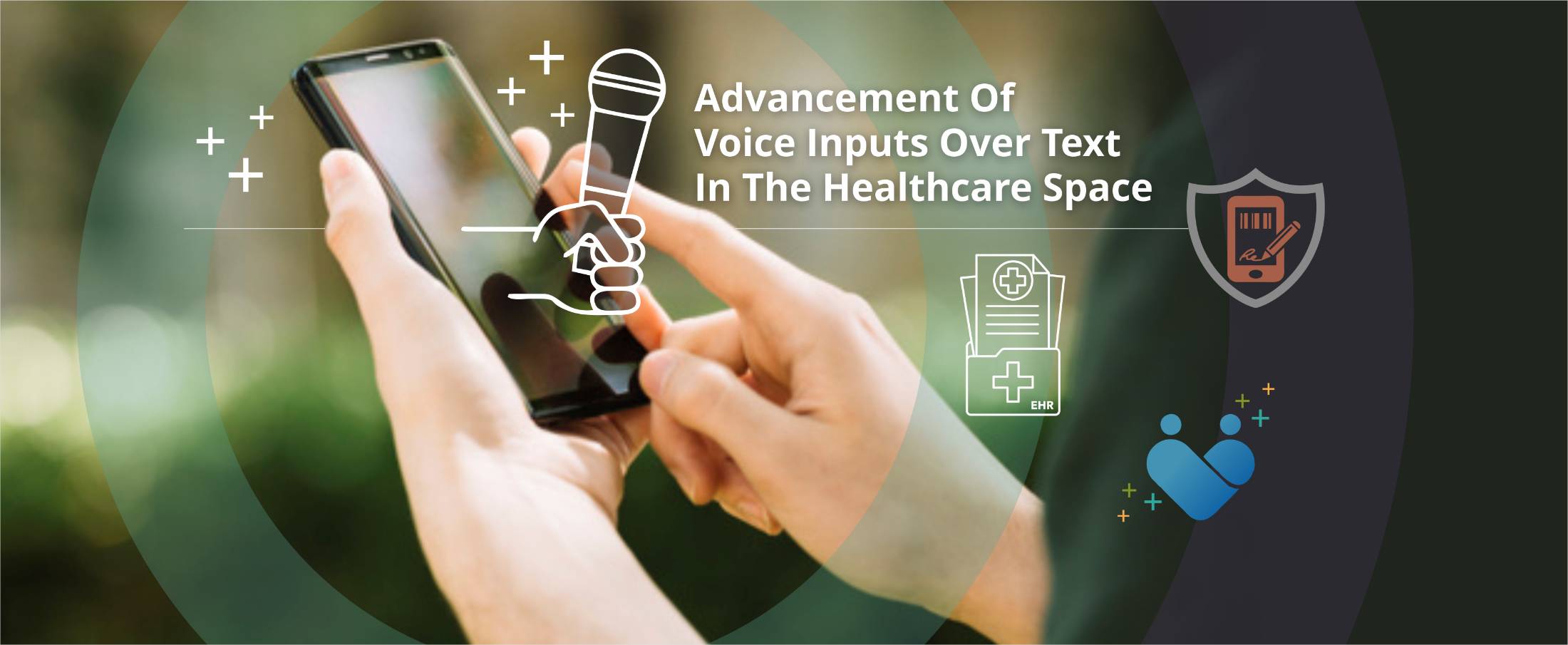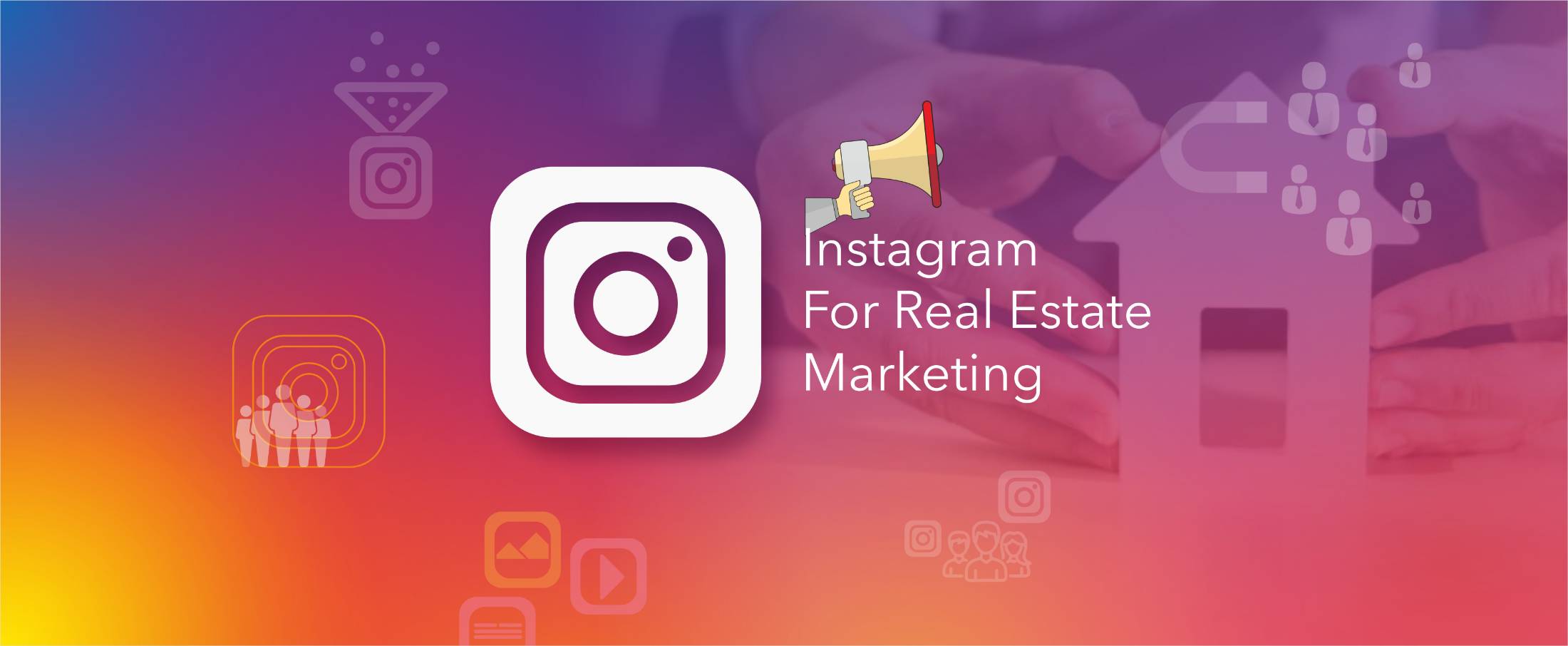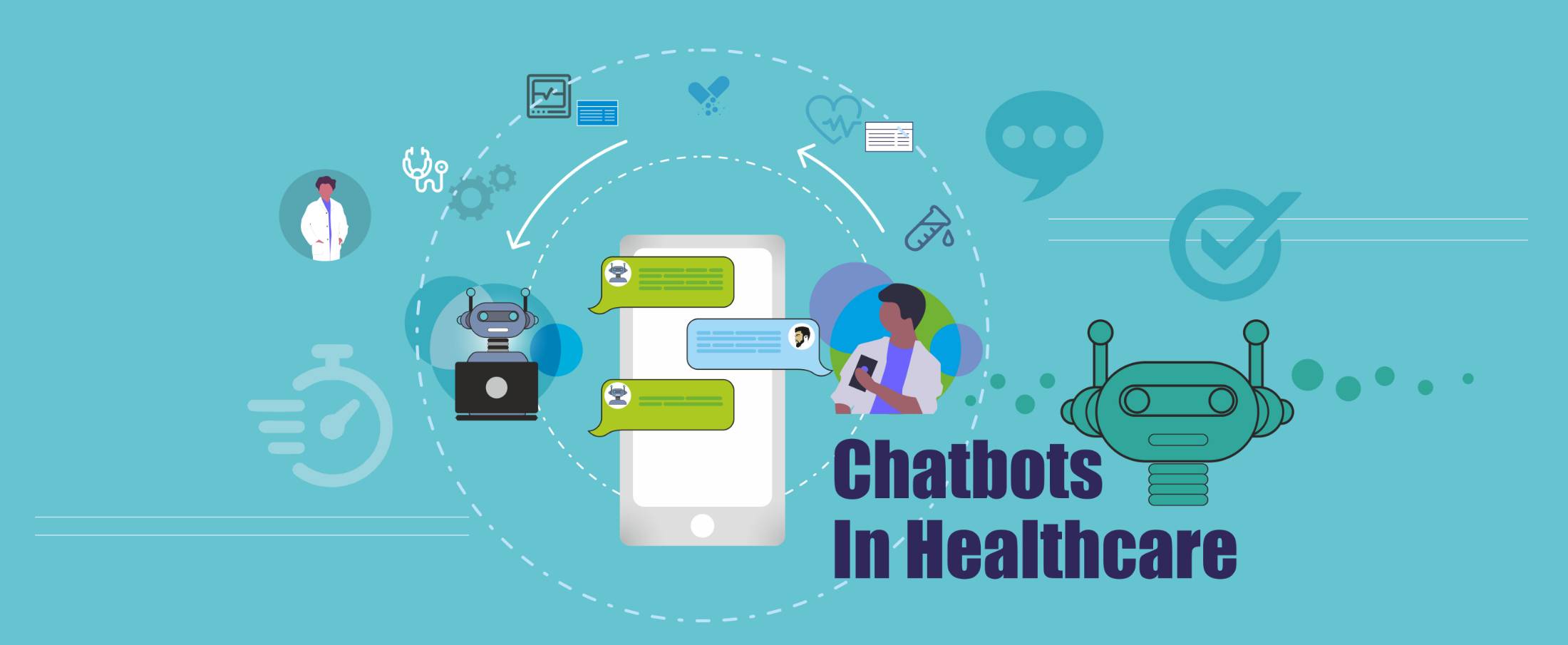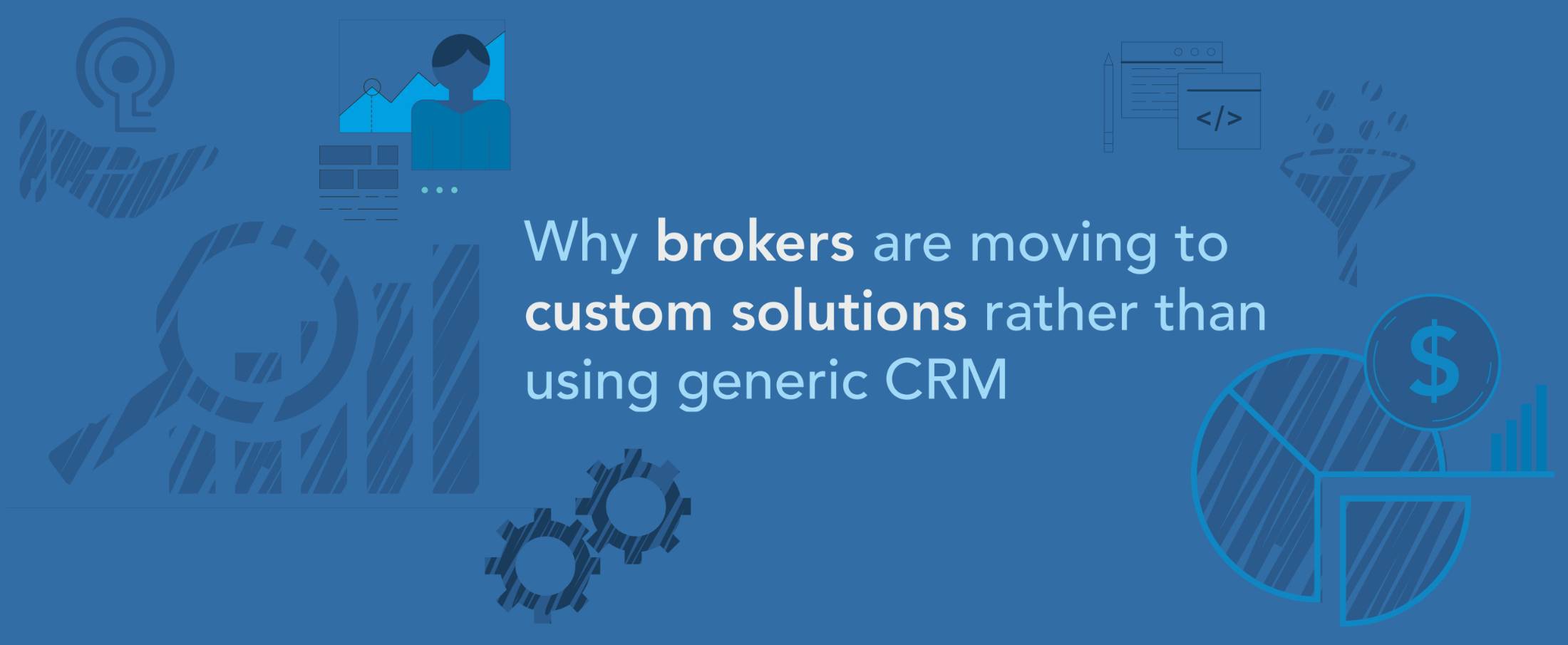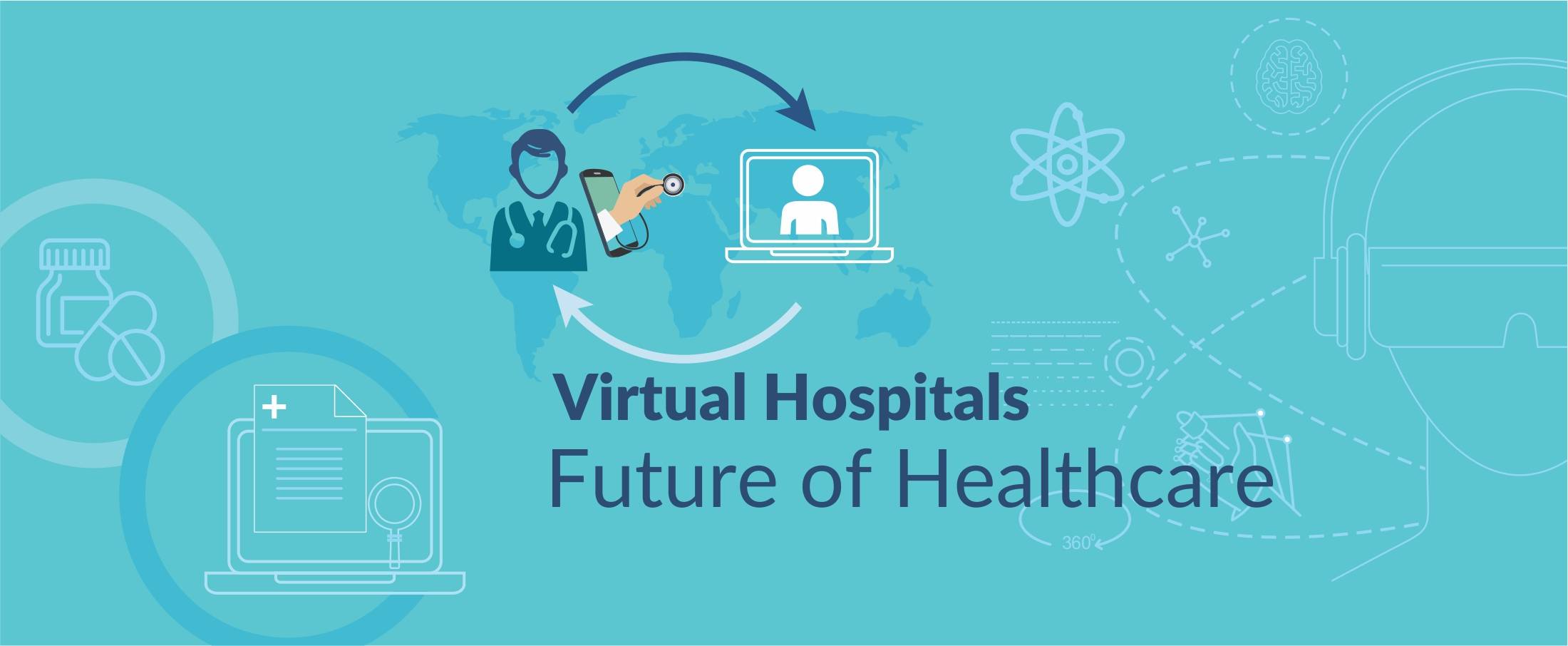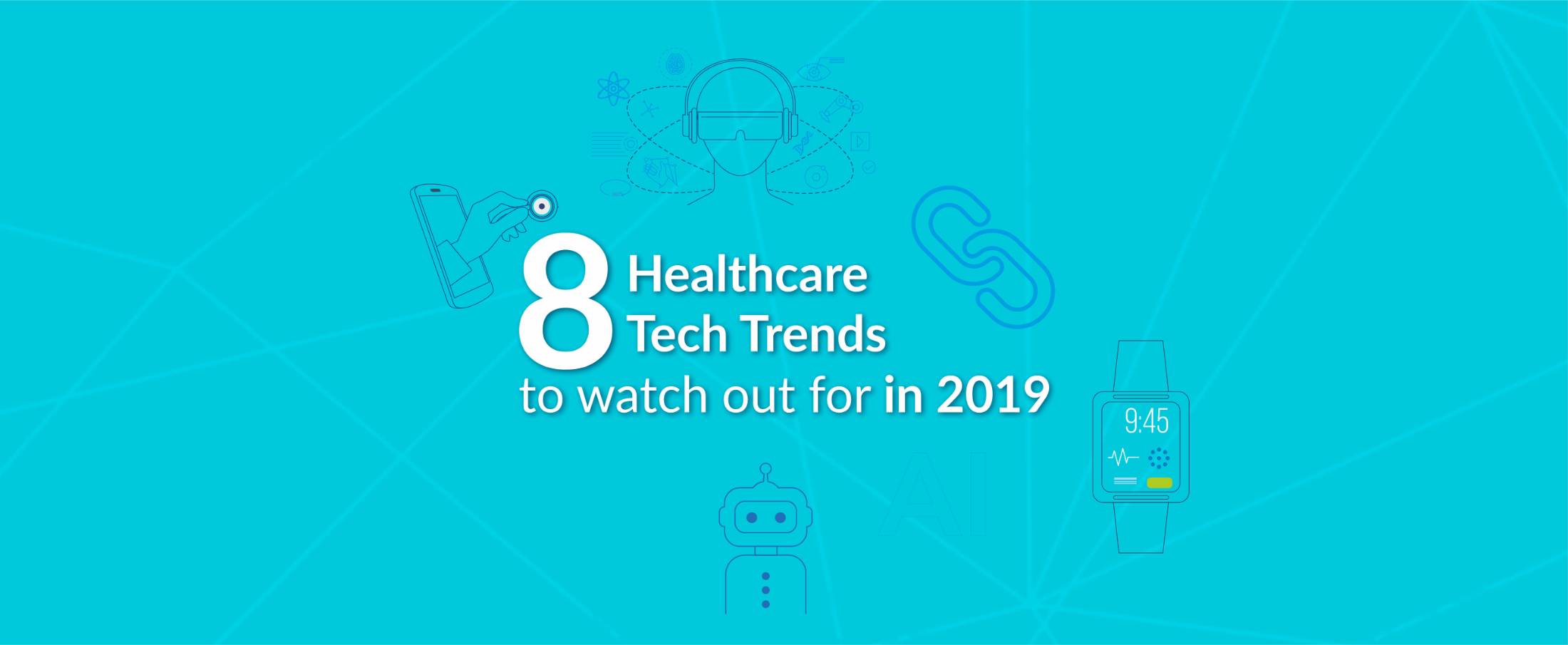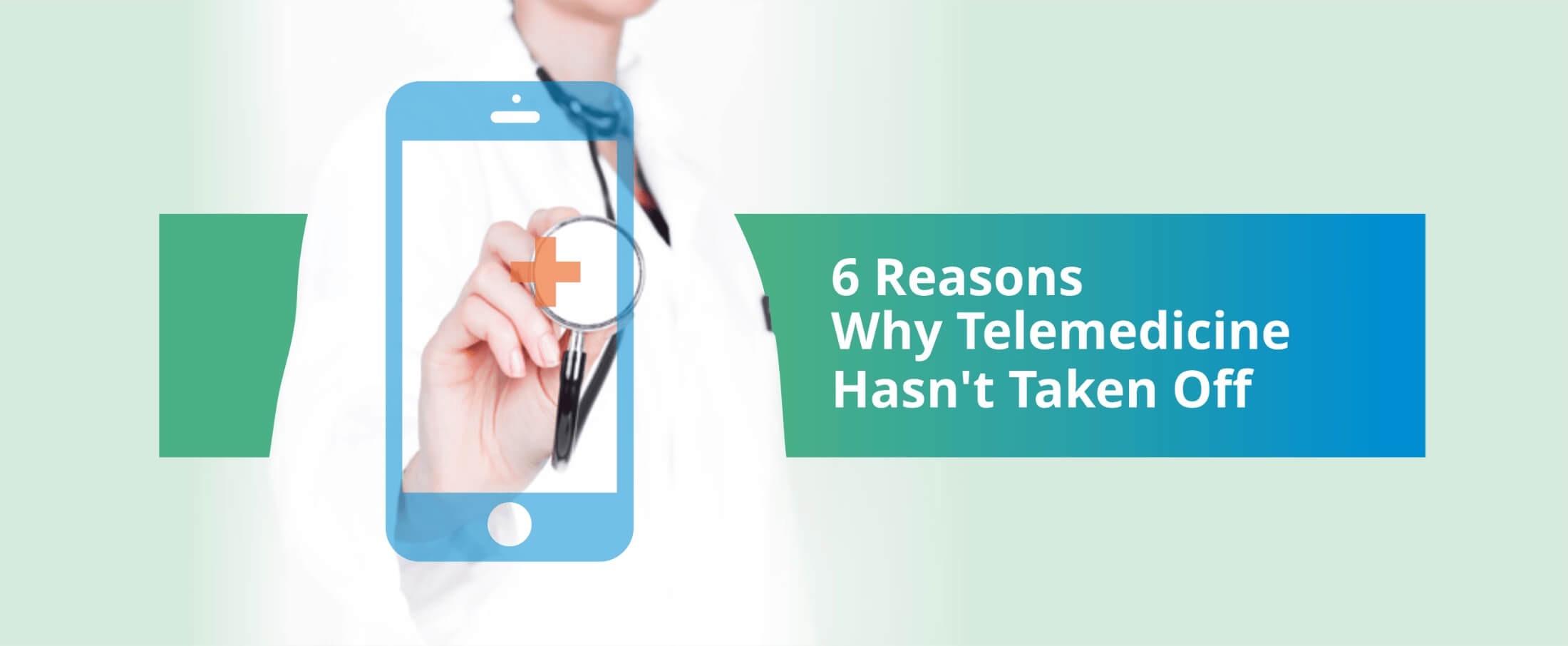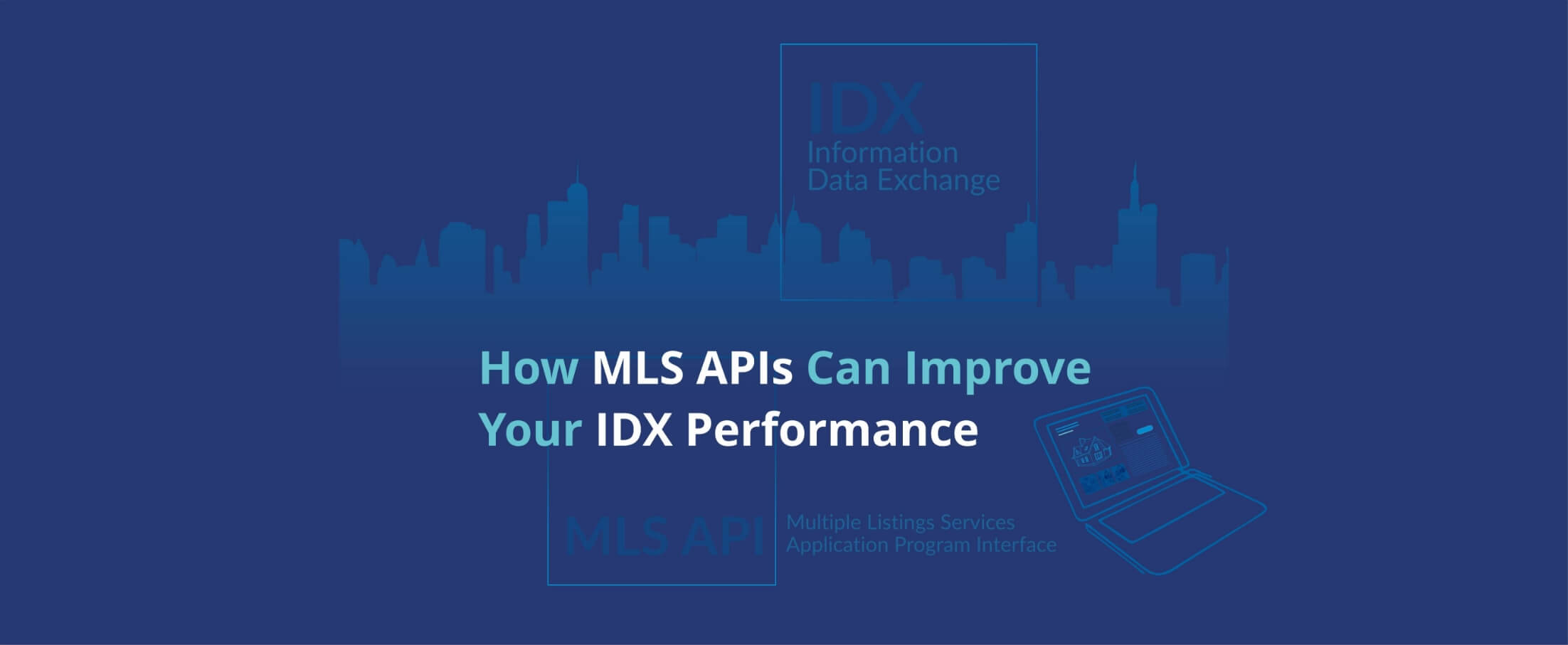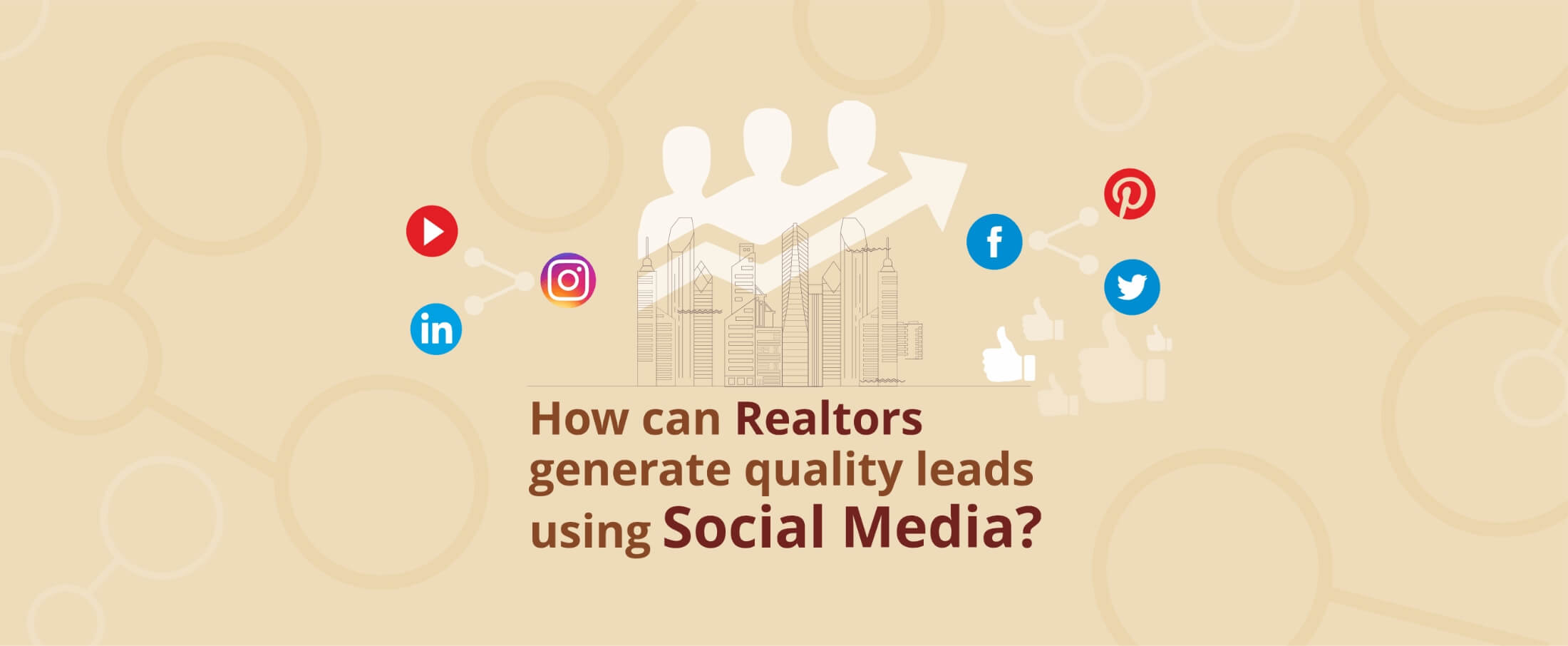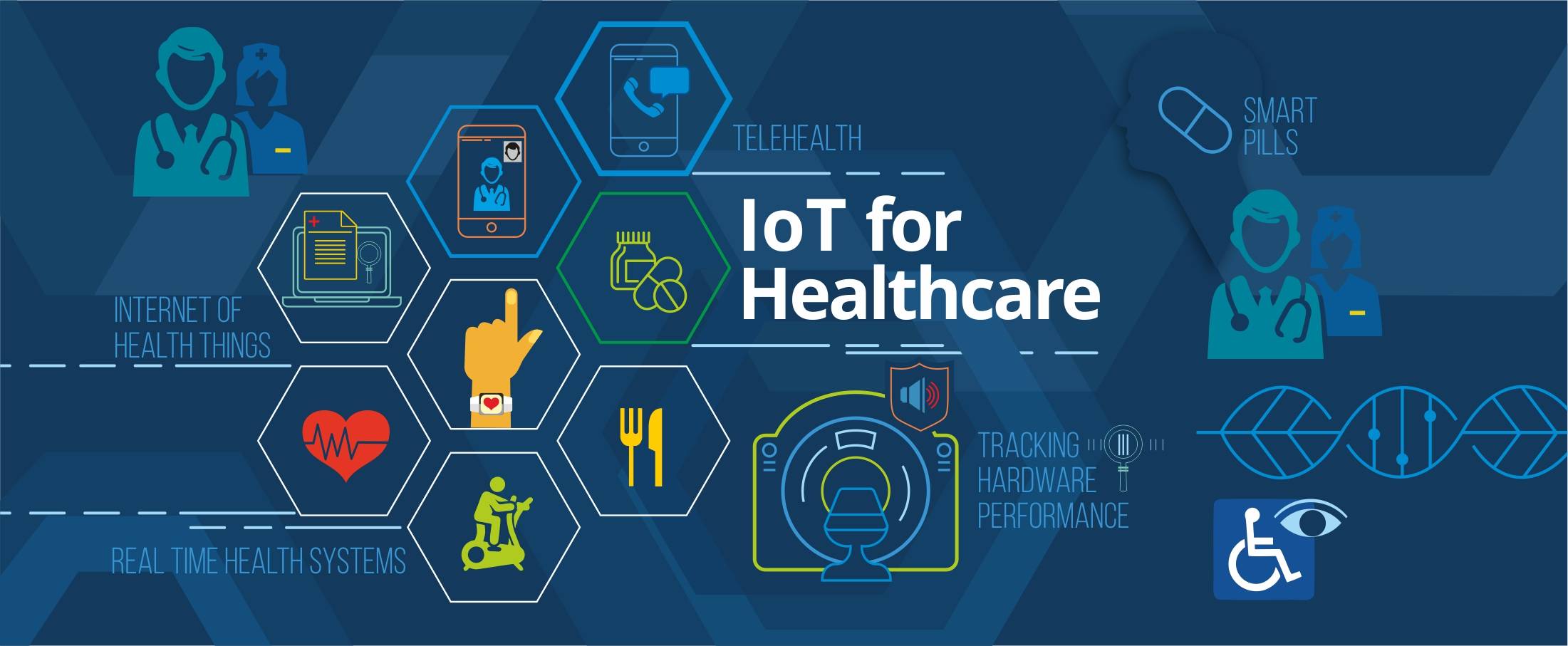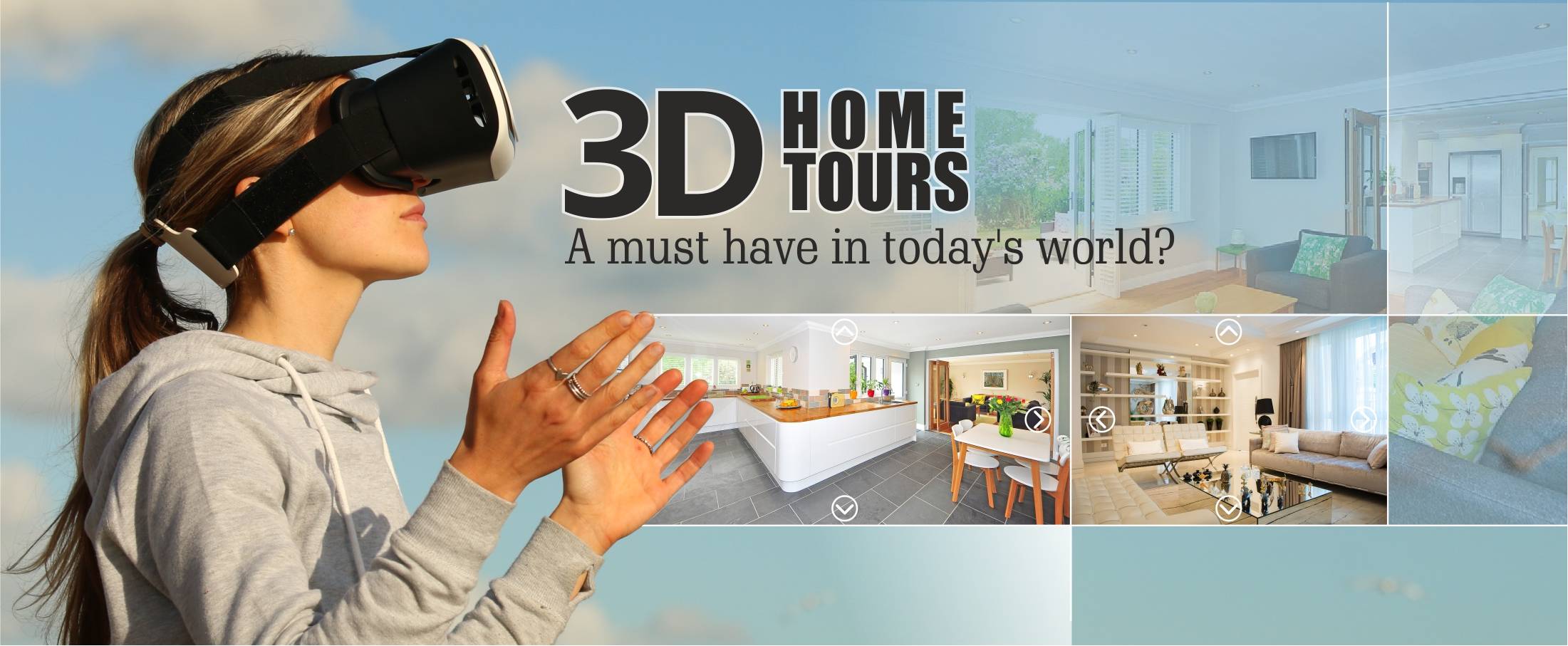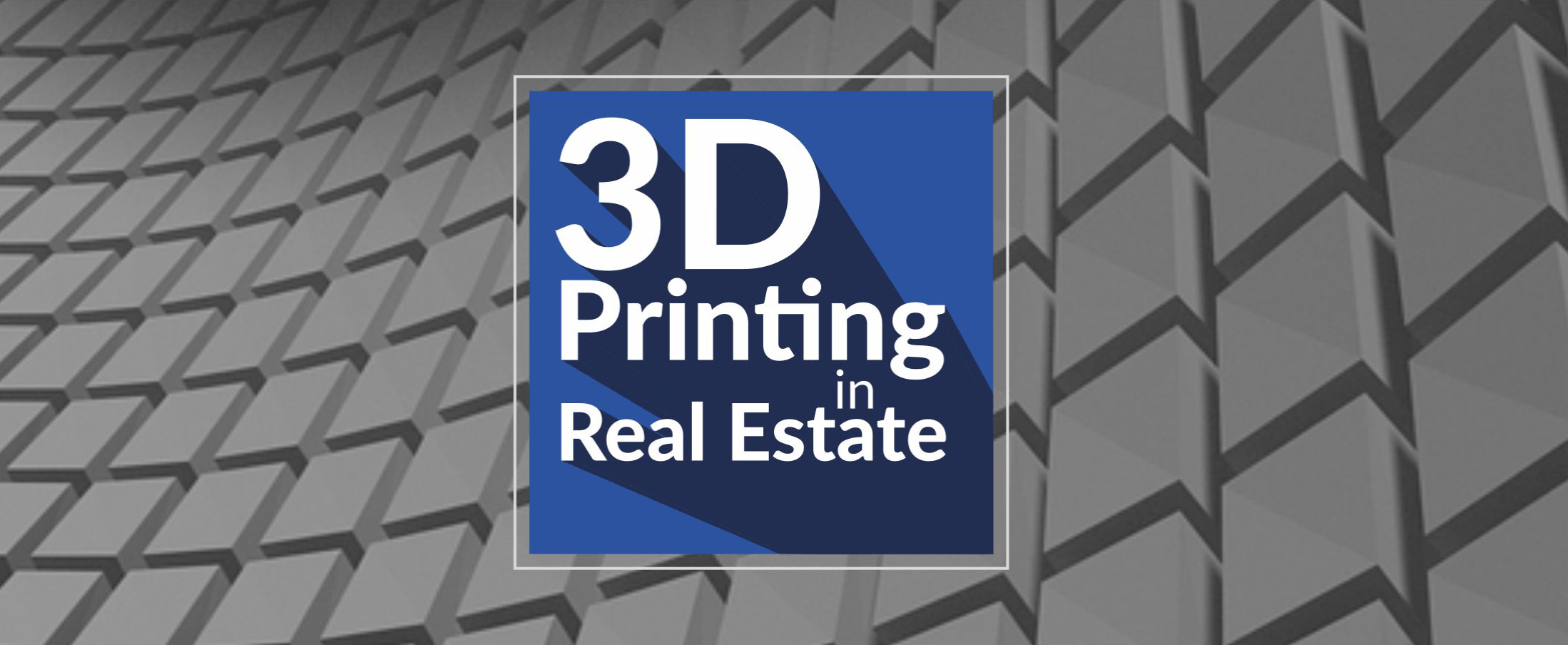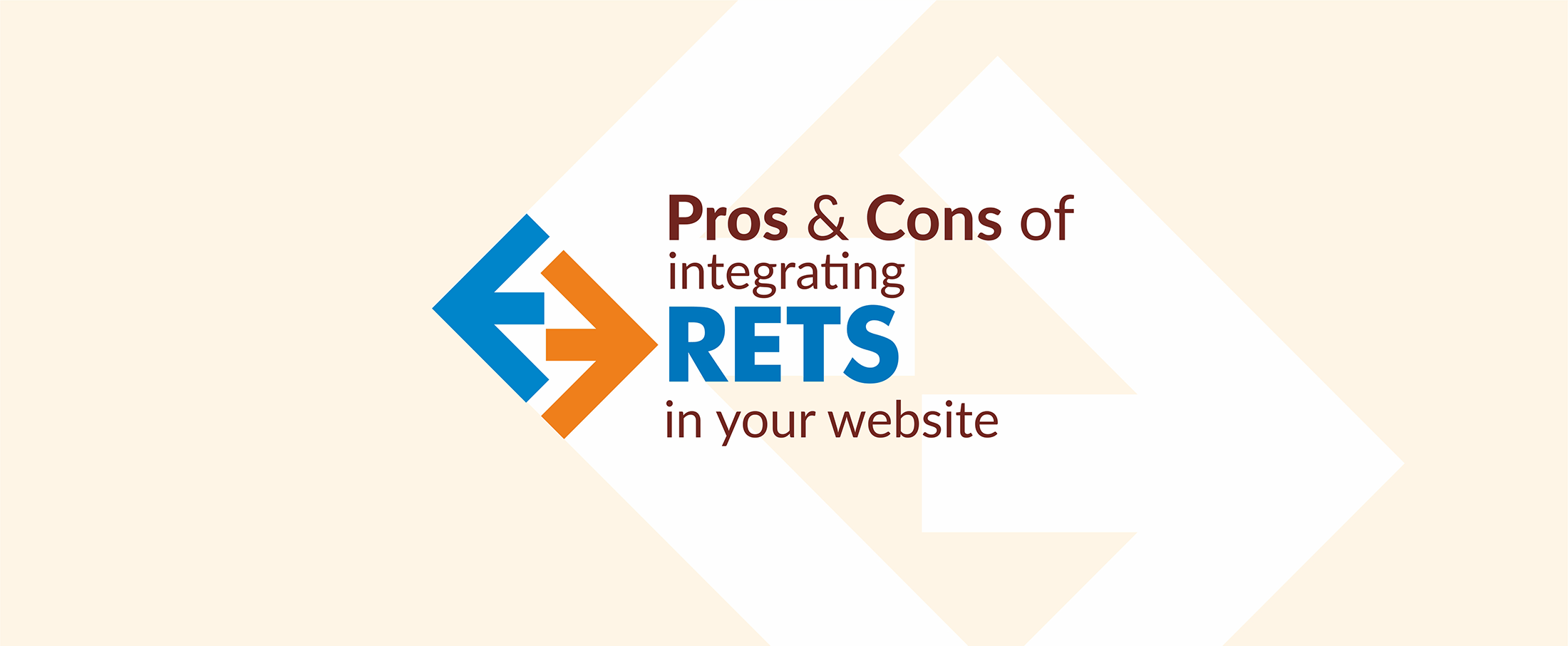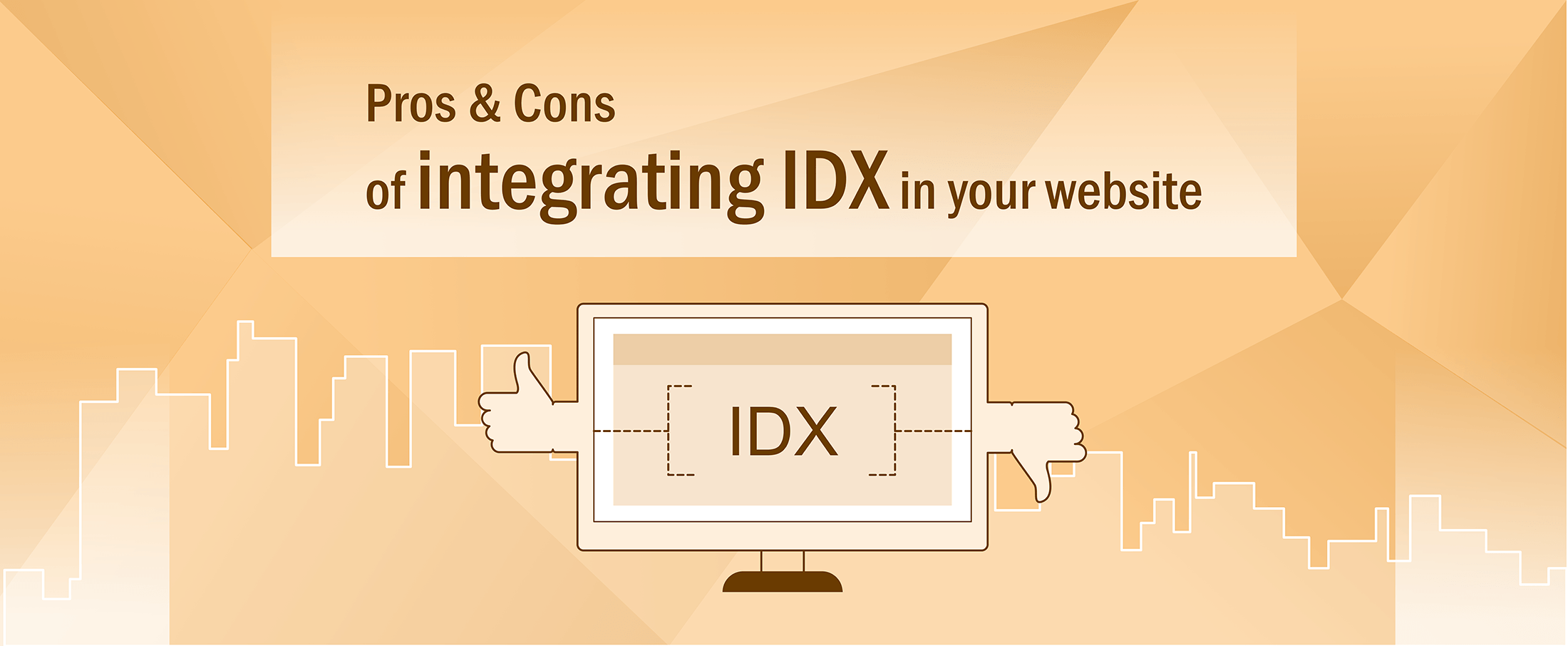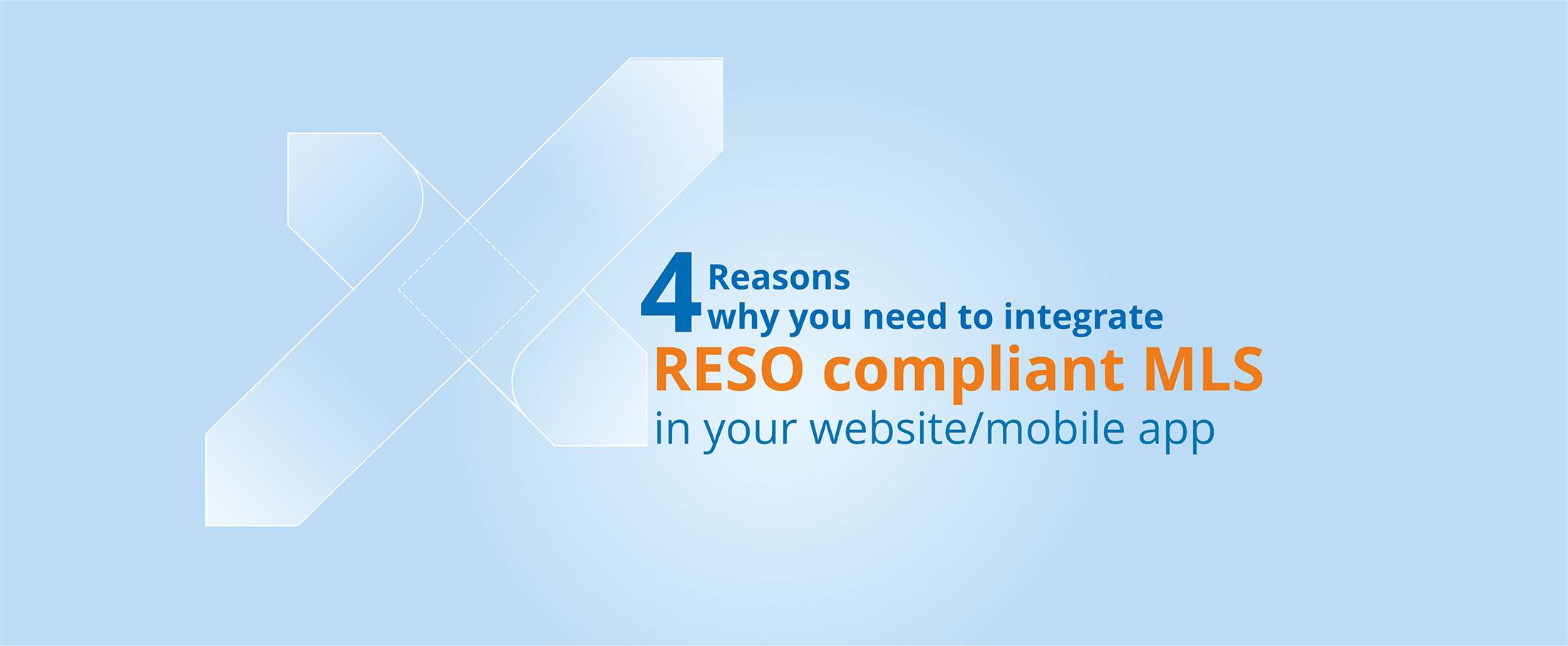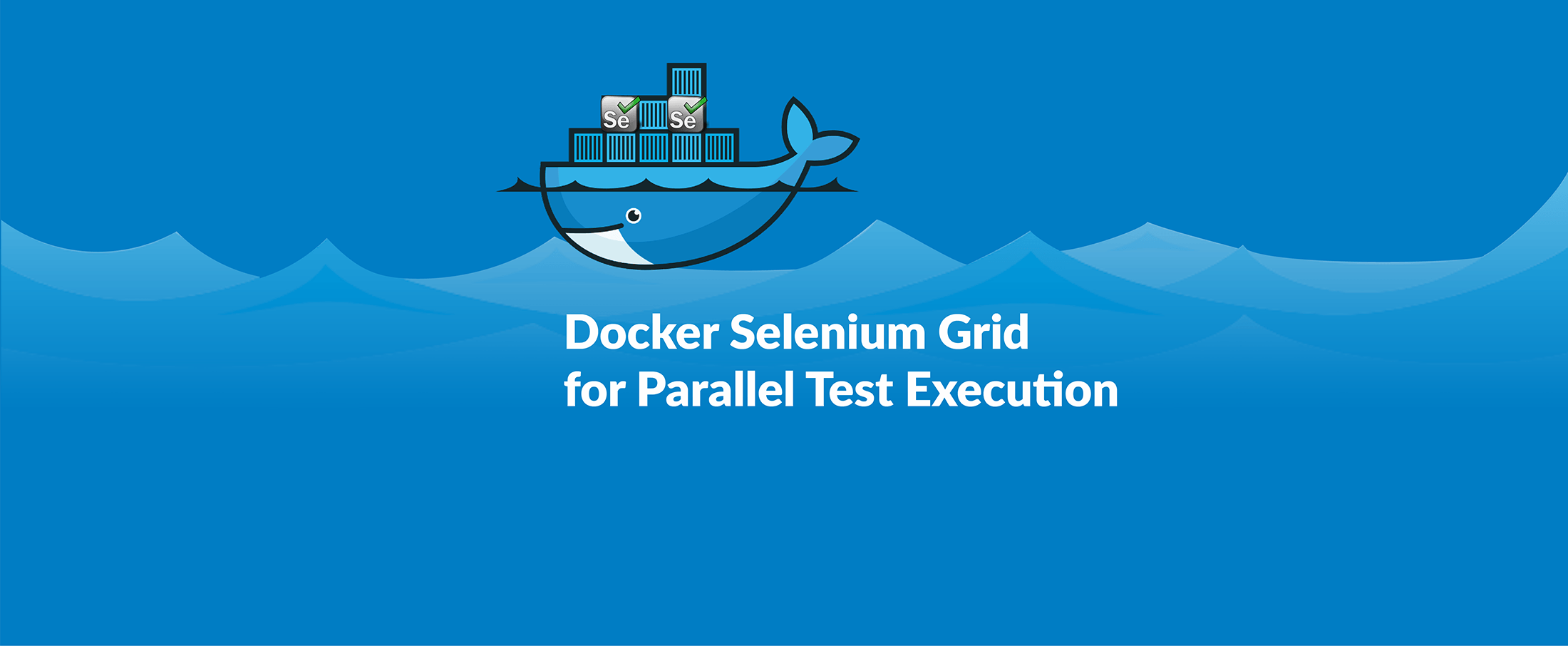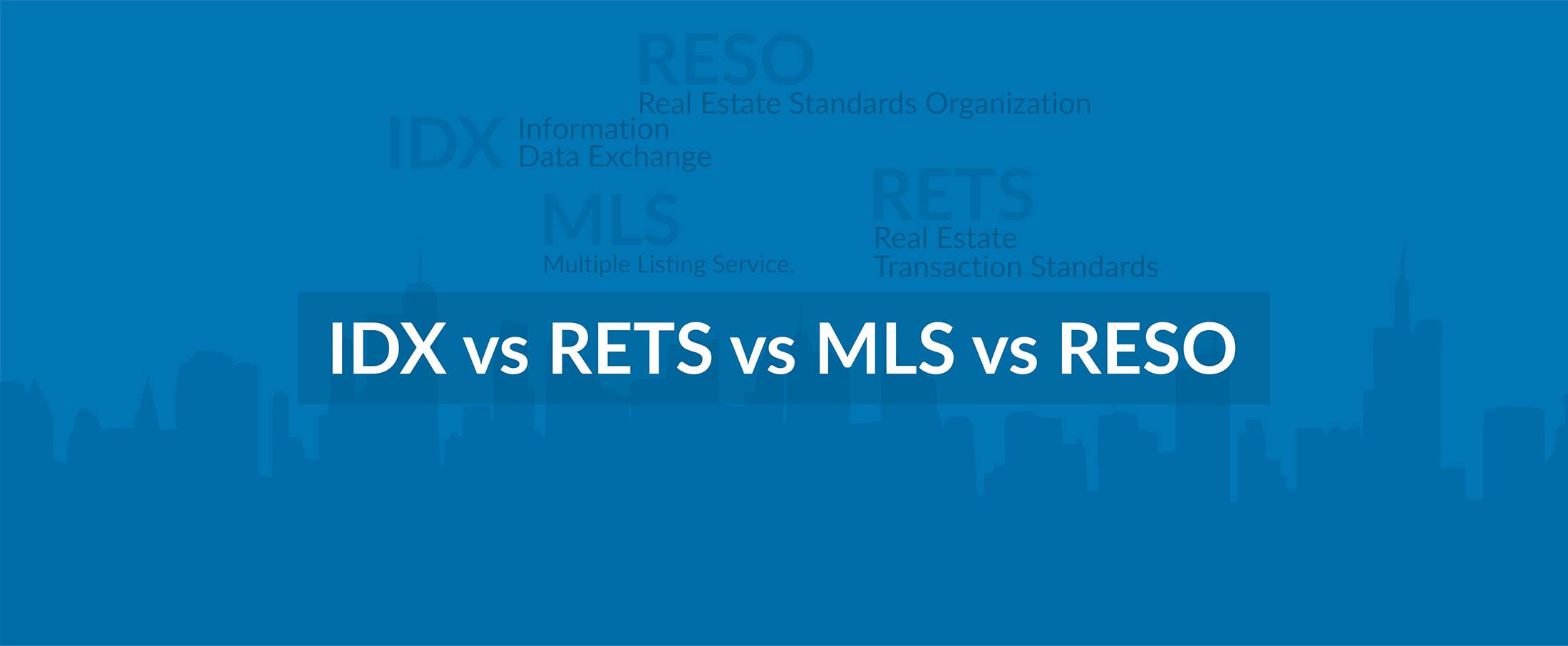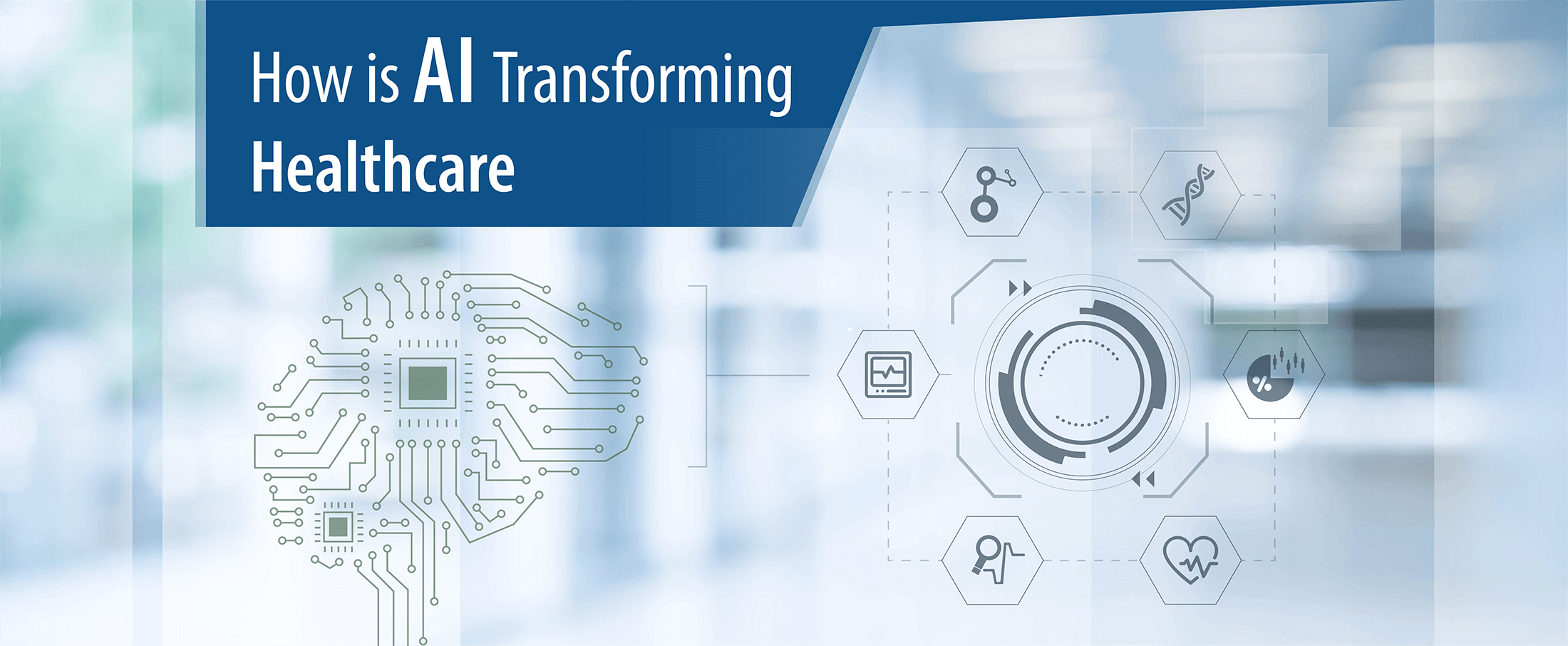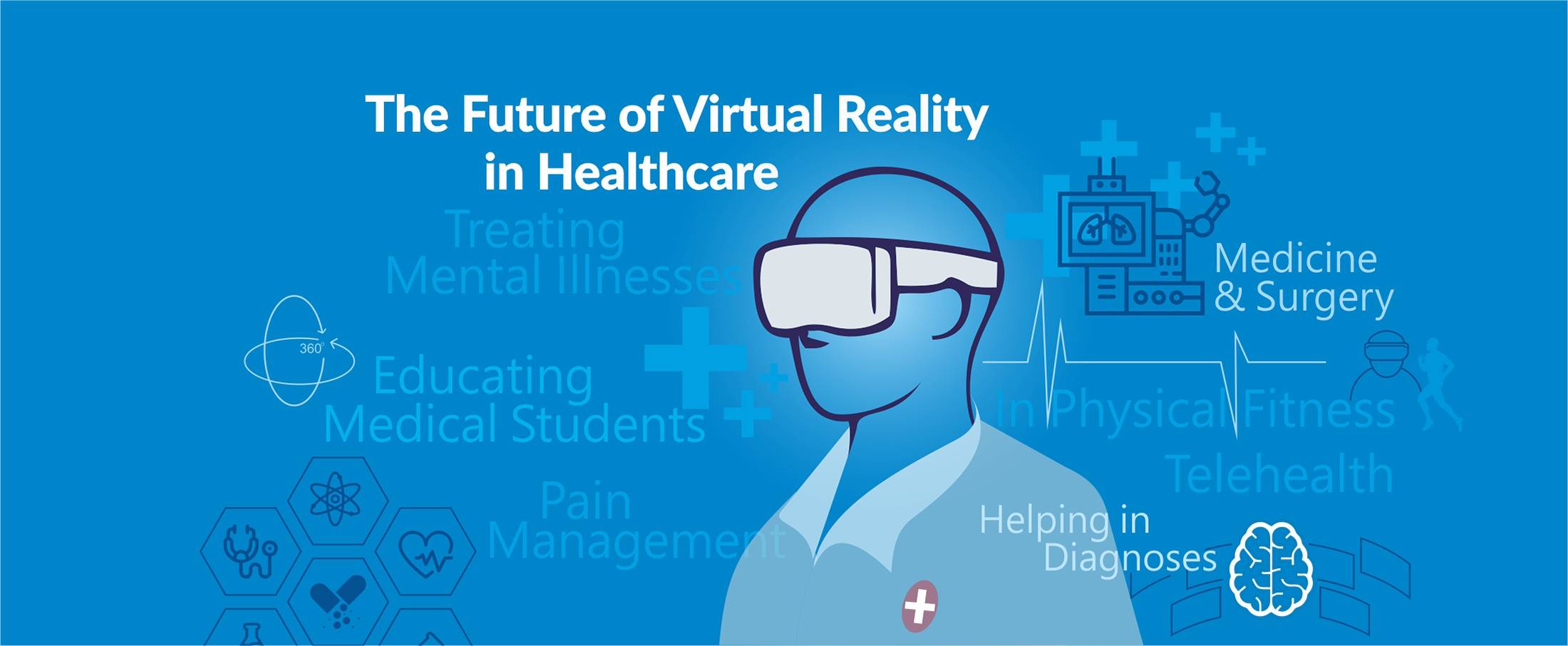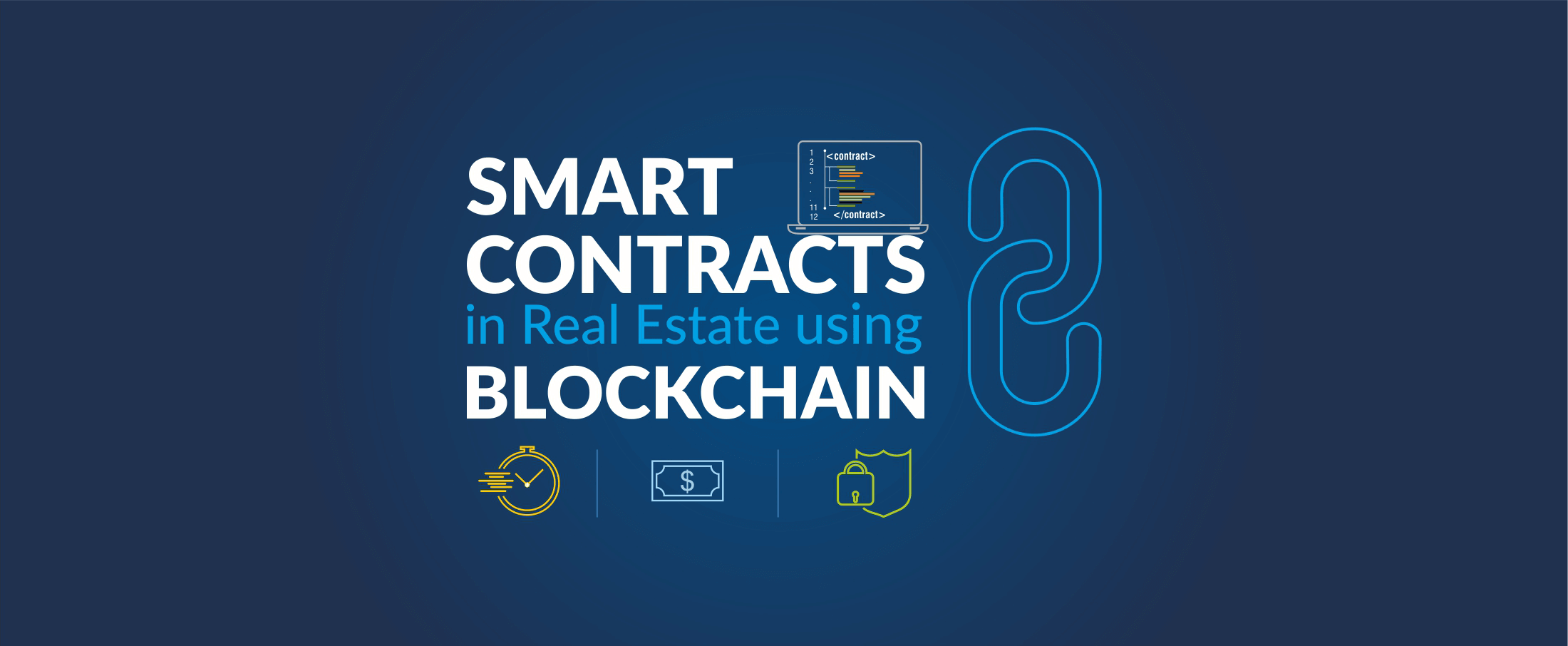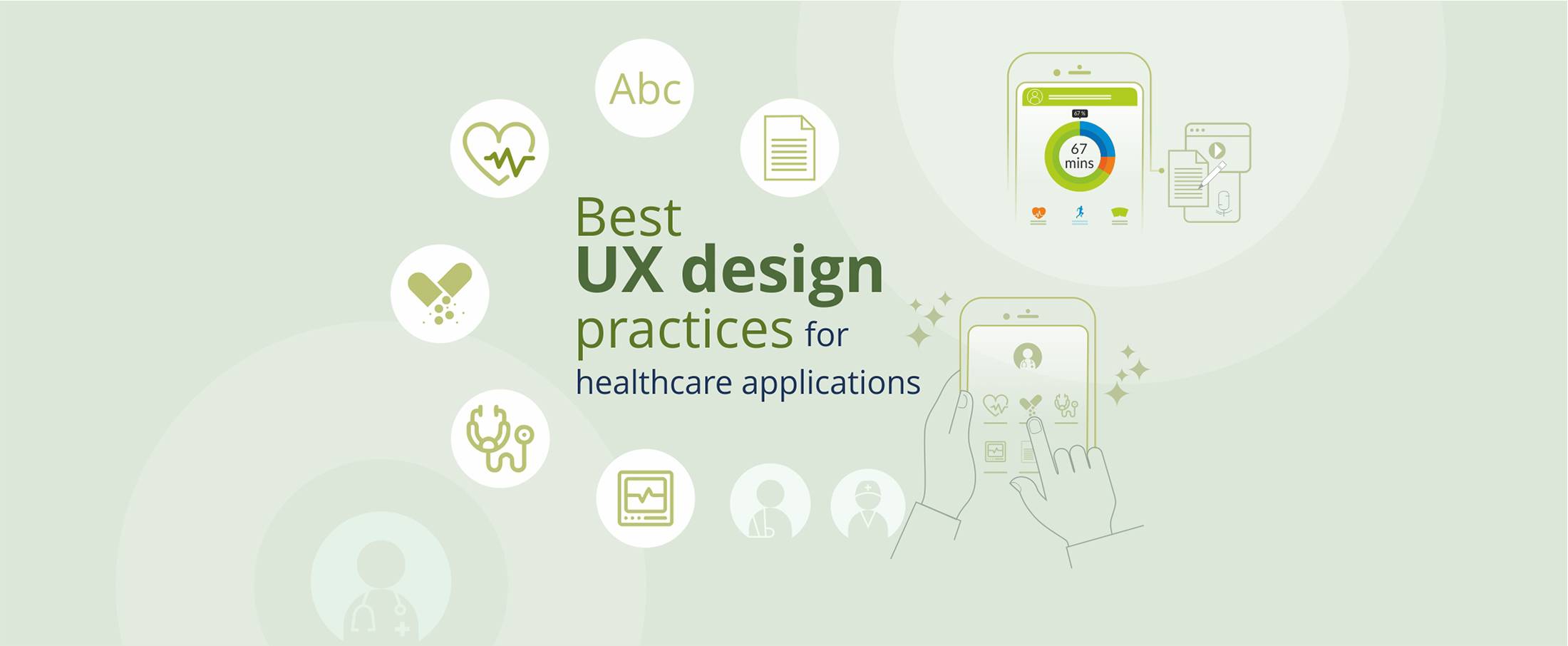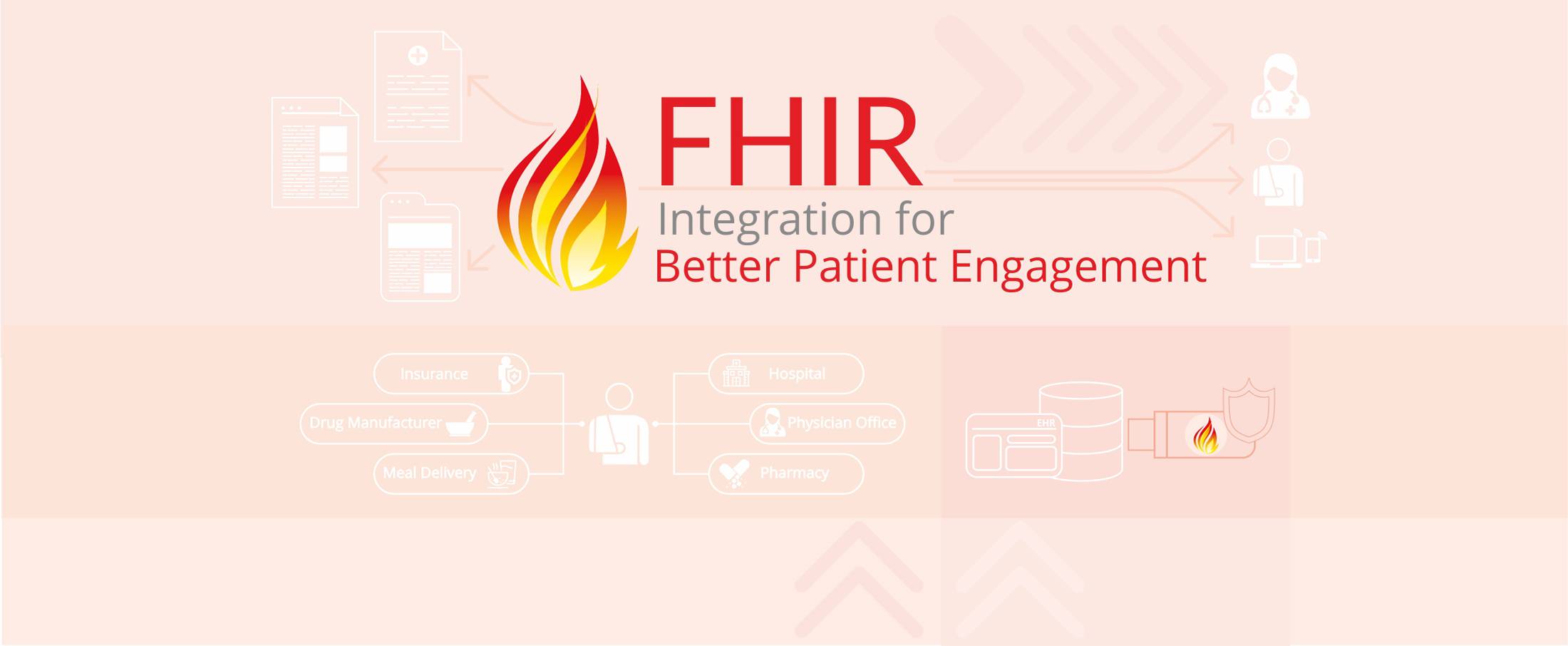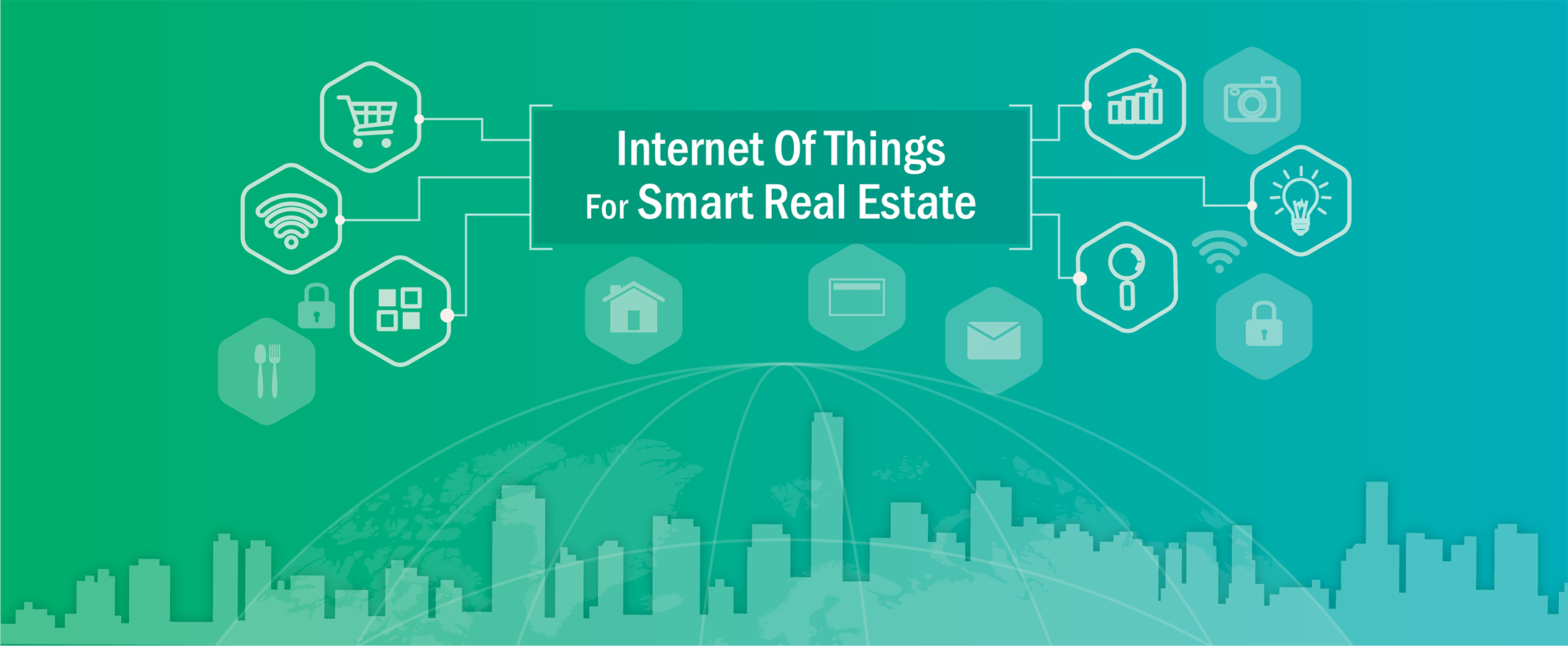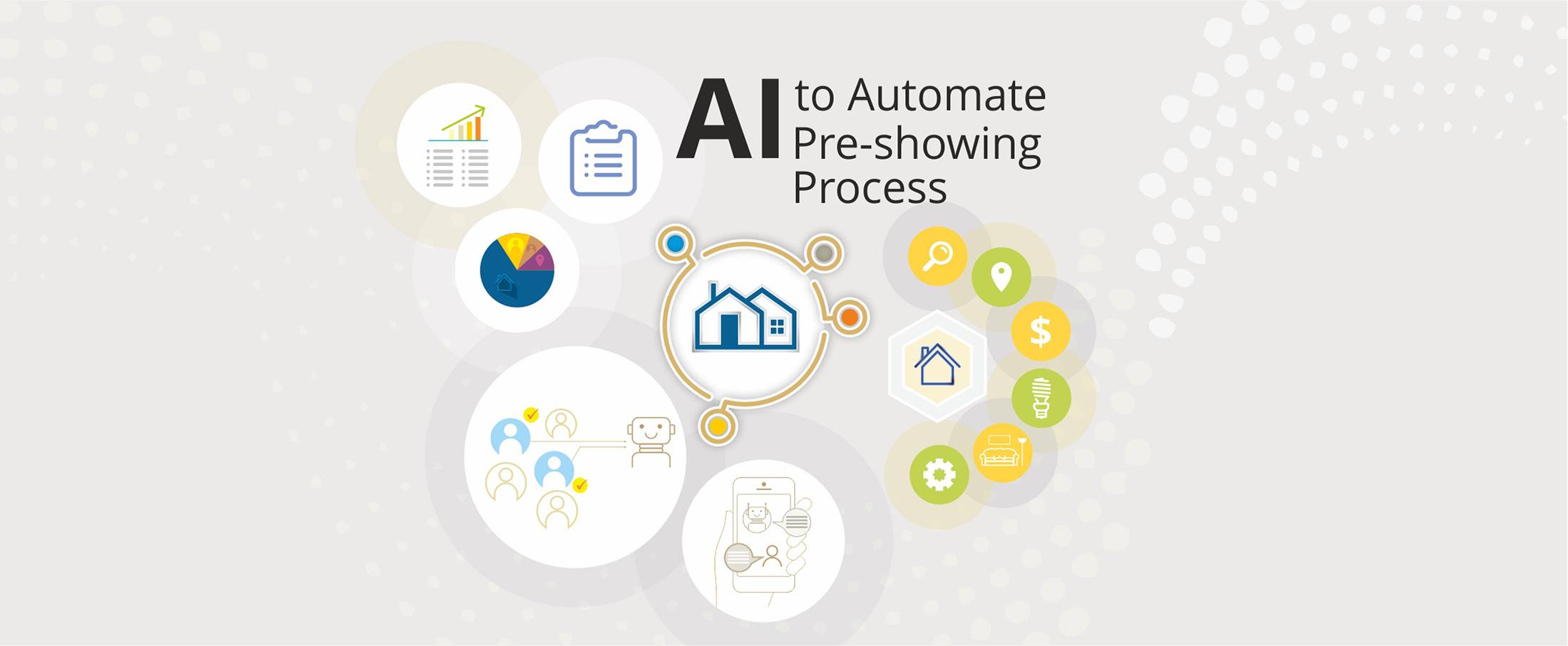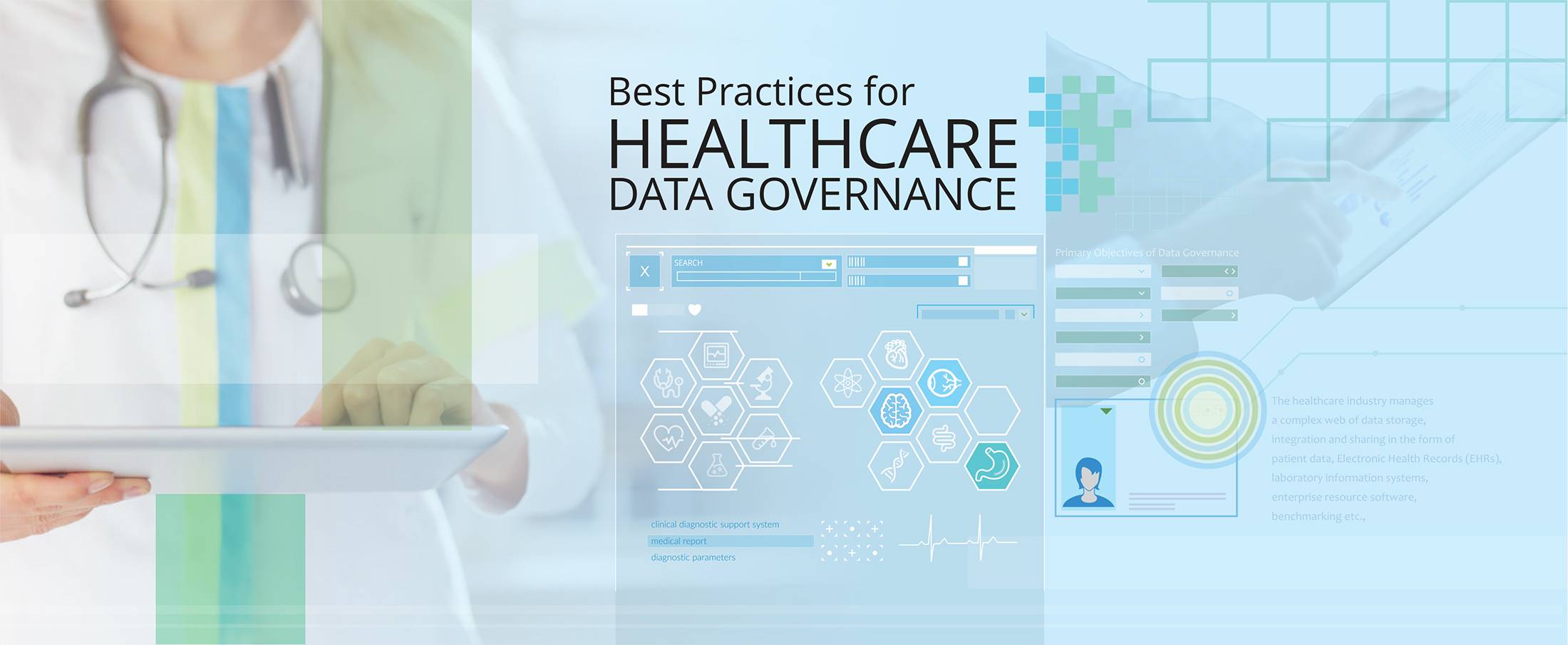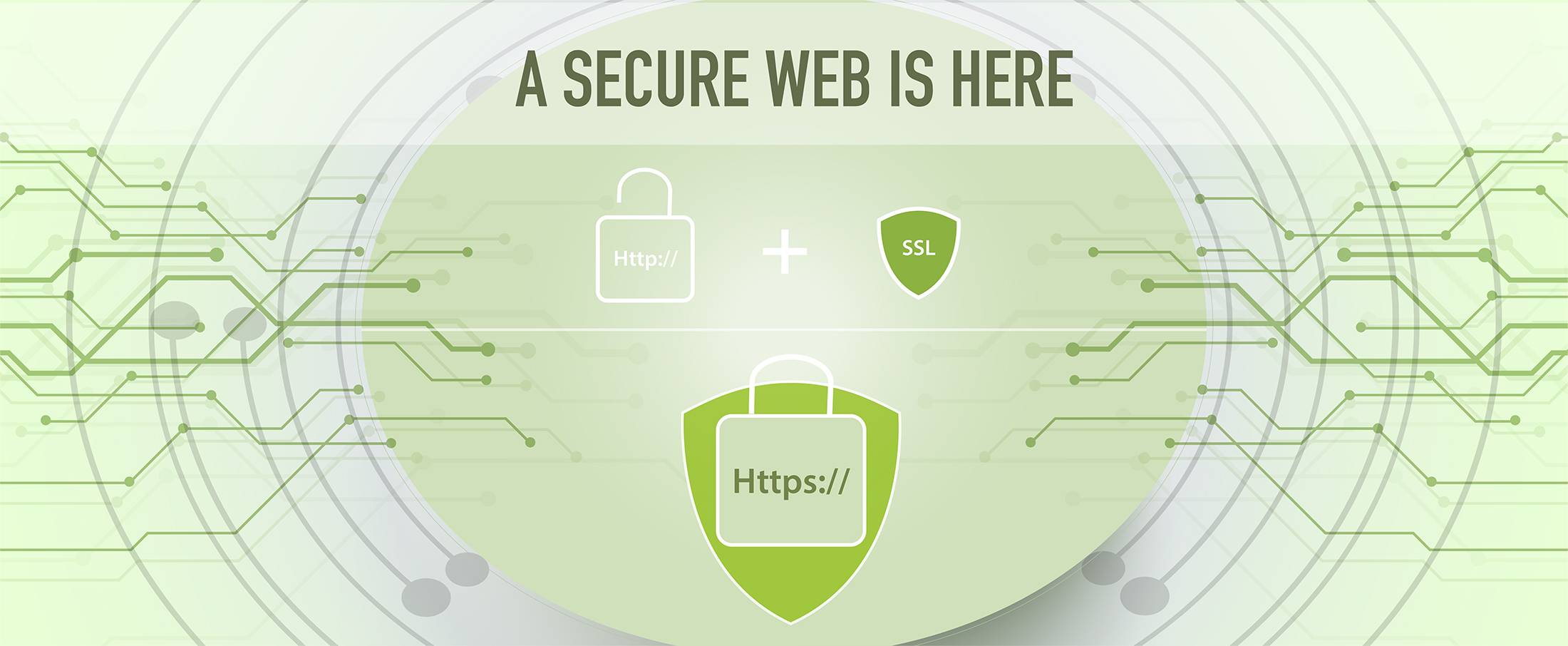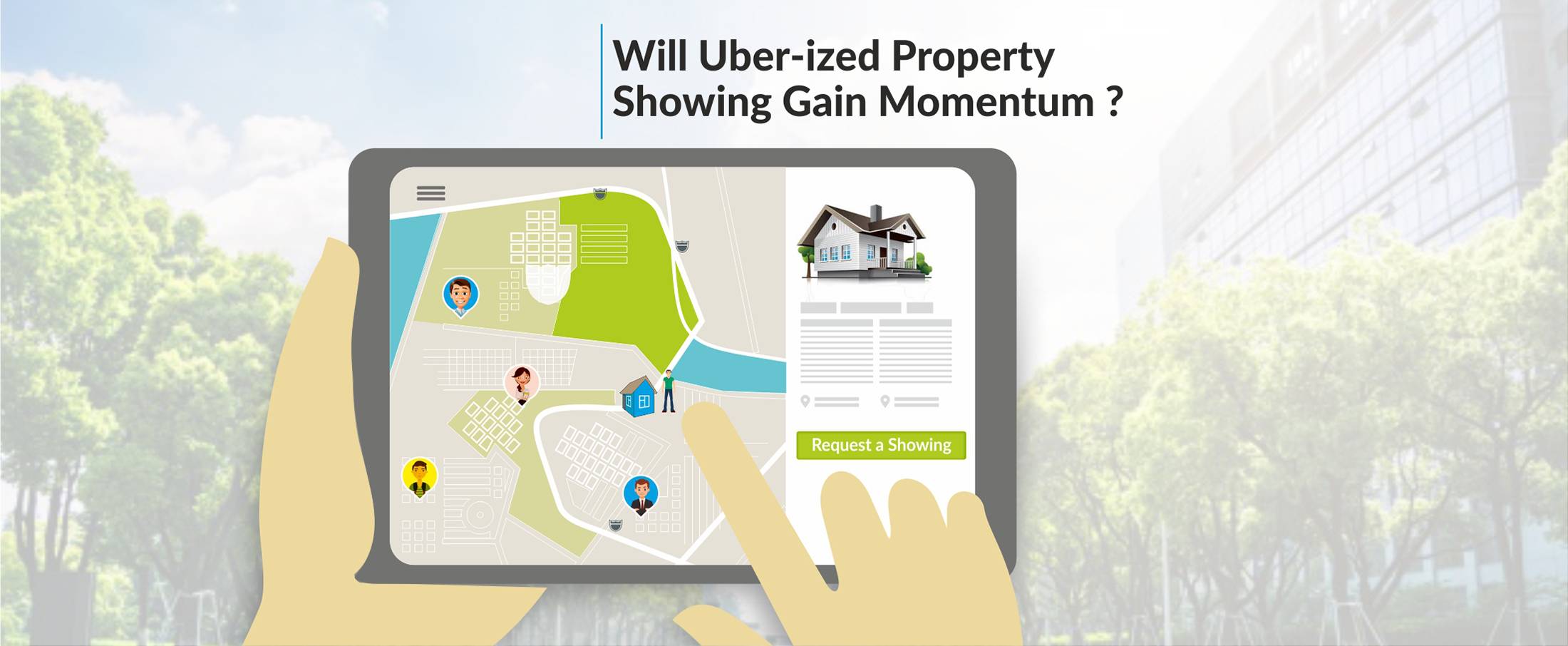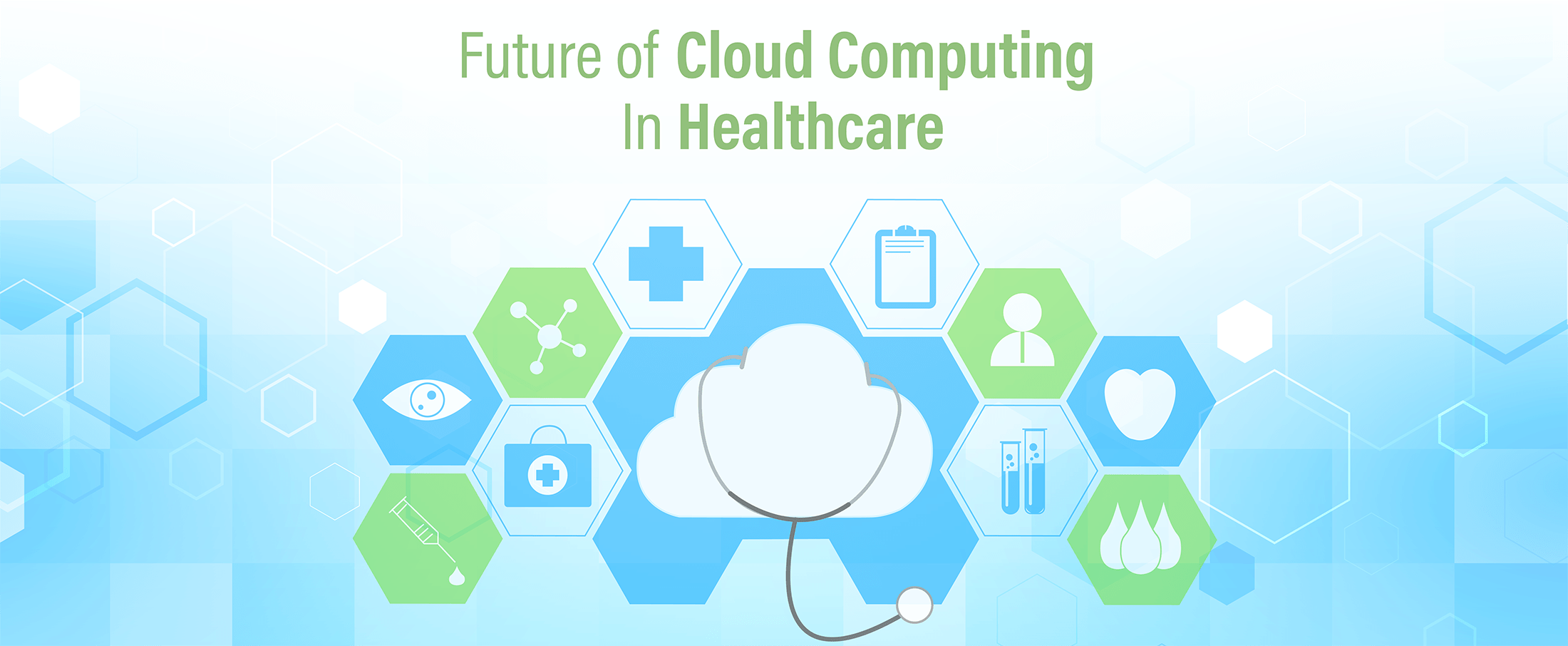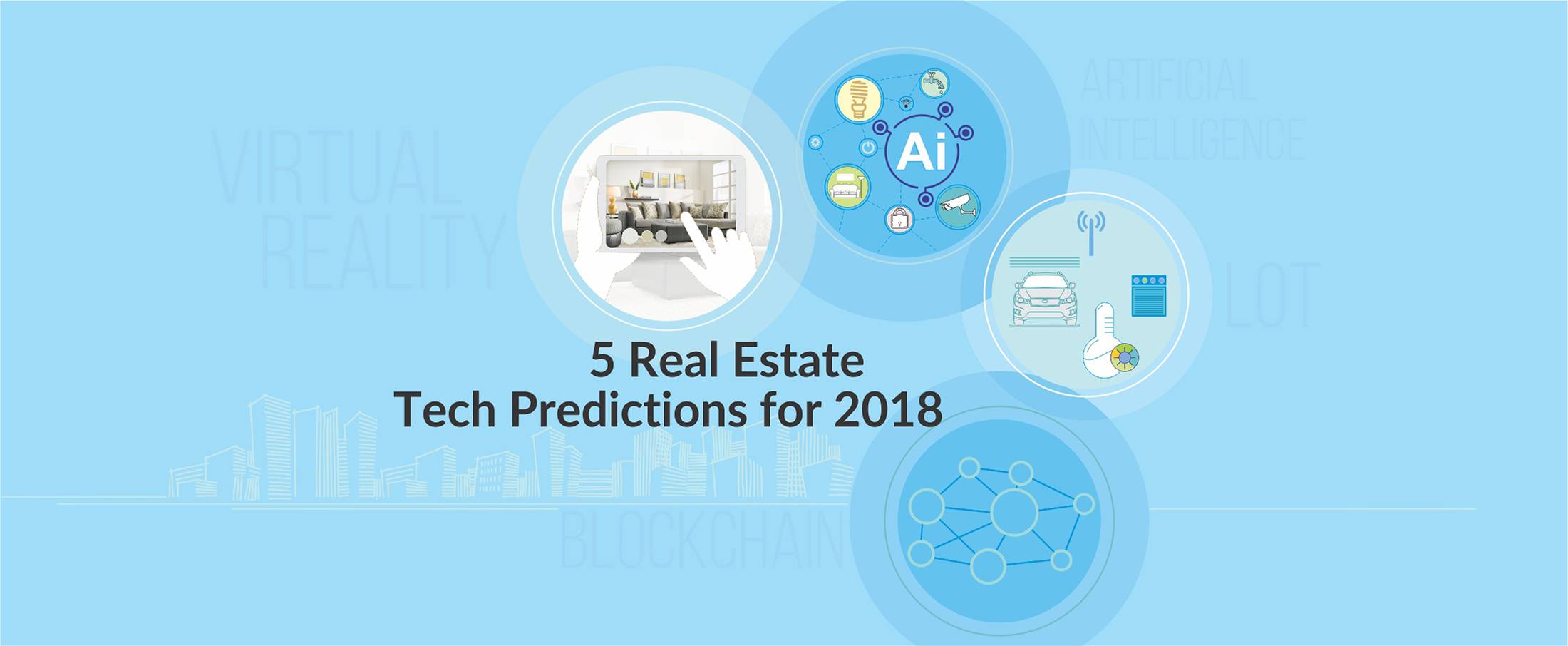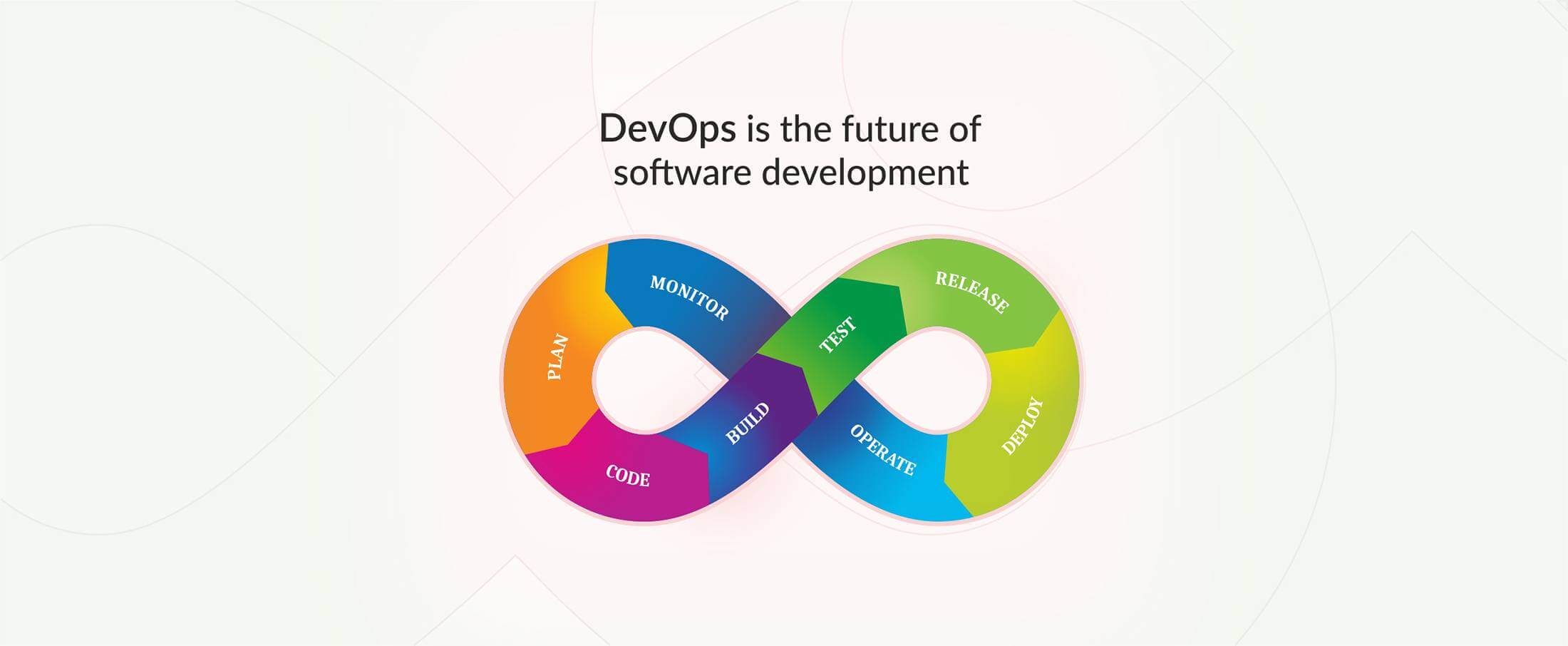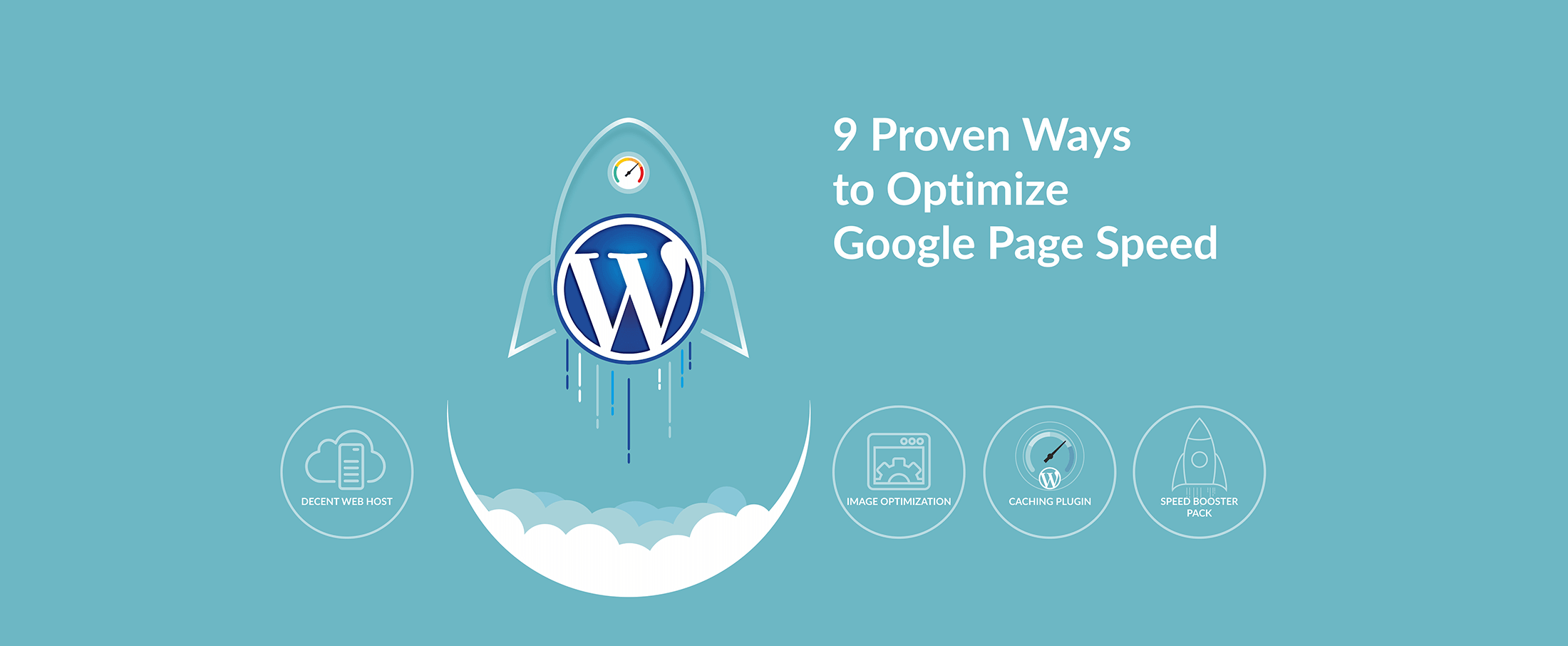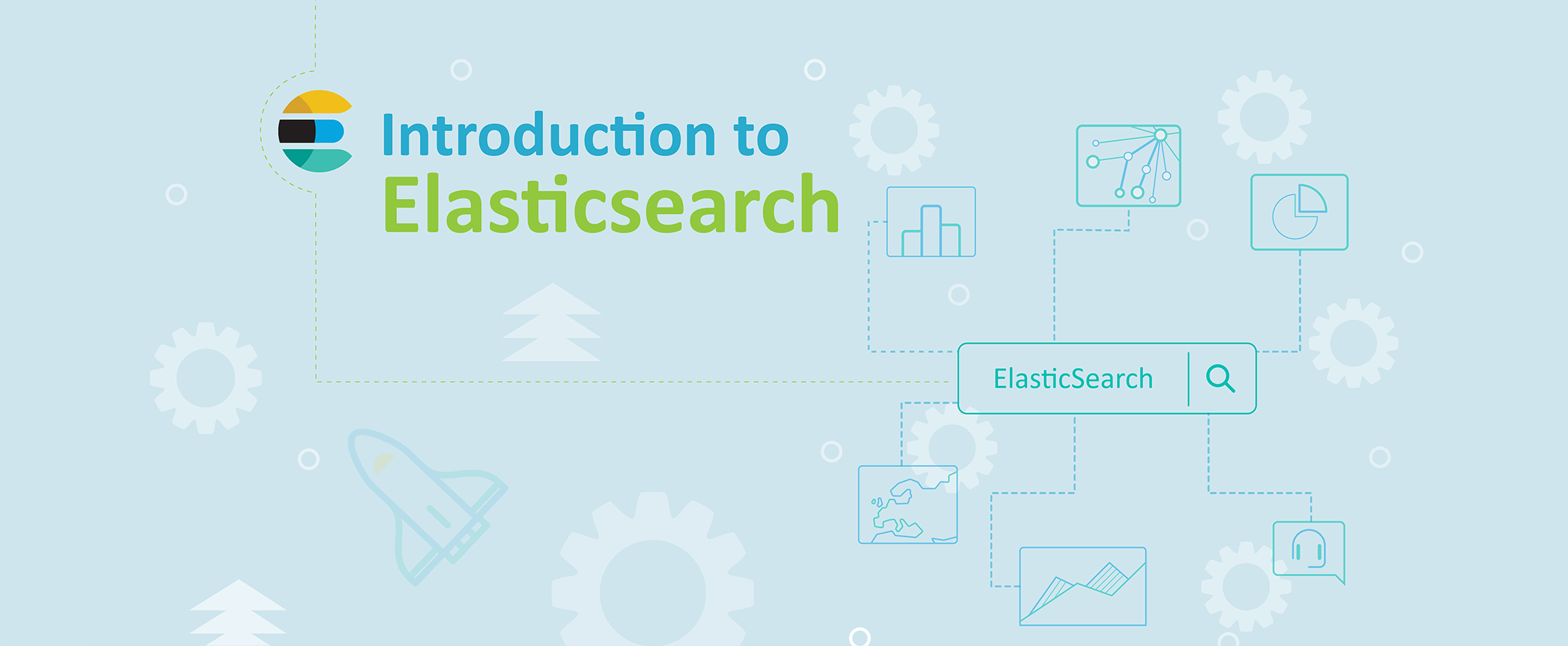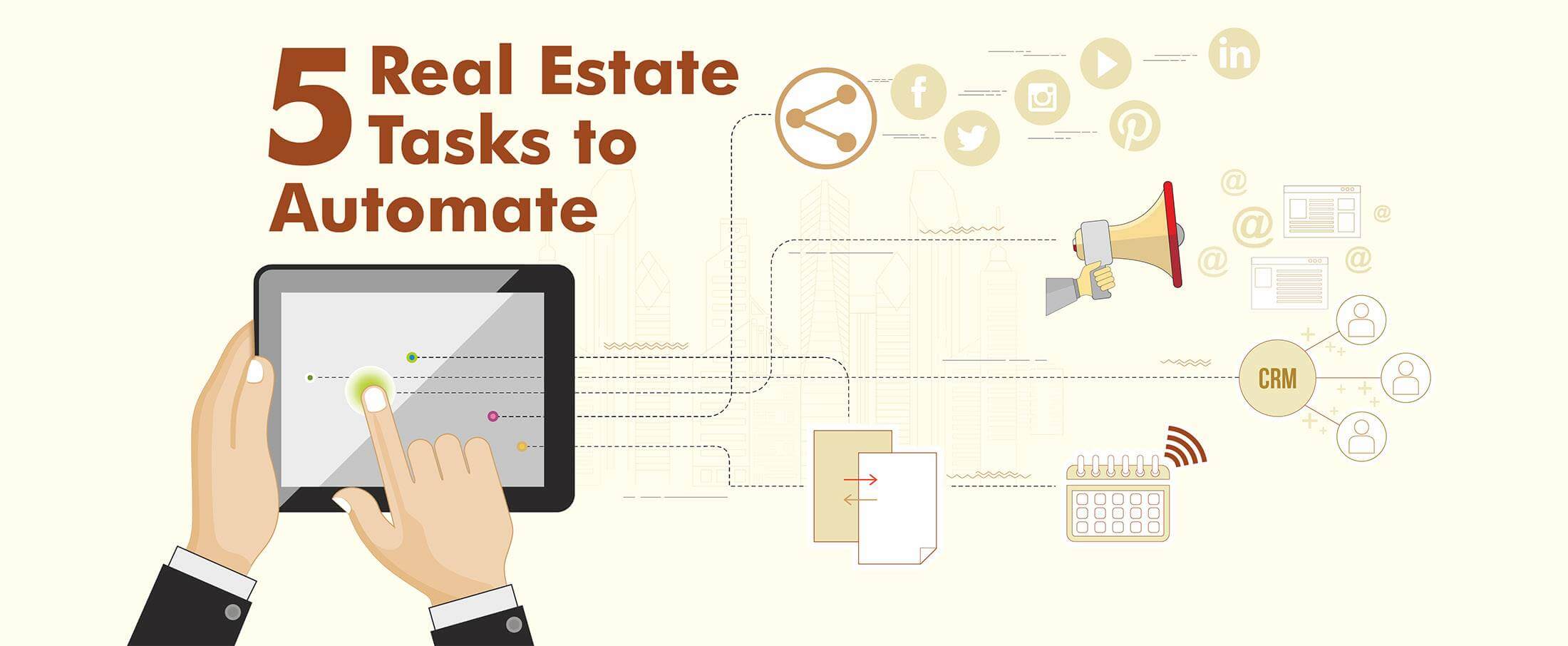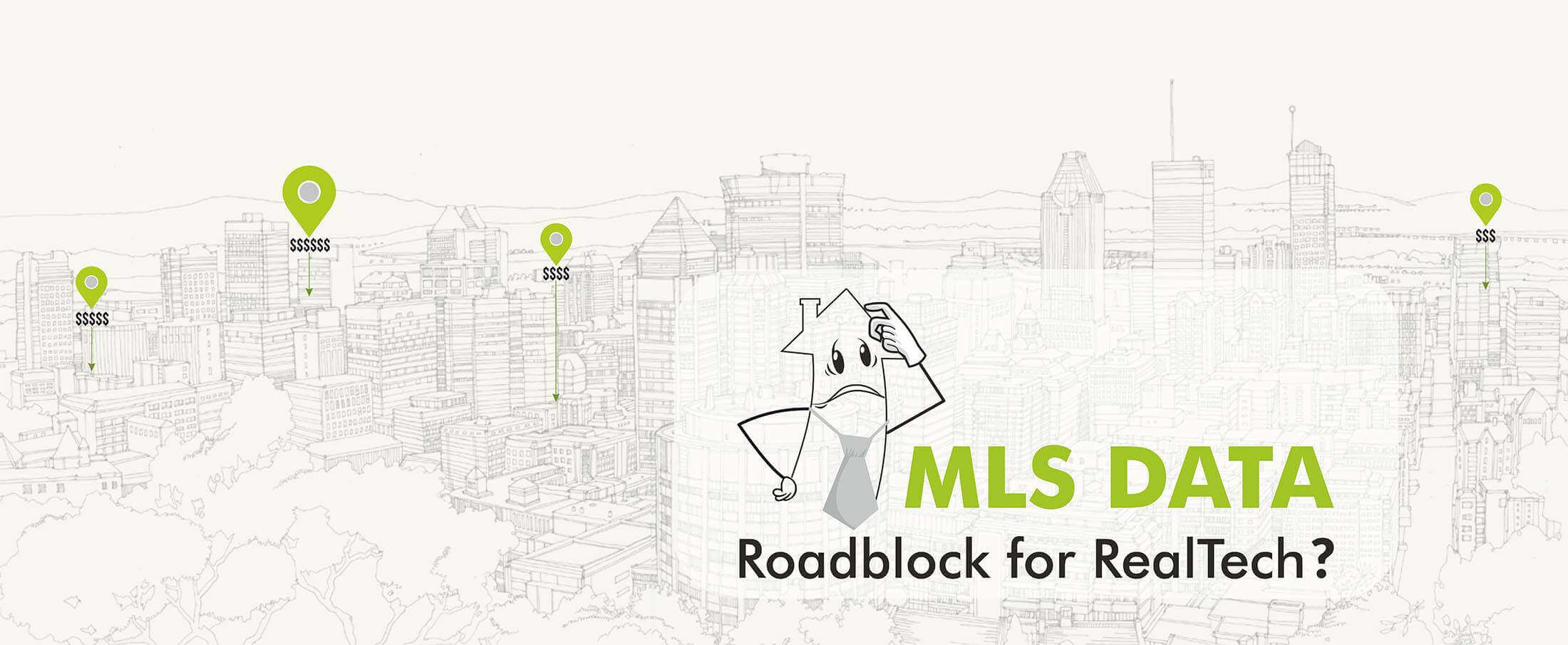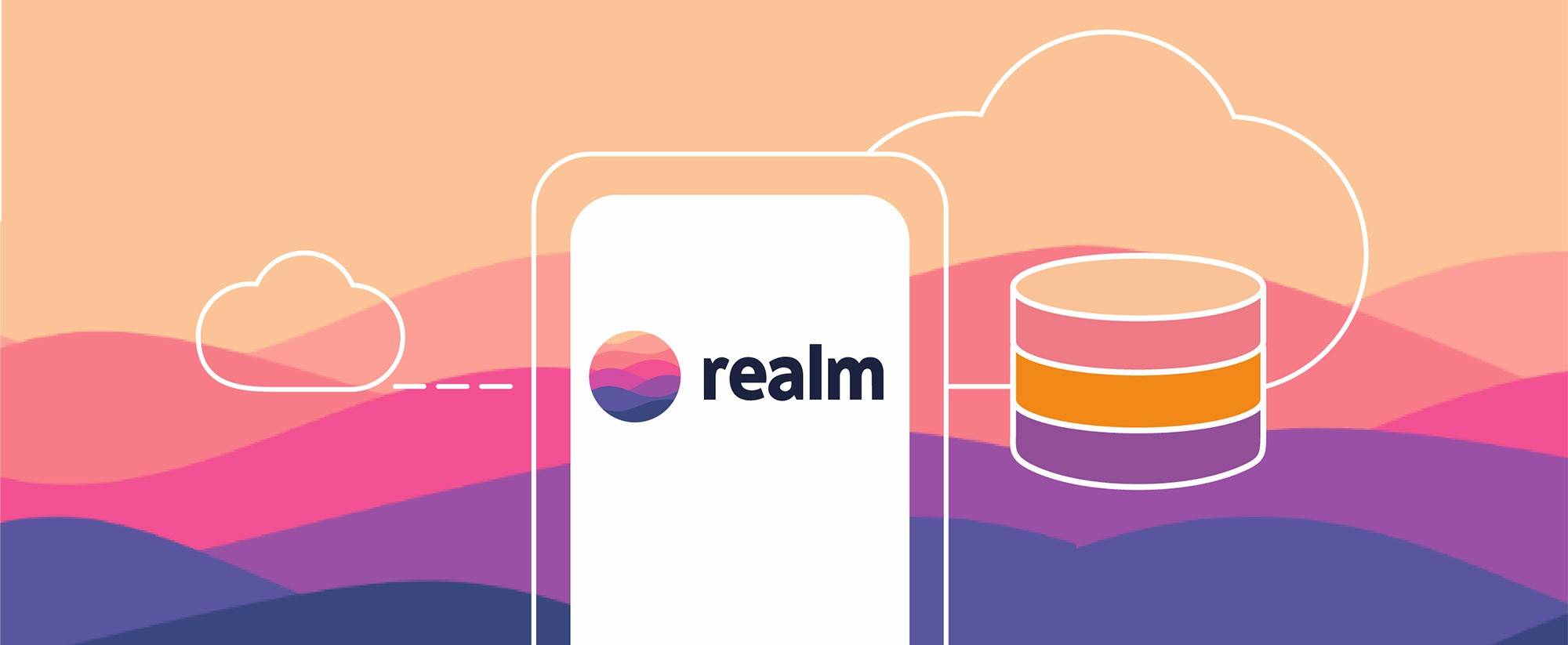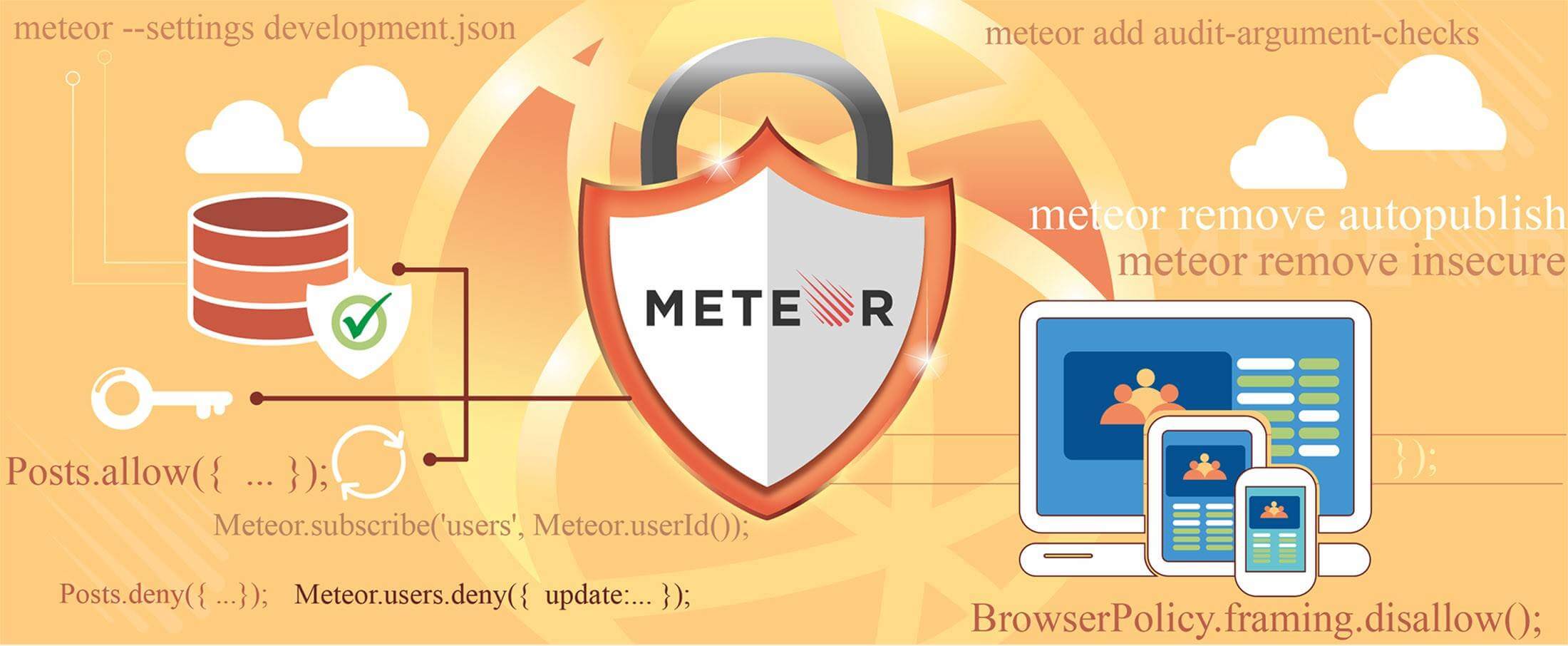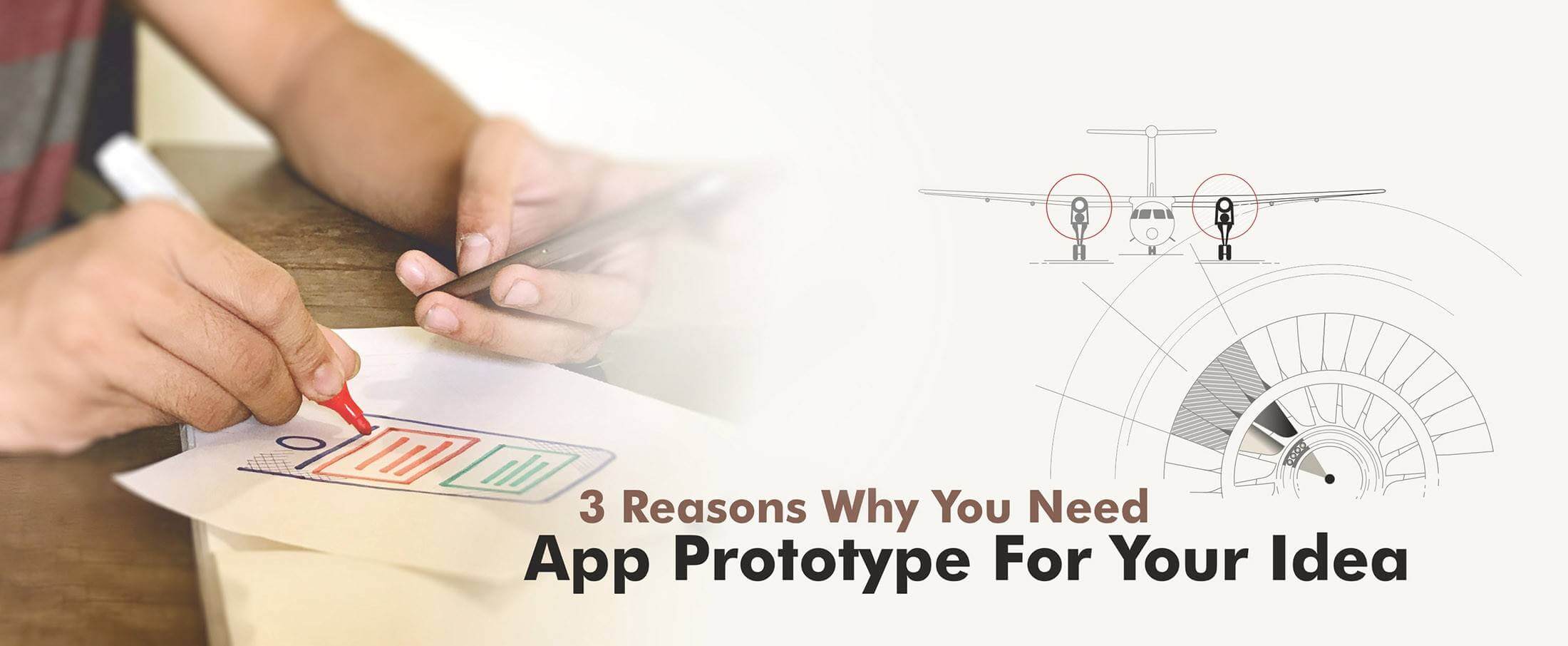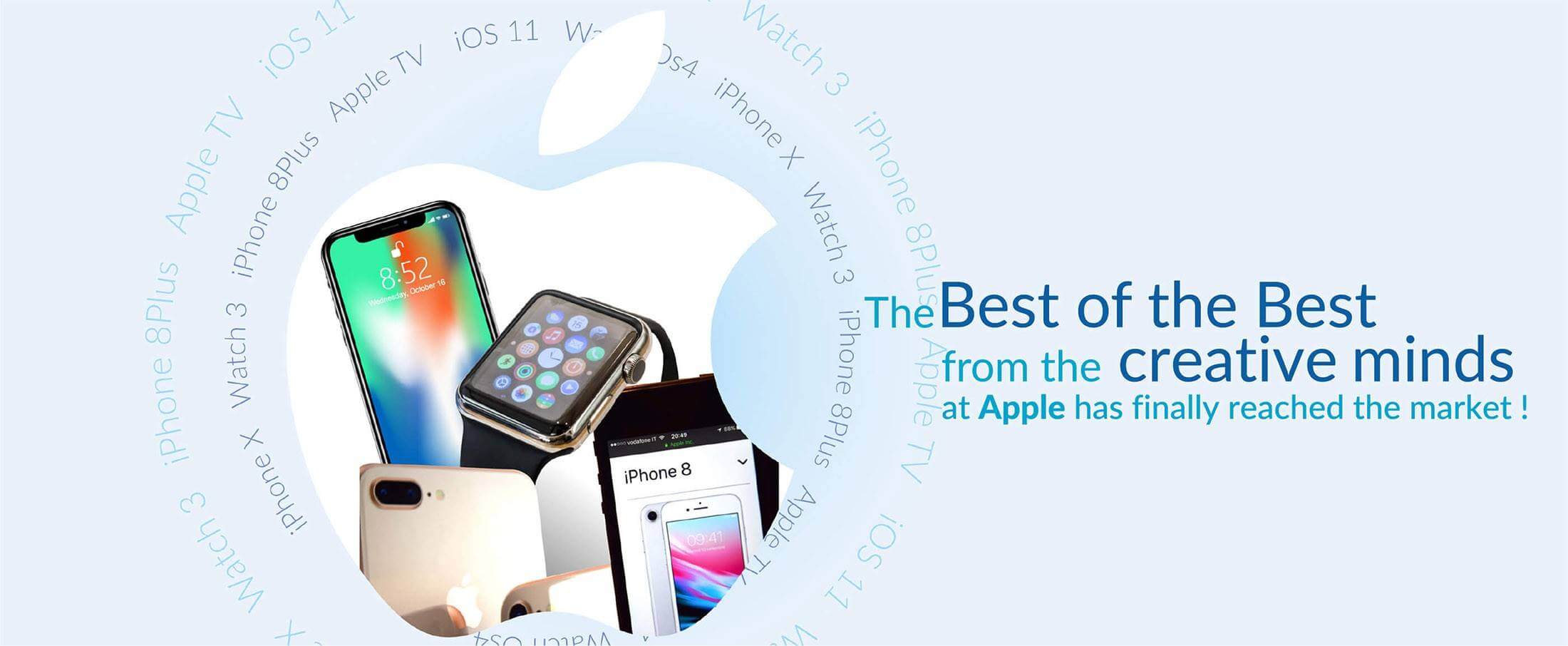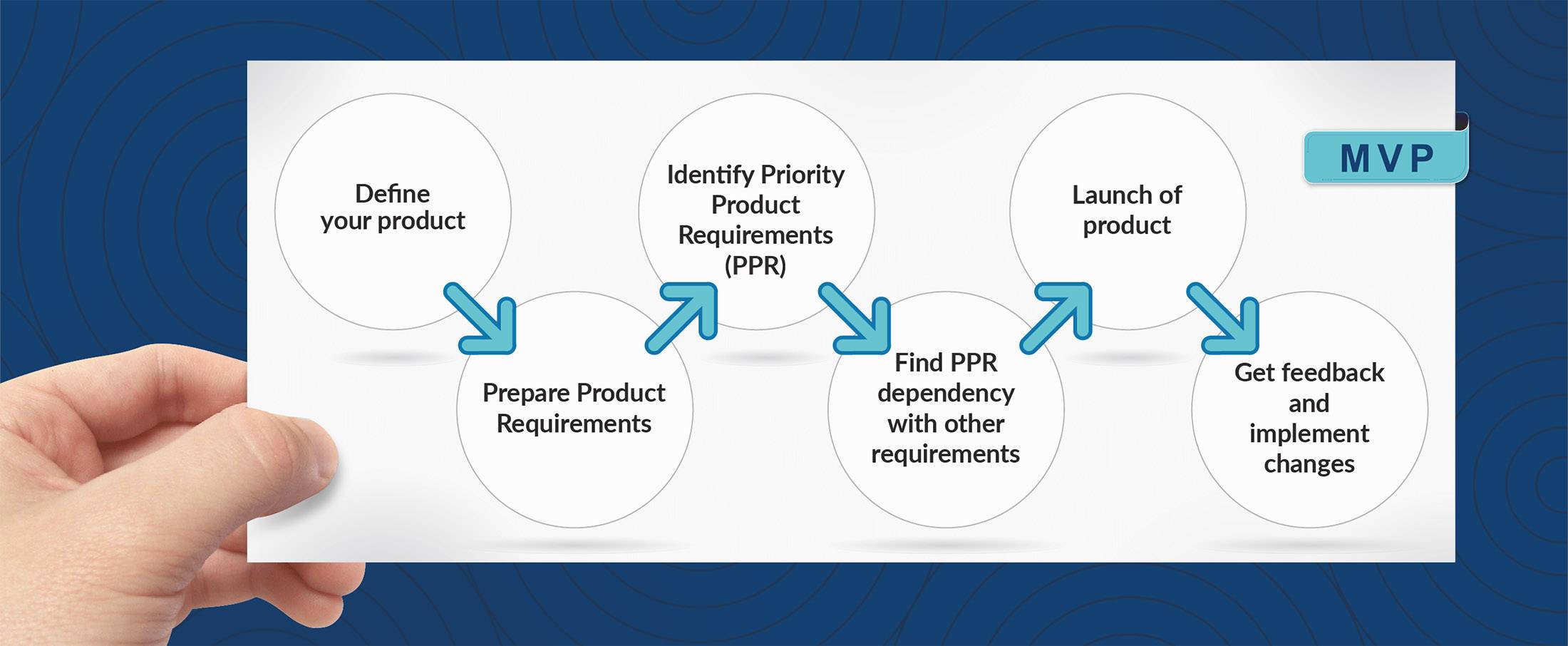Improving Patient Care with Chronic Care Management
Improving Patient Care with Chronic Care Management
The Centre for Medical and Medicaid Services is a US federal agency, with 4100+ employees, and works under the United States Department of Health and Human Services. It aims at improving the growing concerns regarding inefficient treatment, quality of care with rising costs. It is an attempt to administer chronic care management services to promote health insurance portability standards and ensure public health.
The Centre for Medicare and Medicaid Innovation attempts to create models that help in lowering the cost of healthcare in various state programs. It works in partnership with the state government to provide Medicaid, which is a program that helps the people within the lower-income strata with medical costs.
It includes various services such as personal care treatment, nursing home care etc. These benefits are included in the Medicare program, which is a national health insurance program (1966) began under the Social Security Administration. It primarily helps the people aged 65 or more but also younger individuals who are suffering from a disability or are at the last stage of renal disease. The Medicare Trustee Reports have some fascinating figures; they have been able to provide health insurance to around 52 million people, aged 60 and about 8 million people of younger age.
What is chronic care management?
Simply put, Chronic Care Management (CMM) services are an integral part of primary health care. It is provided to the Medicare beneficiaries who are suffering from multiple chronic diseases. Their aim is to improve the rising cost associated with treatment, so besides the service parameters, the physicians must encounter this problem of ineffectively billing the patients.
It is care coordination conducted, outside the premises of the regular hospital or office, for the patients suffering from chronic diseases that are expected to last for a year or so, or until the death of their patients. Medicare started paying separately for the CMM services (2015) to ensure proper care and treatment, under the Physician Fee Schedule. This means that at least 20 minutes will be provided to the patient who’s suffering from chronic diseases and the practitioners will now bill for a calendar month. They come up with the following codes for billable care.
CCM code
- CPT 99490 – At least 20 minutes of time needs to be provided to the patients. It needs to include the medical history and the treatment plan for the patients. Most of the Medicare claims are billed under this code. However, the patient should be able to fulfil the following conditions-
- Multiple chronic conditions which are expected to last for 12 months, until the death of the patient.
- The patient is at the risk of death, functional decline and or acute exacerbation.
- CPT 99491 – This includes the Chronic Care Management Services personally provided by the practitioner for at least 30 minutes of qualified professional care time per calendar month. The following conditions must be fulfilled –
- The chronic condition should put the patient at risk of death, functional decline, which is expected to last for 12 months.
- Accordingly, a new comprehensive plan needs to be established that assesses the patients’ medical condition.
Complex CCM codes.
- CPT 99487 – It includes a 60 minutes timed service given by a professional. It involves revising and comprehending a new plan which adheres to the patients’ medical condition. It needs to fulfil the following requirements –
- Multiple chronic conditions that put the patient at significant risk of death, functional decline or disability.
- A revised and comprehensive plan for the patients.
- Moderate or high complex decision making.
- CPT 99489 – It includes an additional time of 30 minutes which cannot be billed with the CPT 99489. Complex CMM services need to be provided for a time duration of 60 minutes.
What do these chronic diseases include?
- Asthma
- Atrial fibrillation
- Diabetes
- Depression
- Arthritis
- Autism spectrum disorders
- Alzheimer’s and other types of dementia
- Cancer
- Infectious diseases such as AIDs / HIV
- Cardiovascular diseases.
Can technology transform chronic care management?
Well, technology has expanded its horizons to each and every aspect of modern lives, including the health sector, then why not chronic care management? Since it’s an attempt to administer healthcare services to a wide range of people, it is even more important to use technology to ease the way. Digital health technology can improve the statistics, the quality of treatment and can also help in building a bridge of communication between the doctors and the patients. Cue digital health technology includes services such as remote monitoring, mobile health apps, activity trackers and etc. These services can not only help in building communication but also makes this entire process much easier.
Some of the ways in which technology has helped in bridging these gaps are: –
- Remote monitoring – Most of the patients enrolled in the program cannot afford to visit the doctor repeatedly for treatment or do not have adequate support from their families. So, using remote monitoring by implanting a sensor which then directly transmits the data to the physician in charge, reduces the risk of hospitalization. It is especially effective for patients suffering from cardiovascular diseases, as electronic devices such as the cardioverter-defibrillators can be implanted. Precaution is better than cure, right?
- Using smartphones (Medical apps) – Everything is just a click away, right? Then why not your doctors, especially when patients are suffering from chronic diseases? Mobile technology has made a huge impact on the way the healthcare industry works. There are currently 2,59,000+ health apps available across various platforms. These have especially benefitted the patients because they simply have to use the app to self-regulate and diagnose the problems. These medical apps also help in keeping a record of the patient’s medical history and also send these details to the doctors in charge periodically. According to a recent analysis, it has been confirmed that these medical apps have a huge effect on the way a patient regulates his/her medical condition. It also reduces the cost of travelling, as the patients and the caregivers can communicate via these apps.
- Trackers – Wearable technology has the potential to provide real-time results. It has changed the way in which one looks at accessibility. They can keep track of your calories and can inform about the present workout levels. However, the potential of wearable technology has not been discovered fully. There has been a drop rate in its usage, but with constant improvement and research, the healthcare industry can use it to its full potential.
Barriers to adoption of new technology in chronic care management
It is important to understand and utilize this new technology. Although, it has not reached its full potential as of yet because there are many barriers to it, such as: –
- Many people are quite hesitant to adopt new technology and prefer maintaining the status quo. Therefore, the technology in chronic care management should be employed in such a way that it flourishes the workflow and does not hamper it
- There are many patients who can not afford the cost of these smart devices and as a result, prefer the traditional methods. There is a need to make these devices more affordable.
- These devices require a stable internet connection to function properly. In the absence of a reliable internet connection, their purpose is defeated. Therefore, internet connectivity in rural and remote areas must be bolstered.
- A large number of patients prefer meeting their doctor in person as they like one on one interaction. Therefore, it is essential to educate them regarding the benefits of using modern technology.
Technology has the potential to ease the way in which chronic care management functions. It increases accessibility and is also cost-effective. It is time to use it efficiently. However, it is the responsibility of the program managers to utilize it for the help of the patients and the caregivers.
How CMM does helps you?
It helps in establishing proper care coordination; the patient is benefitted and taken care of by a team of dedicated individuals. It reduces the risk of any mishappening with the help of regular follow-ups, check-ins. This will help in maintaining the health of the patient.
The patients will receive a proper plan as to how to deal with this disease. The physicians will inform them of their weekly goals, proper diet plans, they may also get a list of additional resources such as community services which include unpaid caregiver institutions.
It will help patients in self-management, keeping in touch with their treatment will also motivate them. They might feel more connected to this entire process, as it has a positive psychological influence on their minds.
- Chronic Care Management
- Medicare
- Remote Monitoring
Mobifilia
16 January 2020
